Ever had the need to dispose of your personal effects because of water damage? Then you would agree that water damage can be bothersome. It not only reduces the beauty of your home but it causes structural damages that may prompt discarding of the property.
More often than not, depending on the extent of water damage accrued, professional help Should be sort. The perks of having the experts do the work is that there is minimal stress involved, experience, and efficiency in getting the water out.
Water damage has an array of causes, it can be direct like the heavy downpour, floods, storms, or indirect like blocked gutters, broken pipes, leaking roofs.
There are different categories of water damage:
- Category 1 water– Refers to clean water. The source of this water does not necessarily pose a significant threat to human health. It is water from broken pipes, faulty water lines, sink overflow.
- Category 2 water– Also called Greywater. The water here contains a significant degree of contaminants is it physical, chemical, or biological that can interfere with the health of an individual. Examples are water leaks from dishwashers or washing machines, sump pump failures.
- Category 3 water-referred to as black water. It is very unsanitary and it contains a collection of several harmful microorganisms and bacteria which could cause diseases. Their sources include sewage, seawater, toilet backflows, and so on.
So, is there a special way of getting your home back to normal in spring valley, CA? Well if you do not count the location, there basically is not a different plan in the management of water damage here. It follows the general ideal sequence of getting your home back be it by individual effort or by contracted expert care.
Safety, Assessment, and Inspection of damages
When disaster strikes, your first line of action is not to get anxious but to be safe. Survival is important, so if it is a storm, hurdle up in a safe place with family. For water damages, make sure the power is turned off because there is a potential risk of electrocution.
An assessment helps to manage the next line of action for the homeowner or professional. It helps you make the decision on whether to restore the property or not, get your personal effects safe and if you have an insurance plan, take pictures and make credible videos to get the extent of the damage and also, report your claim to get the insurance company to do all the work related to this mess
Water Removal and Packing Out
If it is a pipe or tap, turn it off. Take out the still remaining source of the water, then start the cleaning process. The longer the water seats on a surface, the more damage it is likely to cause. So along with getting your valuables from the home, you should get the water cleaned out. A wet vacuum can be used if restoration is by self, but it has been proven to not be 100 percent effective as well as efficient in getting the water out.
Moving from your home may be advised in certain situations if the damages are immense and to give room for the contractors to rehabilitate your home.
Professionals in this field have better equipment such as powerful submersible pumps, industrial wet/ dry vacuums to get the water out. The thorough inspection of furniture, toys, other property would also be carried out by them and removal of the water if the property is still salvageable. Water detection instruments such as hygrometers, moisture detectors, infrared cameras are used to find residual or concealed water so as to not leave room for the aftermath of water damage in the form of mold.
Drying
Once the water has been gotten rid of, you would want to dry the surface, because it is one thing for water to present and it is another for the surface to feel wet but no physical presence of water. Nearly all building materials retain water, the wooden floors, drywall, and so on, so if not removed can cause the destruction of the material, mold damage, and eventual loss of property if care is not taken.
Advanced drying and moisture equipment would be used in order to find and extract the maximum amount of moisture, in the end, keeping the optimum acceptable humidity of the home in check.
Disinfecting, Deodorizing and Sanitizing
These are done to eliminate mold, harmful bacteria, and odor. The experts not only use environmentally friendly substances but effective once as well so as not to predispose your home to be a health hazard. The restorable materials are sanitized and disinfected, the ones that cannot be salvaged are removed and discarded, debris is thrown away.
Repairs and Restoration
The final step in the home restoration process. It involves the repairs and even total replacement of damaged home structures. It could be something minor such as replacing a damaged carpet, drying out a mattress, replacing drywall or major such as the reconstruction of whole rooms, kitchens, and so on.
Working with your insurance adjuster every step of the way so as to collect your claim and billing your insurance company should be done promptly if you are covered.
With that said, there is a large room for prevention for water damages and not just waiting for the problems to happen. It is understandable that a high percentage of causes of water damage are seemly somewhat unpredictable for example heavy rainfalls, flooding, but what about other factors like a burst pipe, leaky roofs, and if you live in a flood-prone environment. These can be worked on in the following was so as to tackle water damage.
- Inspection of pipes, water channels, water shut-offs, hoses if leaking, and their prompt repair.
- Assessment of the roof, check if the shingles are missing, any holes in it; all should be repaired.
- Monitor any wet spots in your home especially the ones that collected water in the past. If it is a roof leak, fix it; if it is from the pipe, repair it.
- Clean your gutters and remove any debris from it; direct your downspouts away from the walls.
- Get insured against water damages and flood damages.





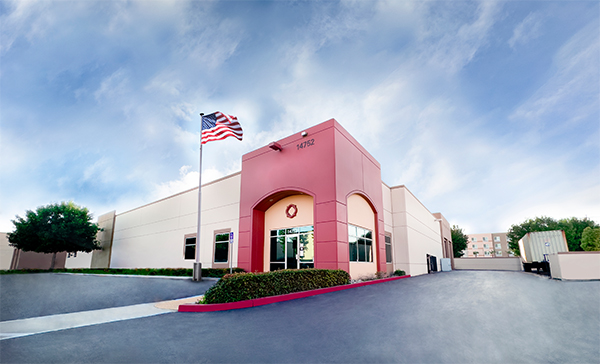

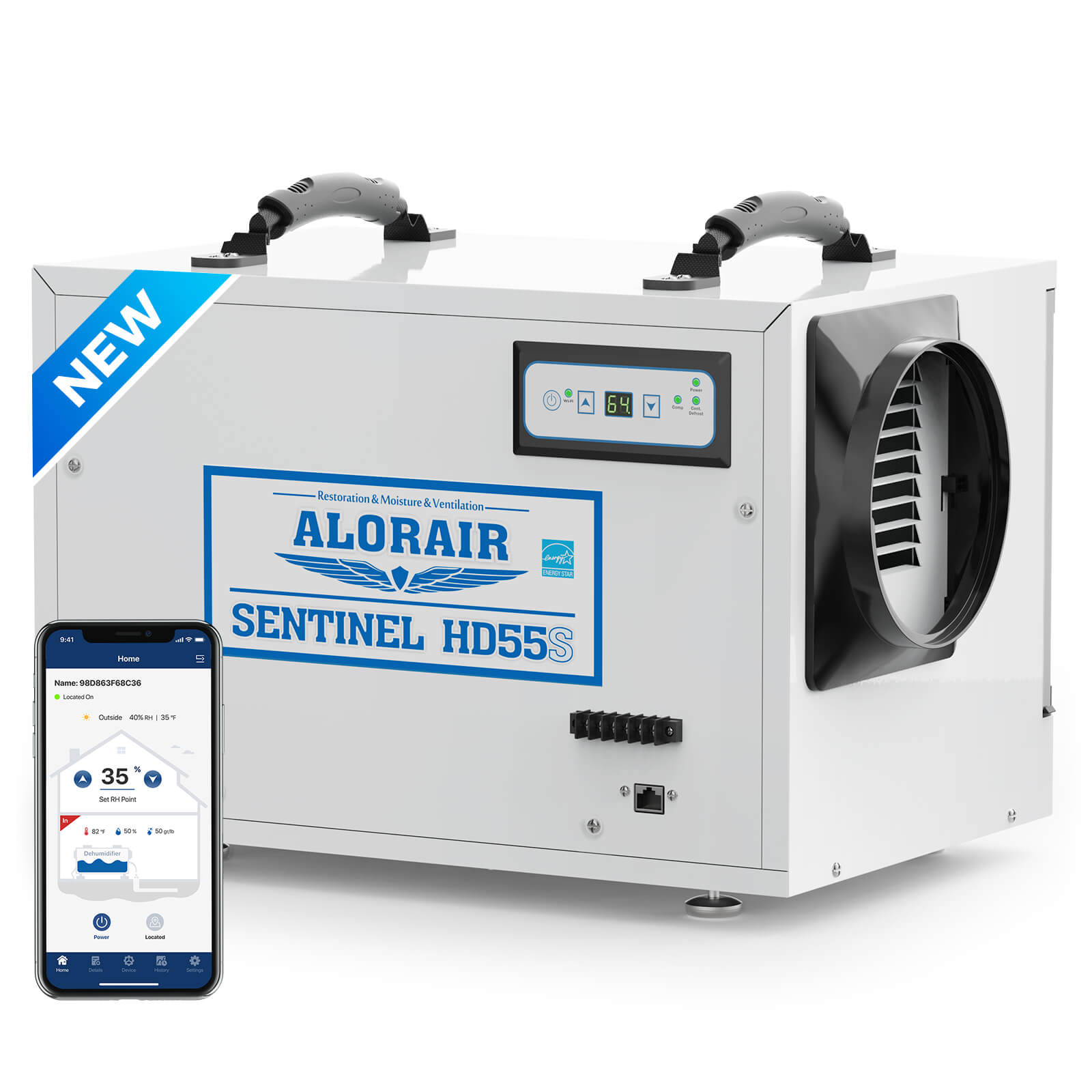
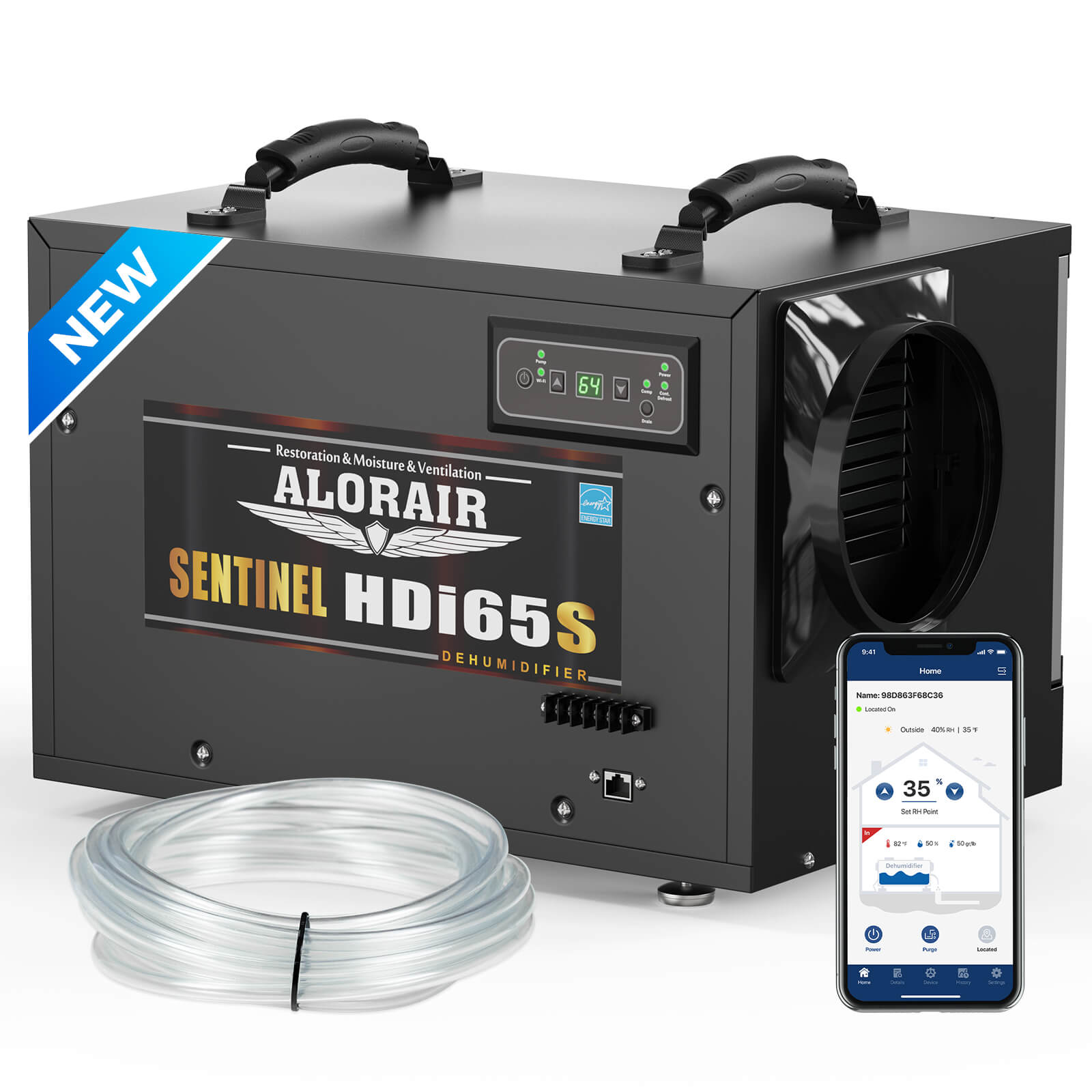
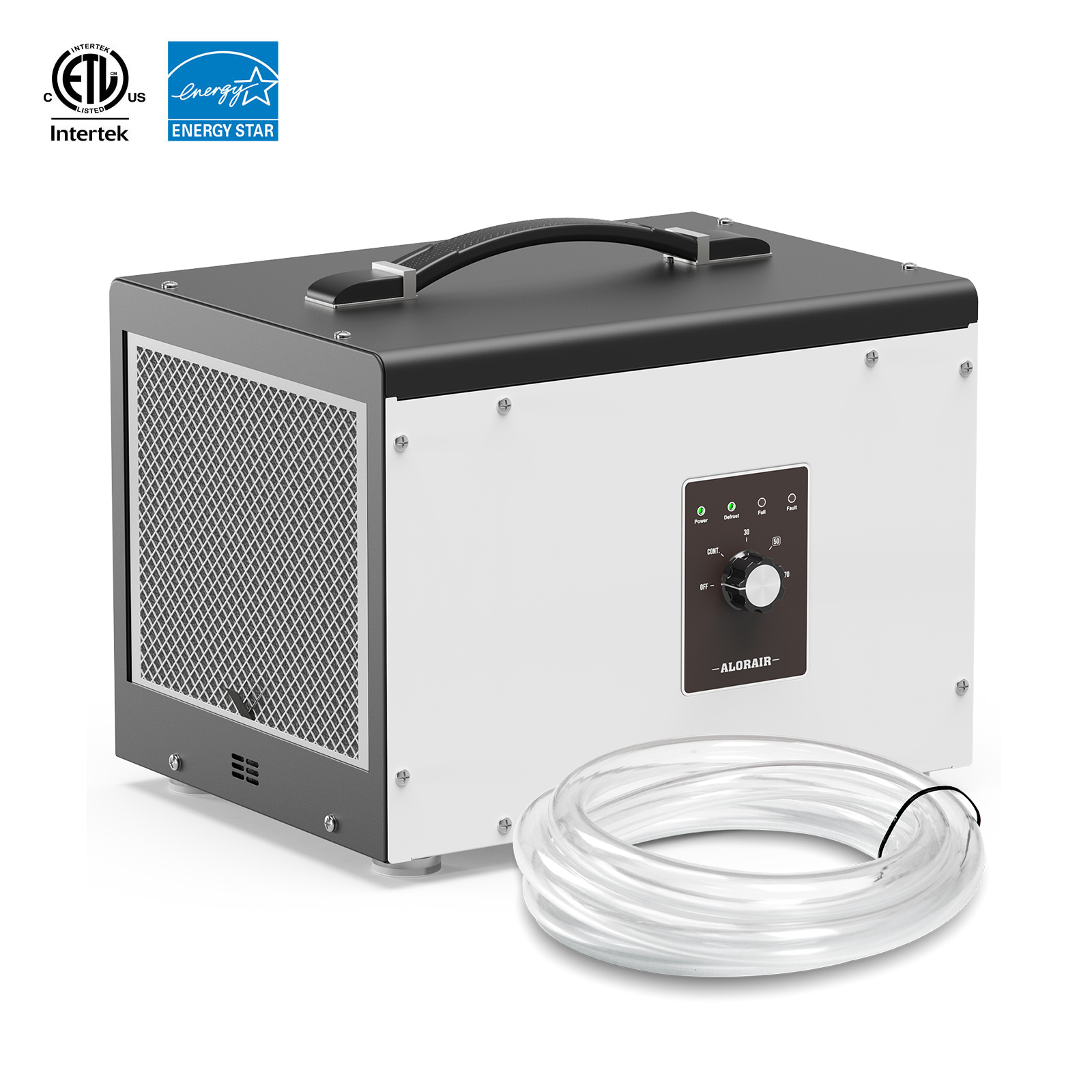
.jpg)
.jpg)
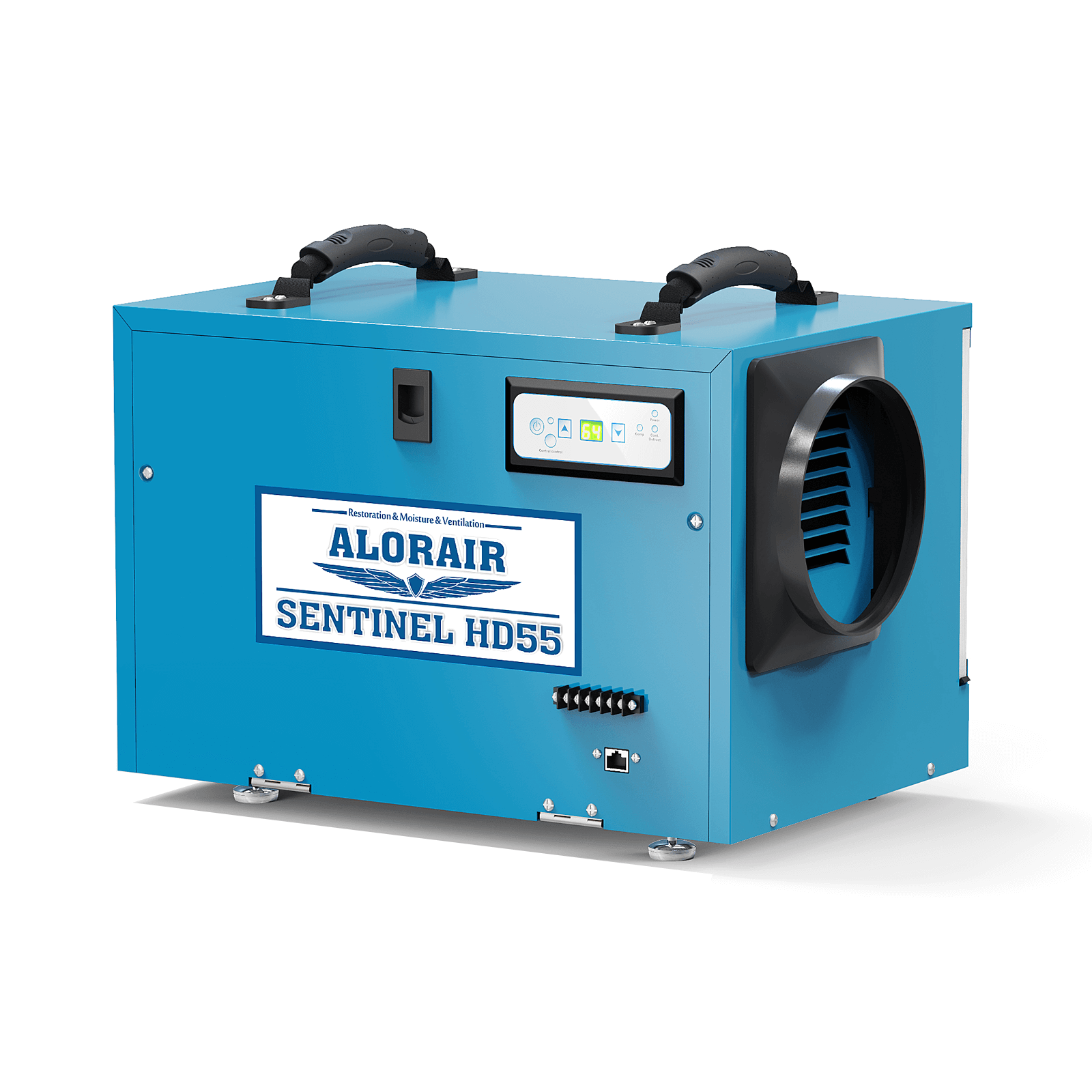
.jpg)
.jpg)
.HDi90.png)
.HD90.png)

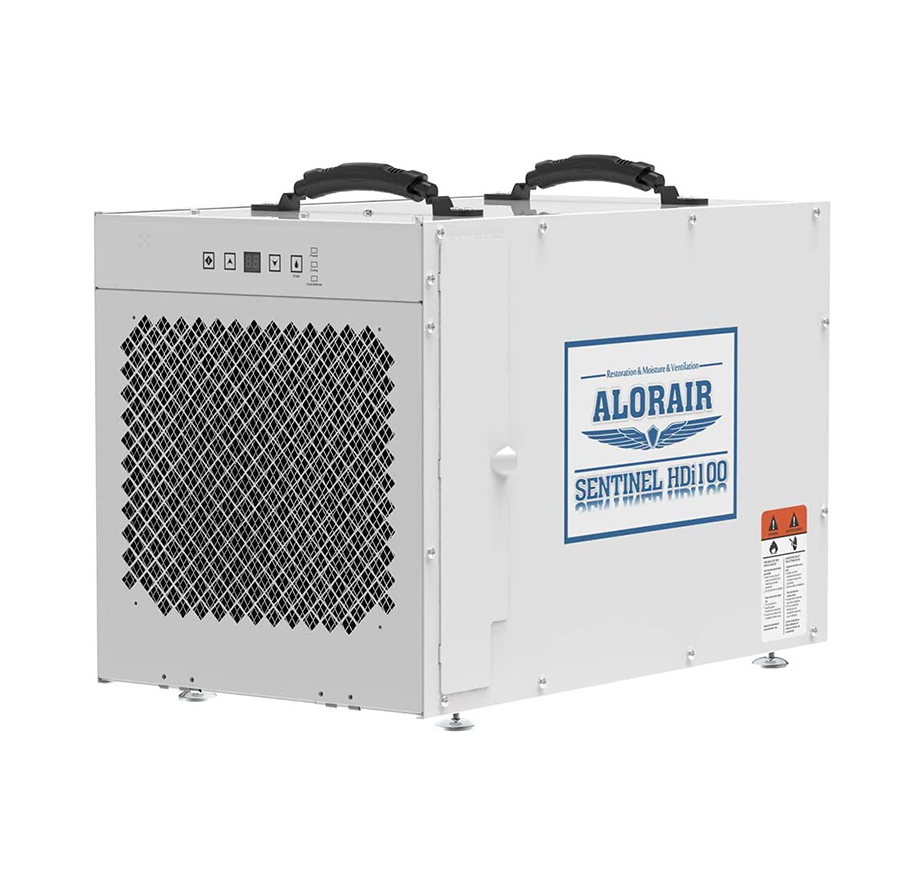
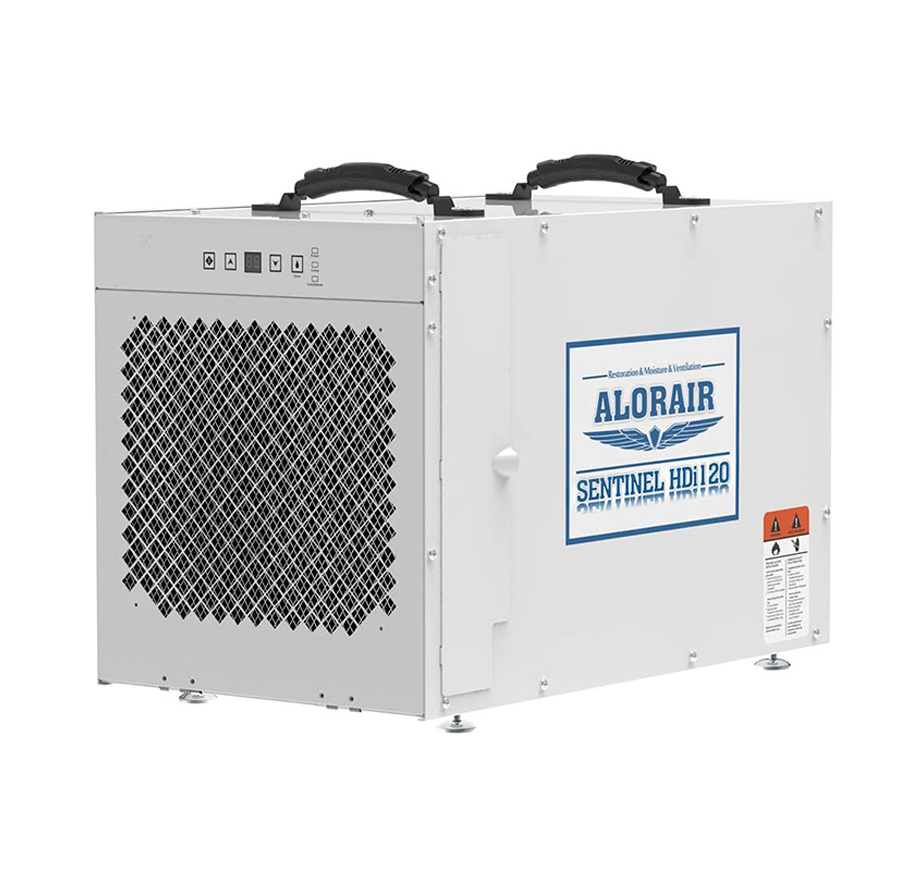
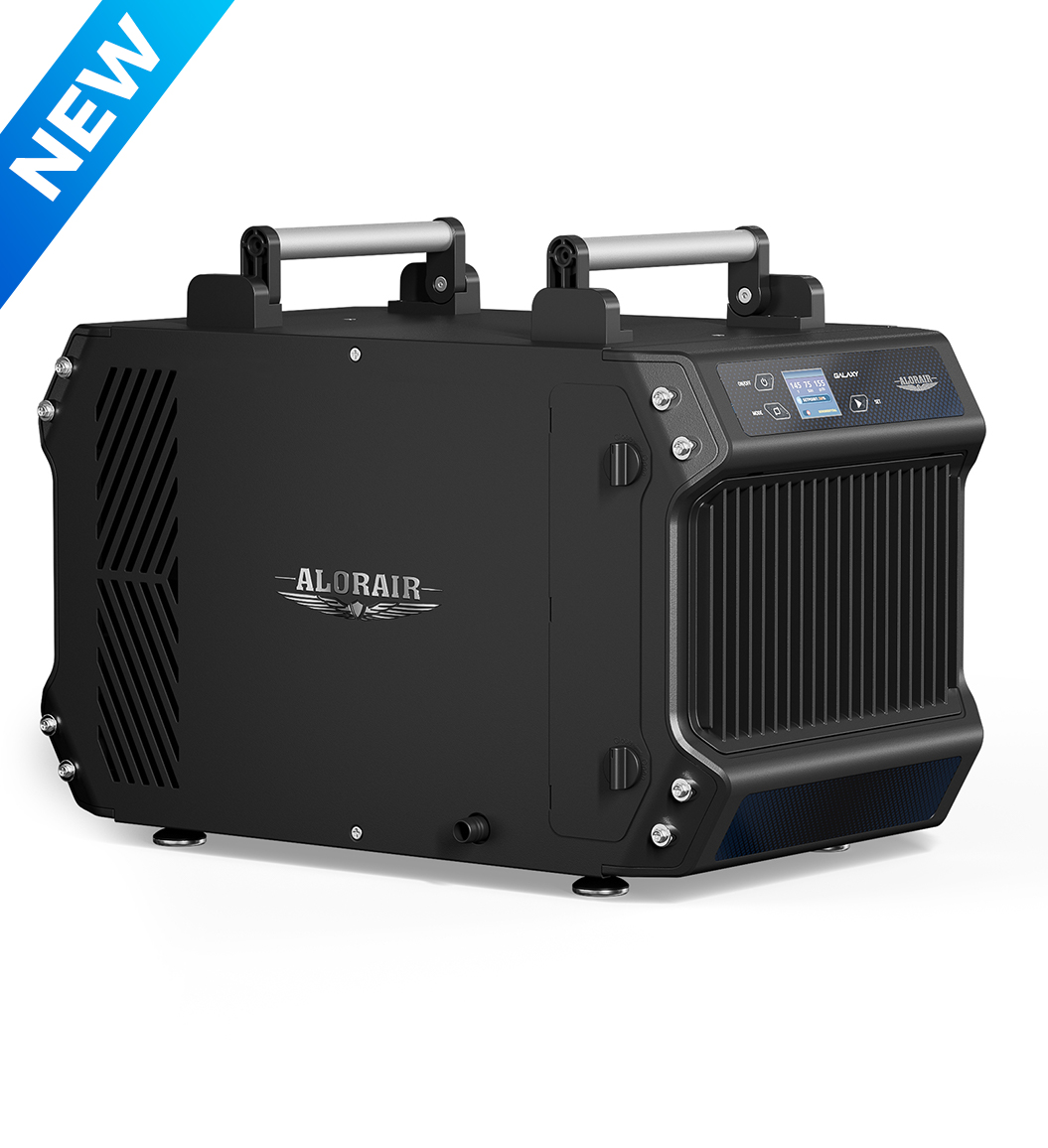
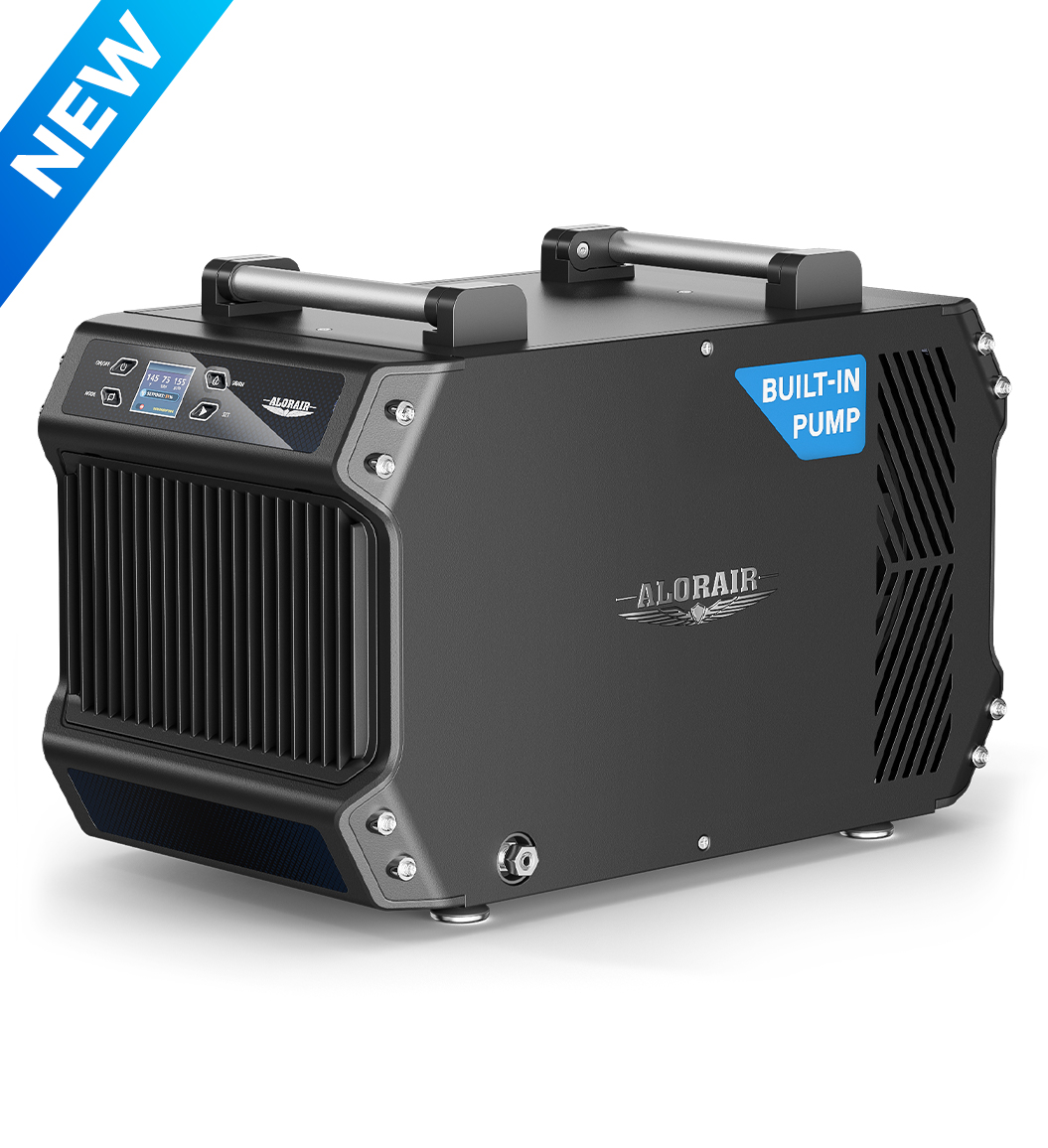




.jpg)
.jpg)
.jpg)
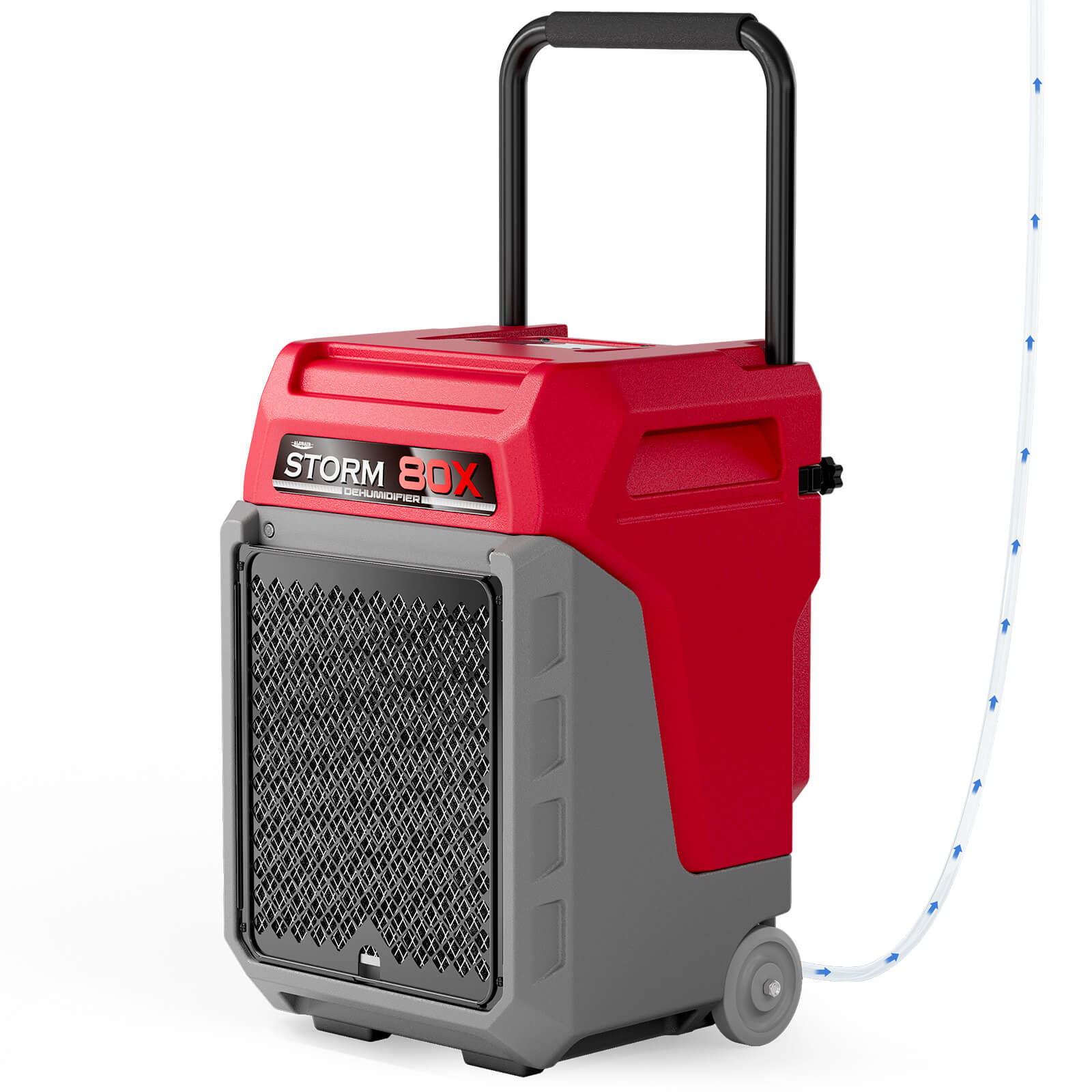
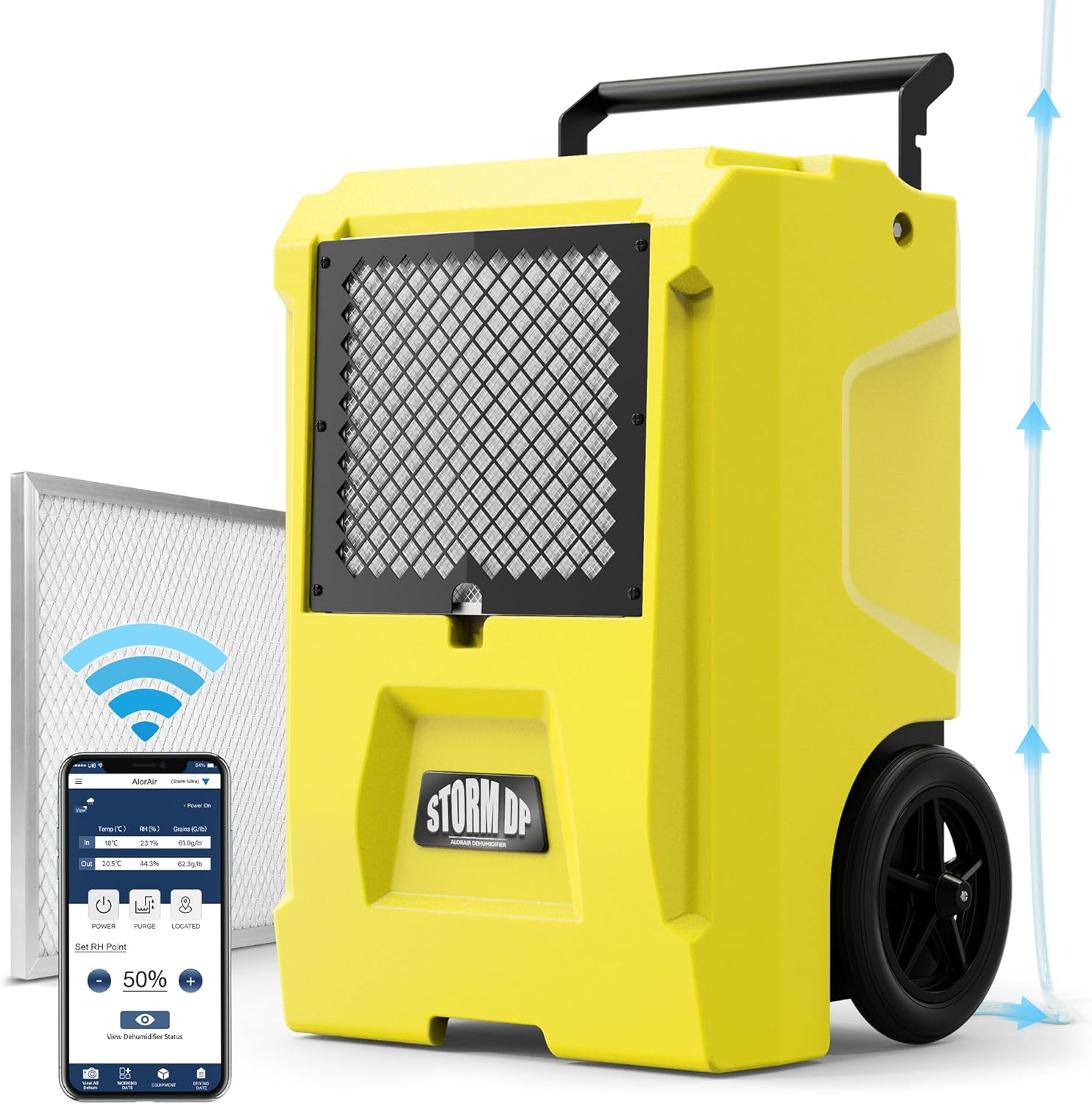
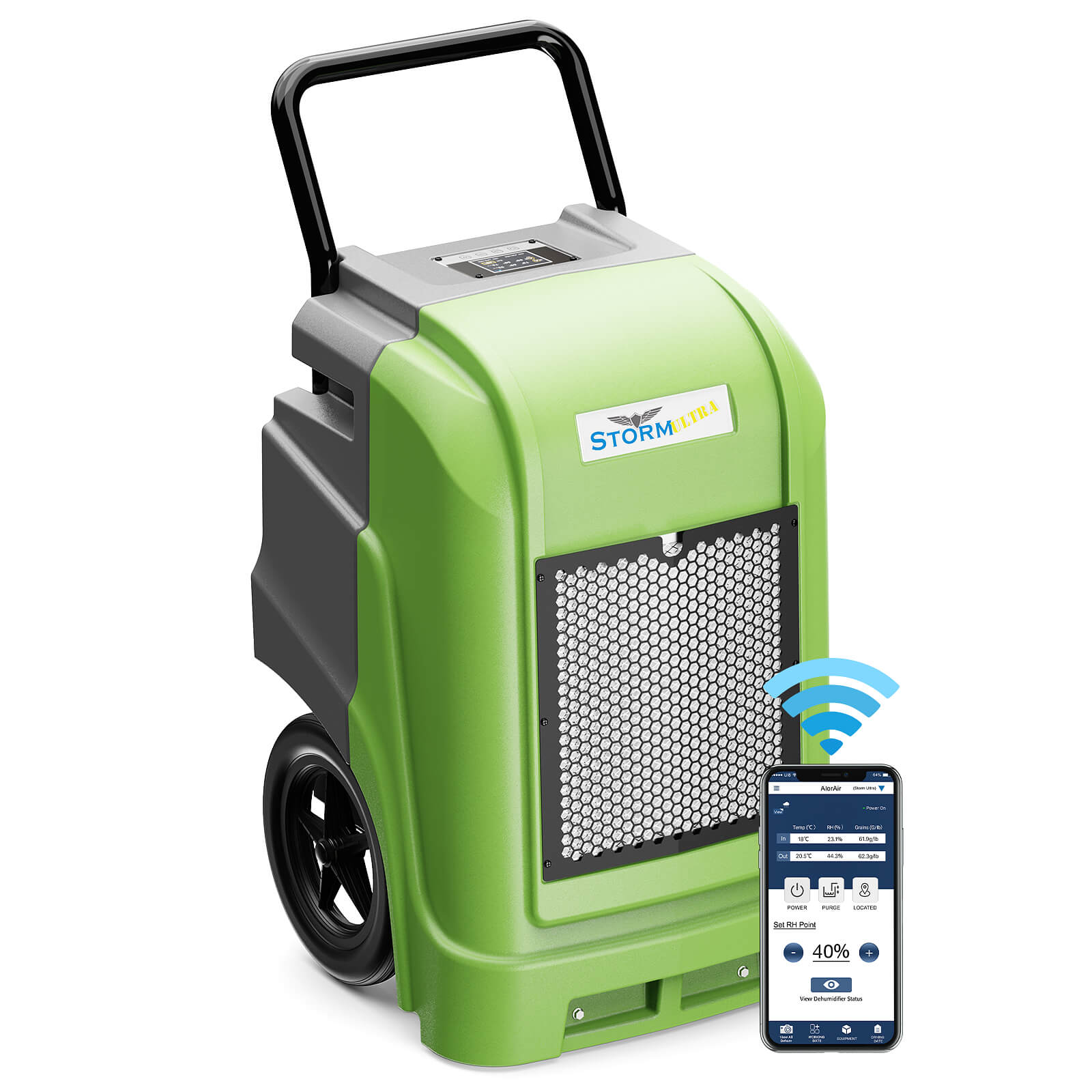
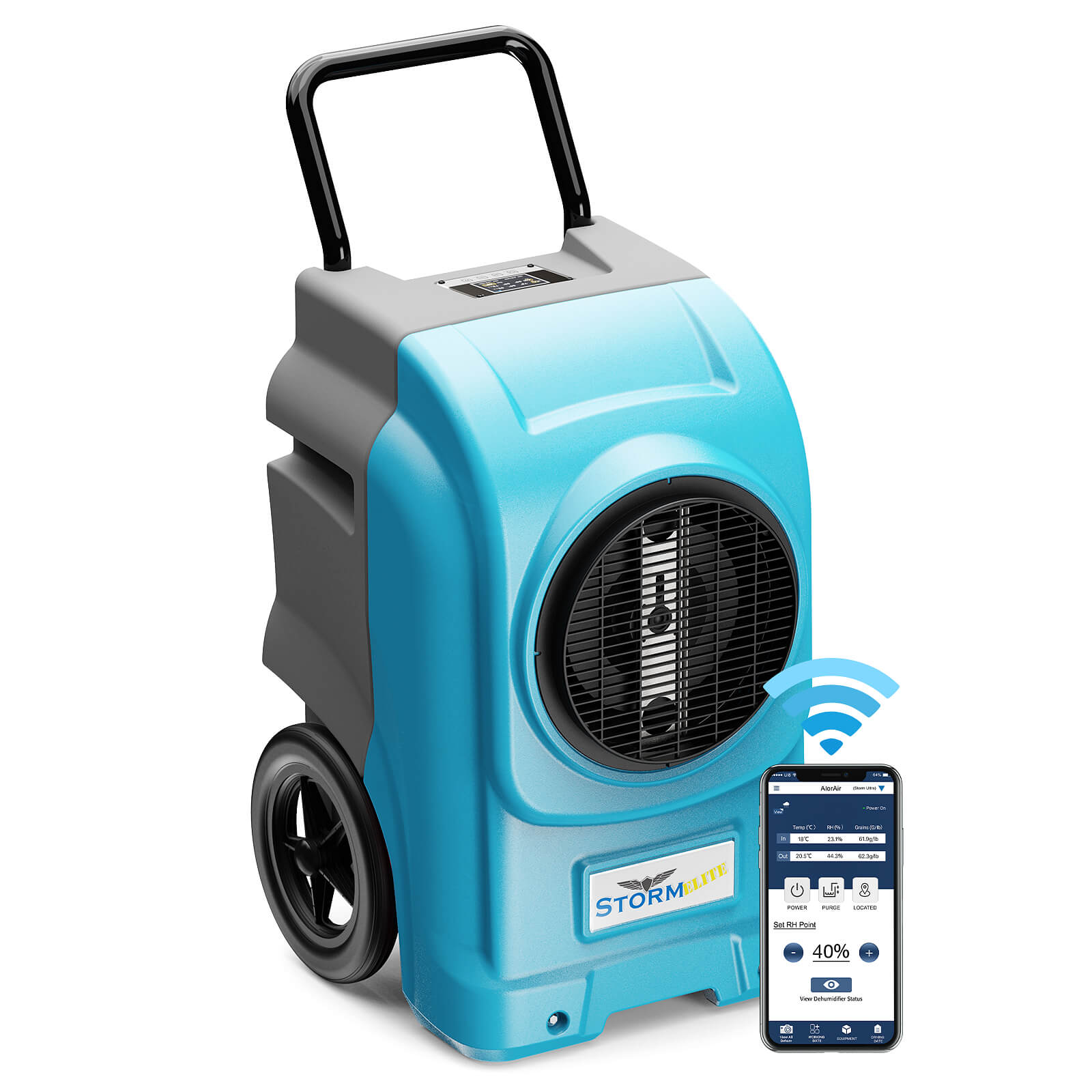
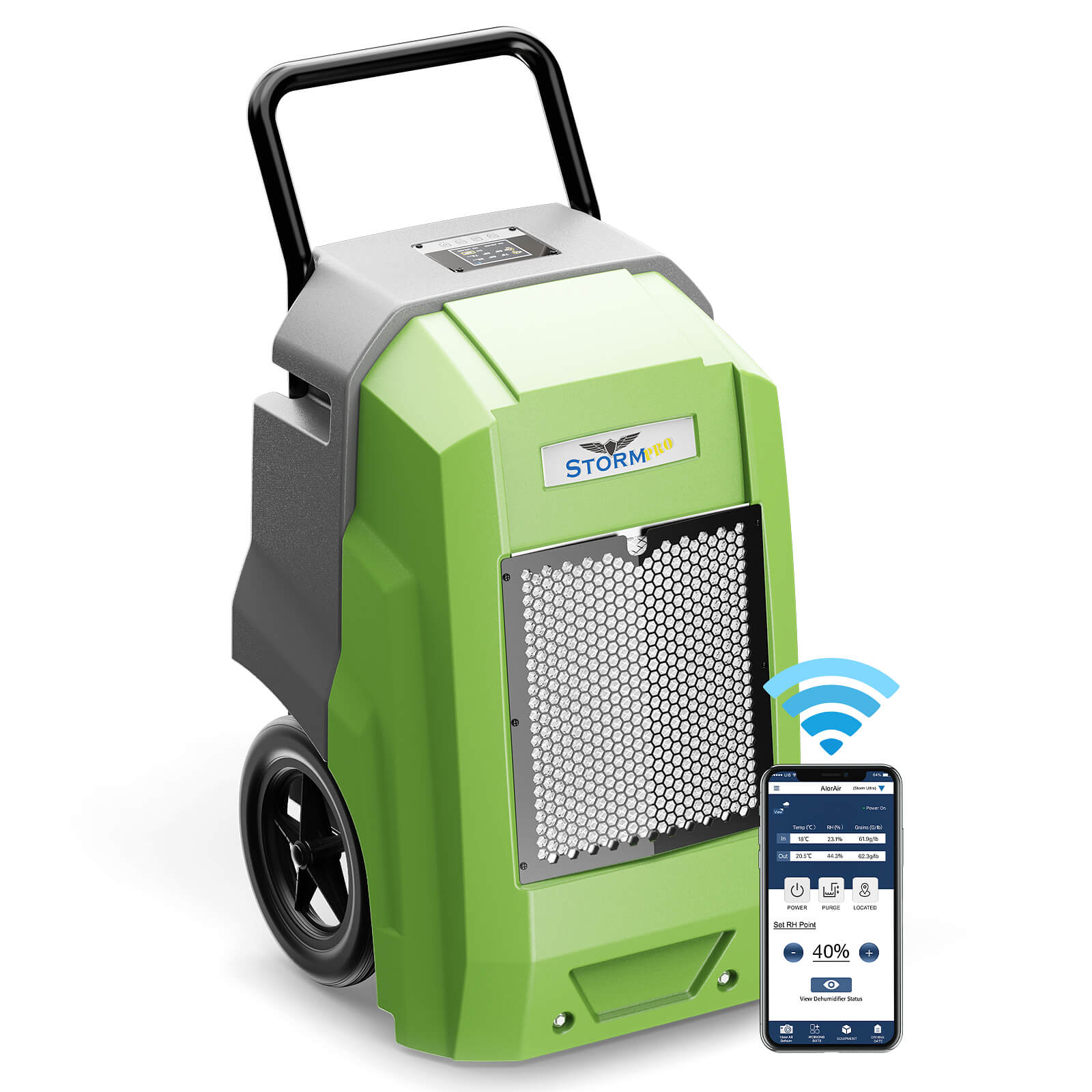
.jpg)
.jpg)
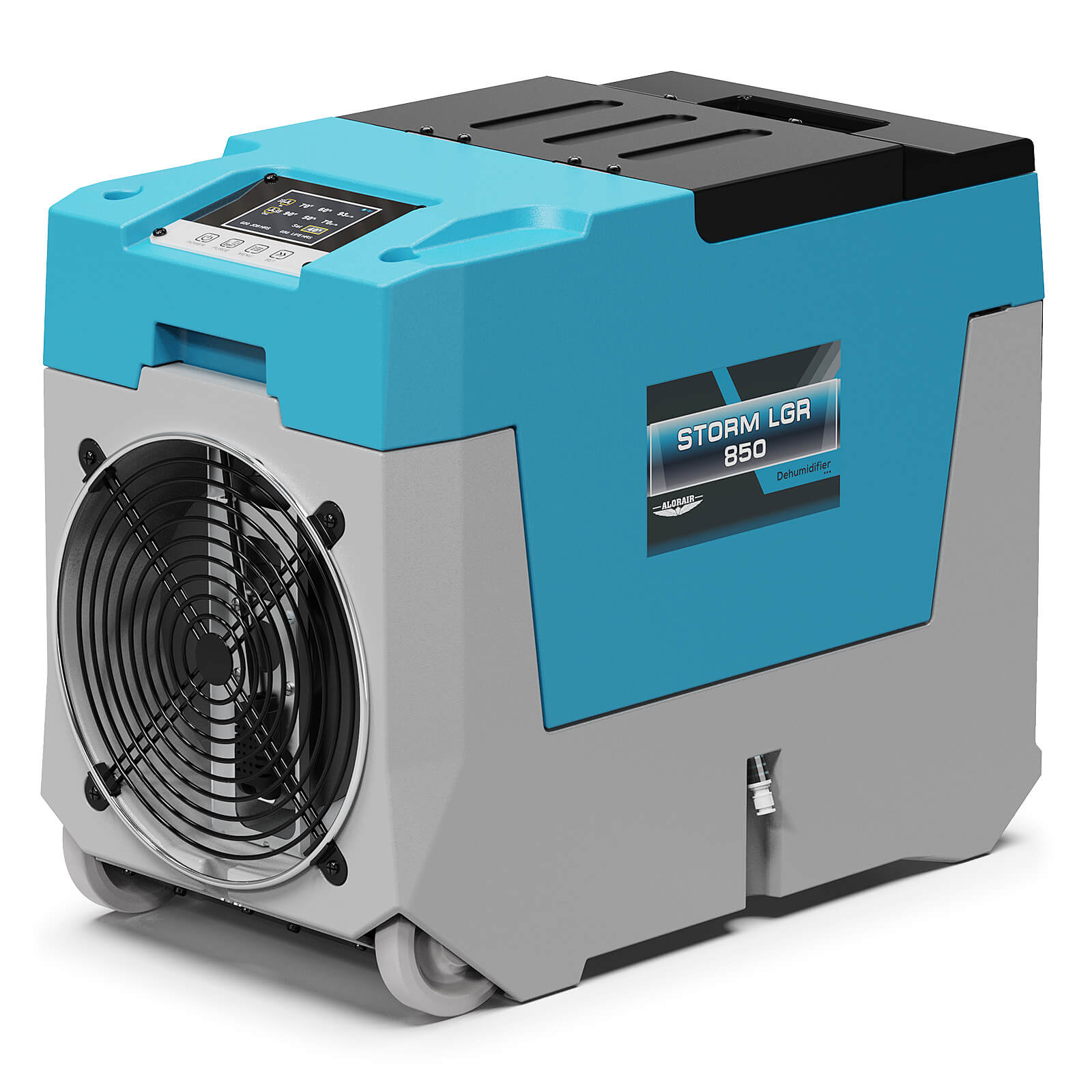
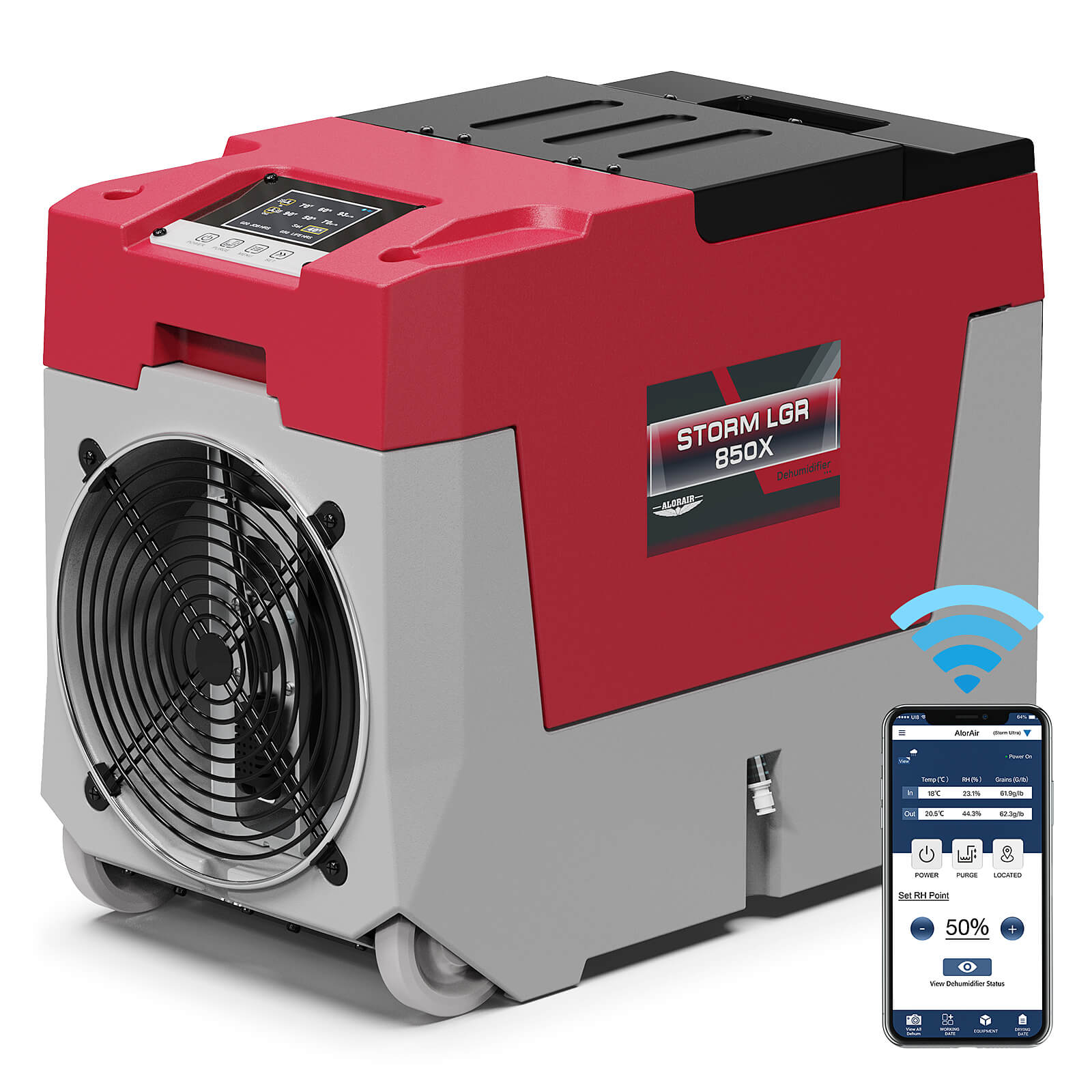
.jpg)
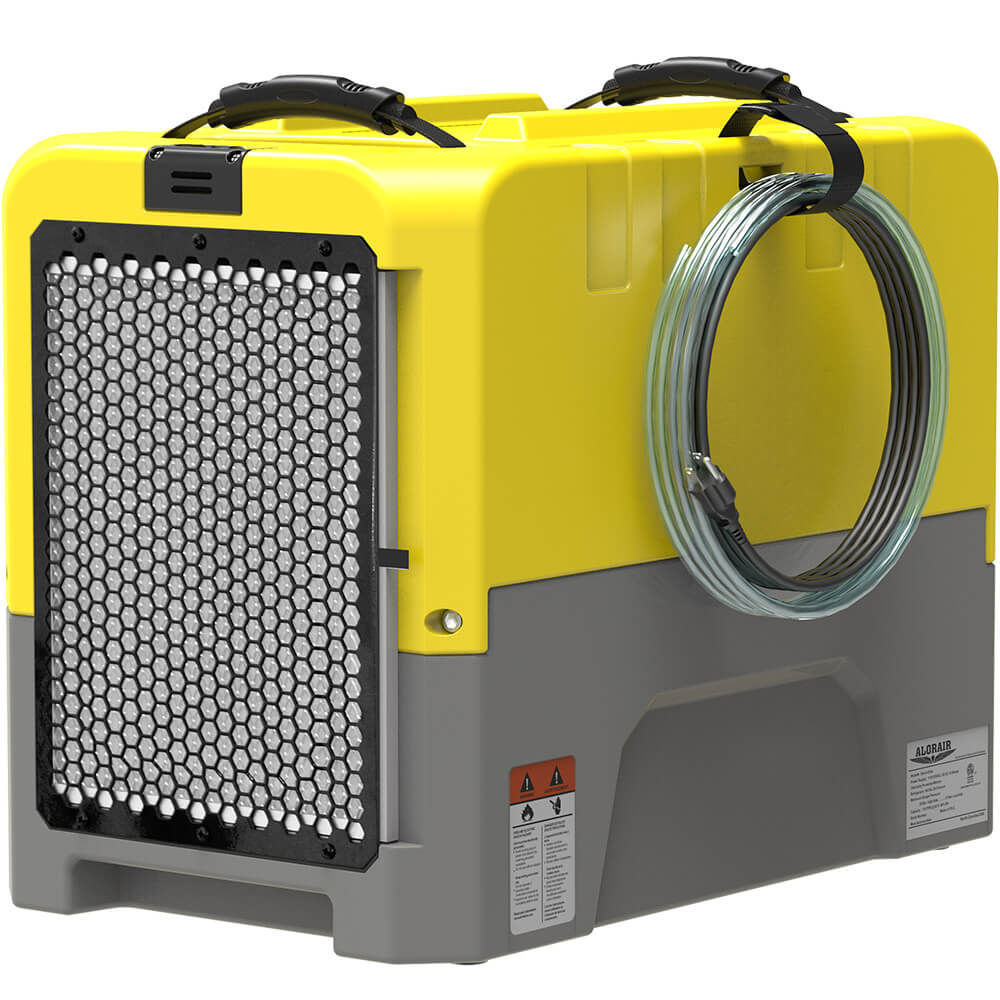
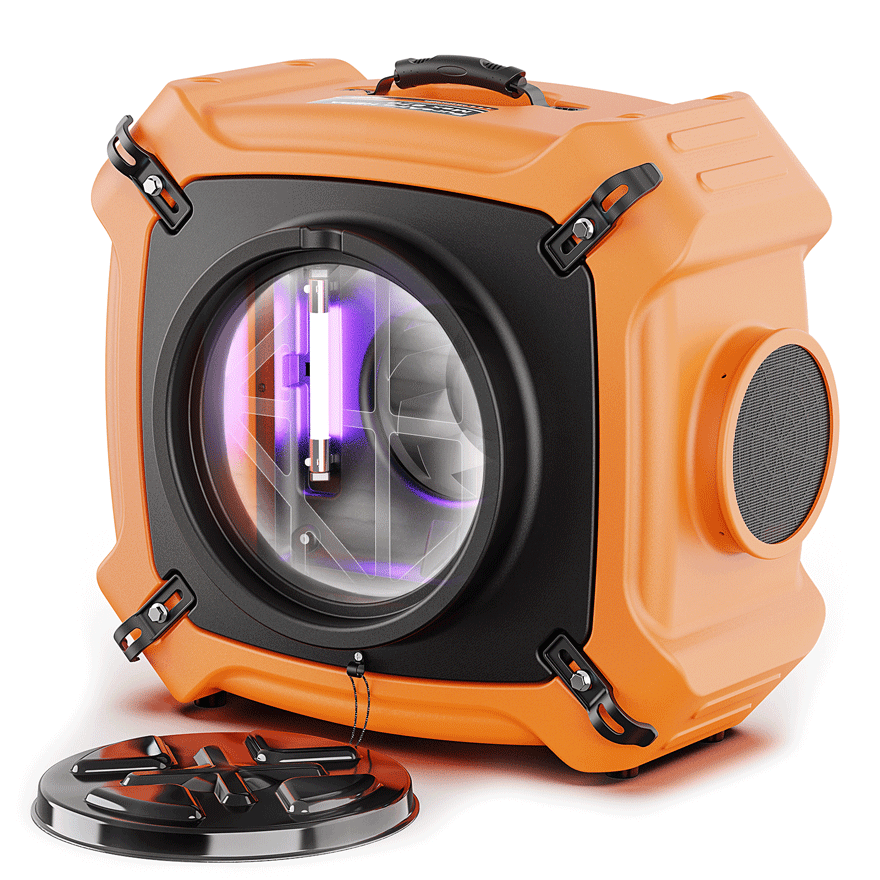
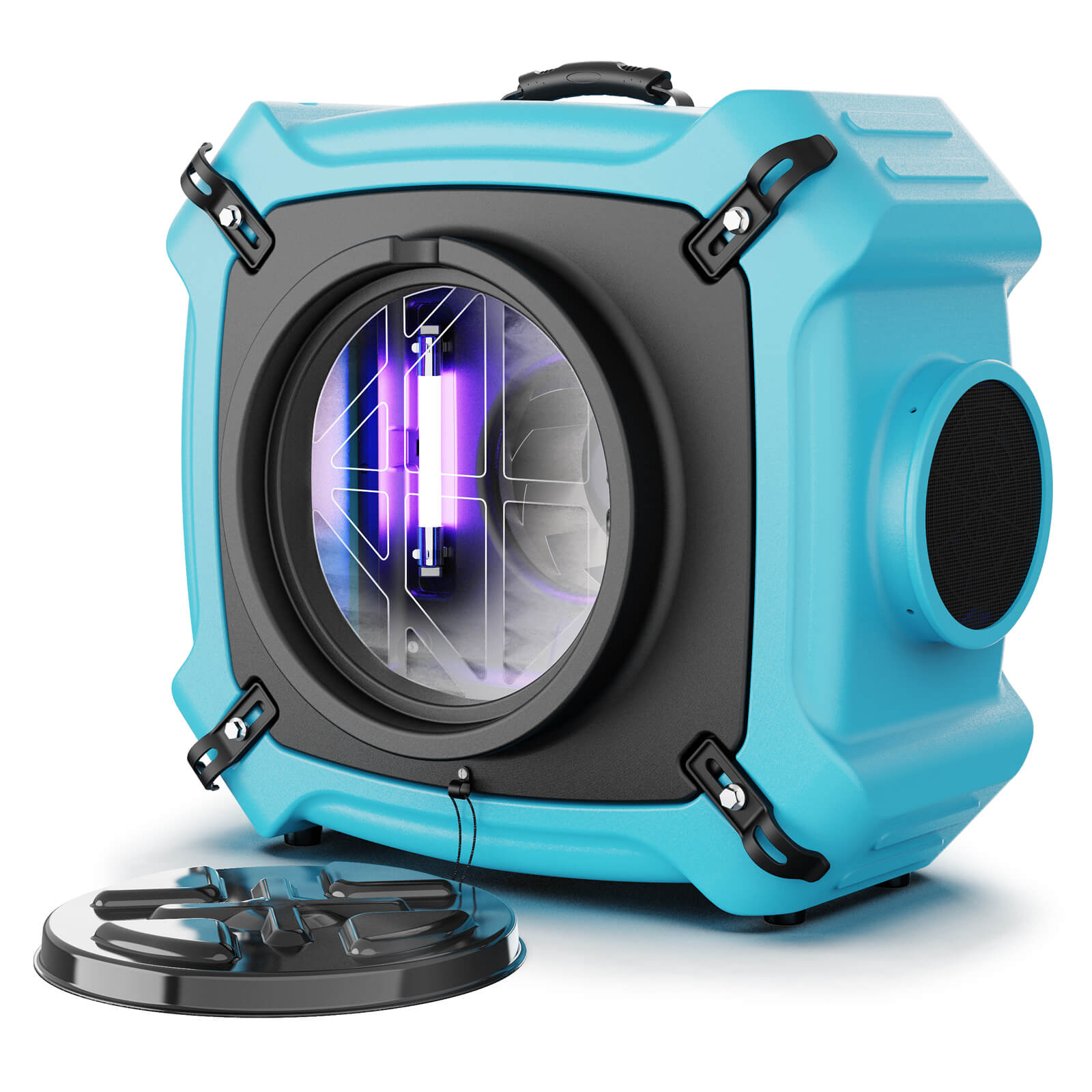
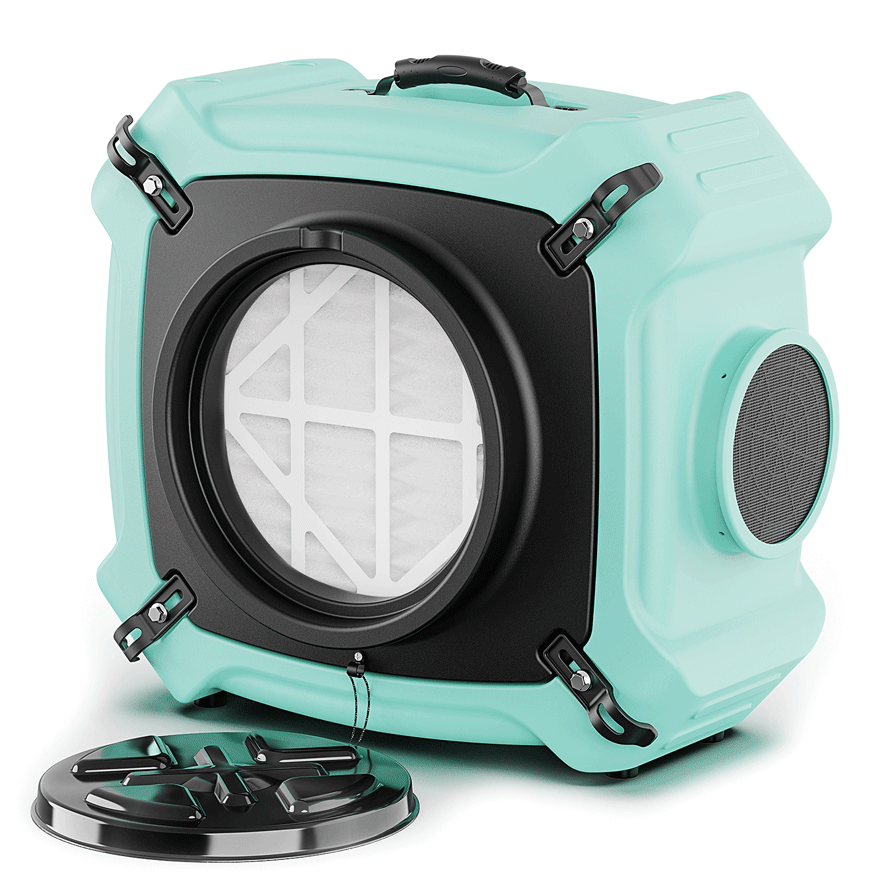
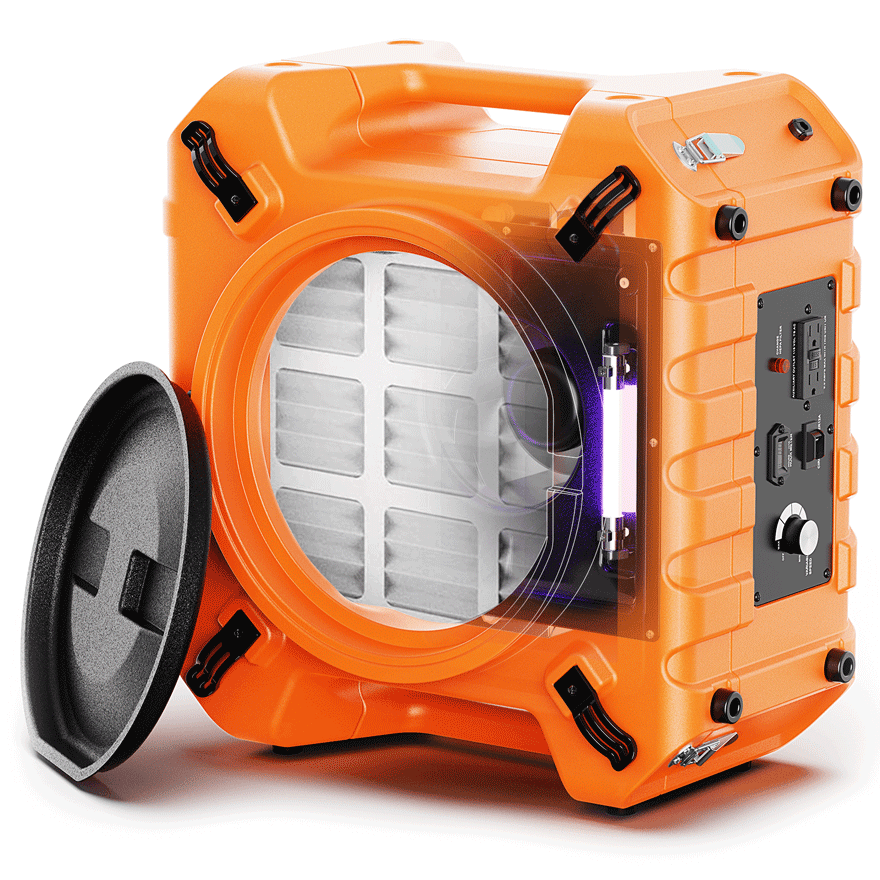
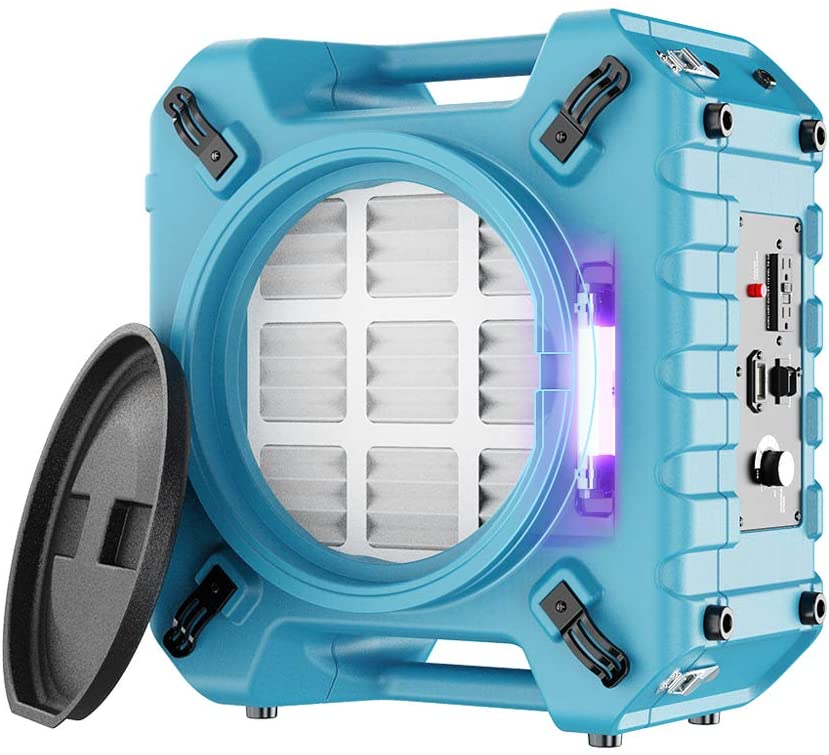
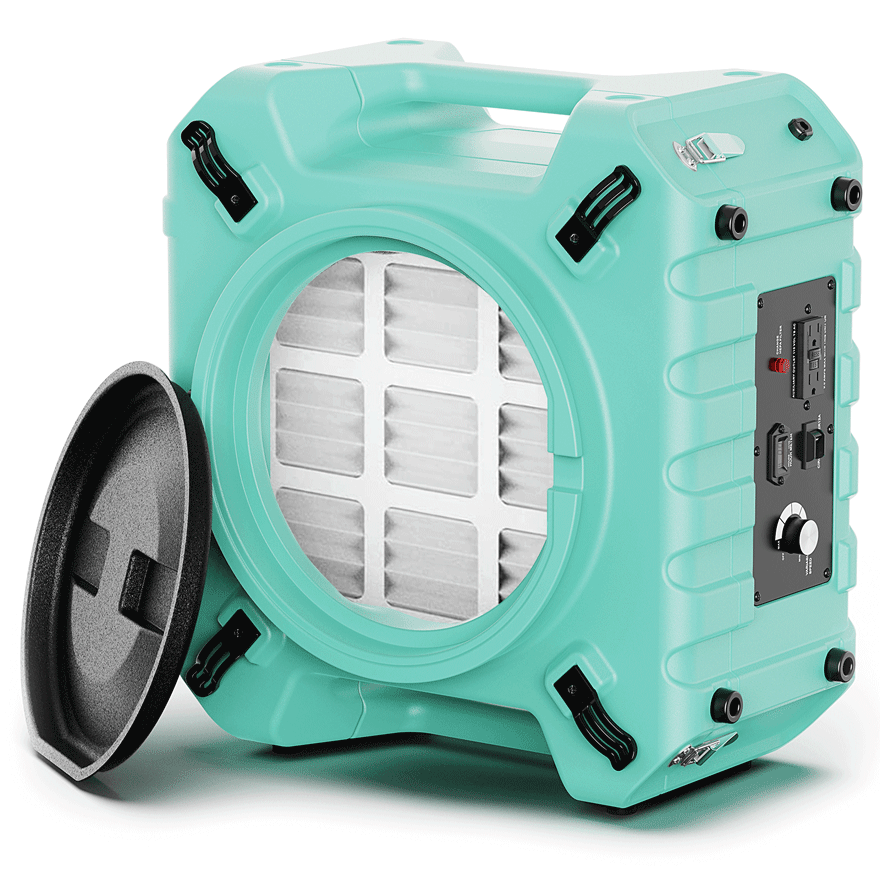
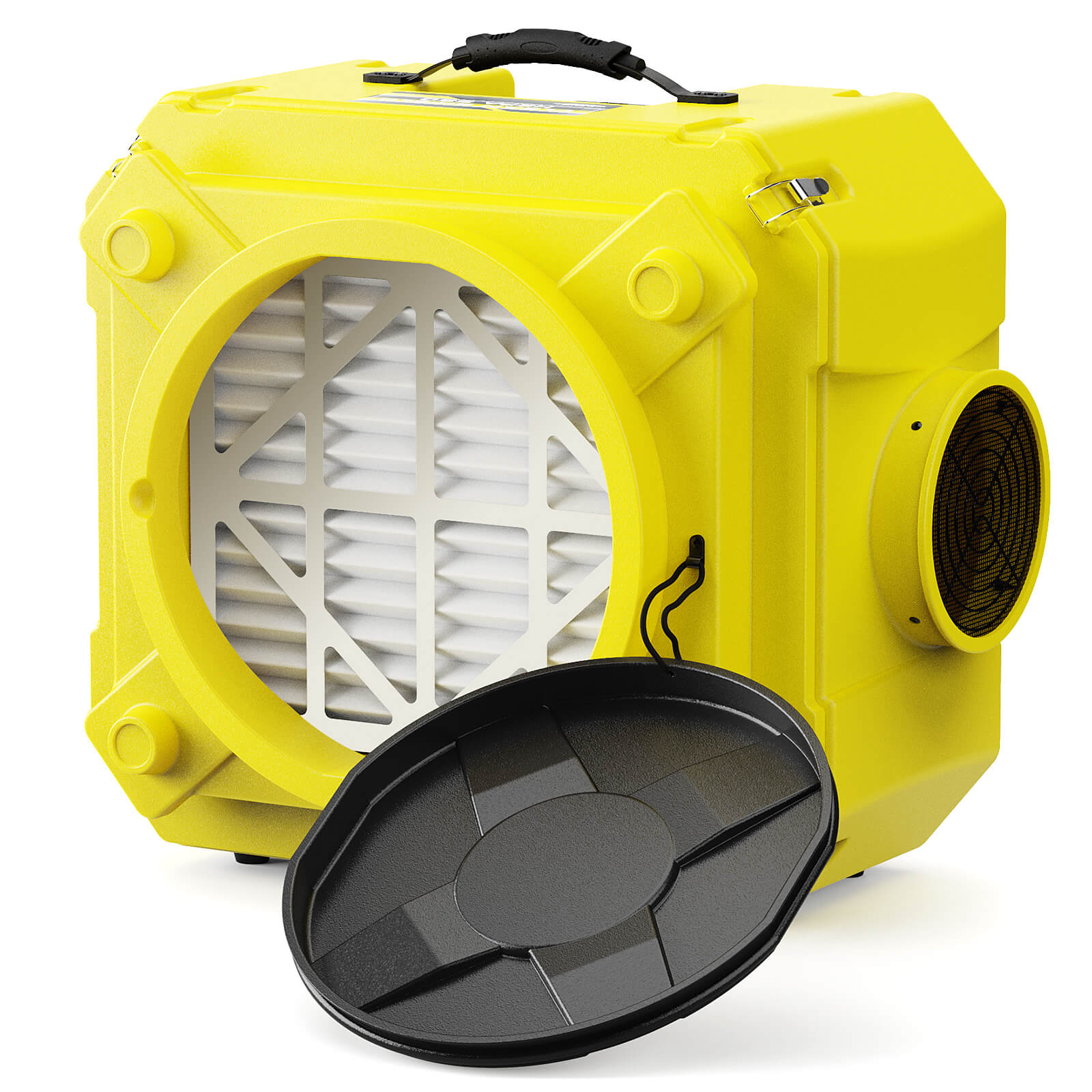
.jpg)
.jpg)
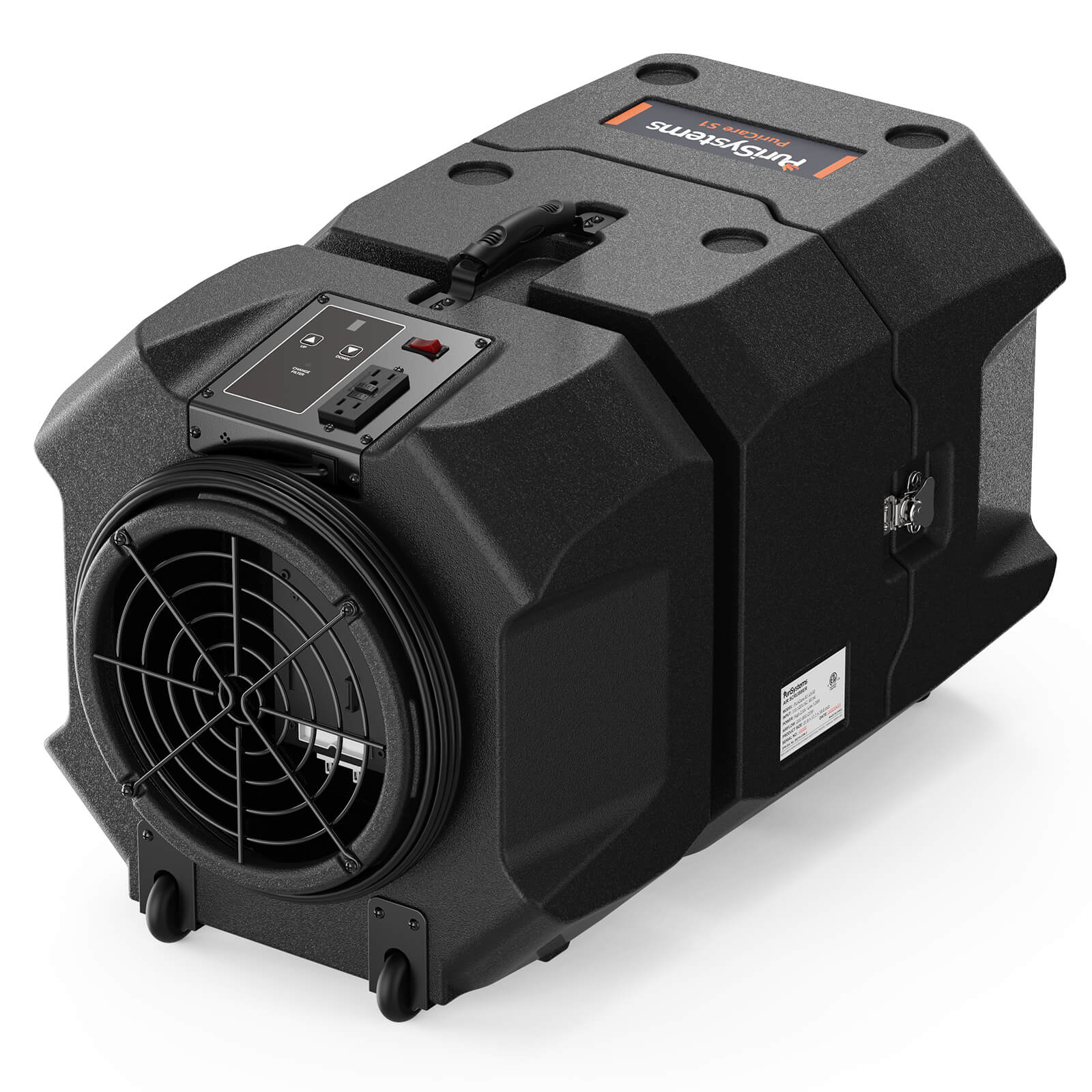
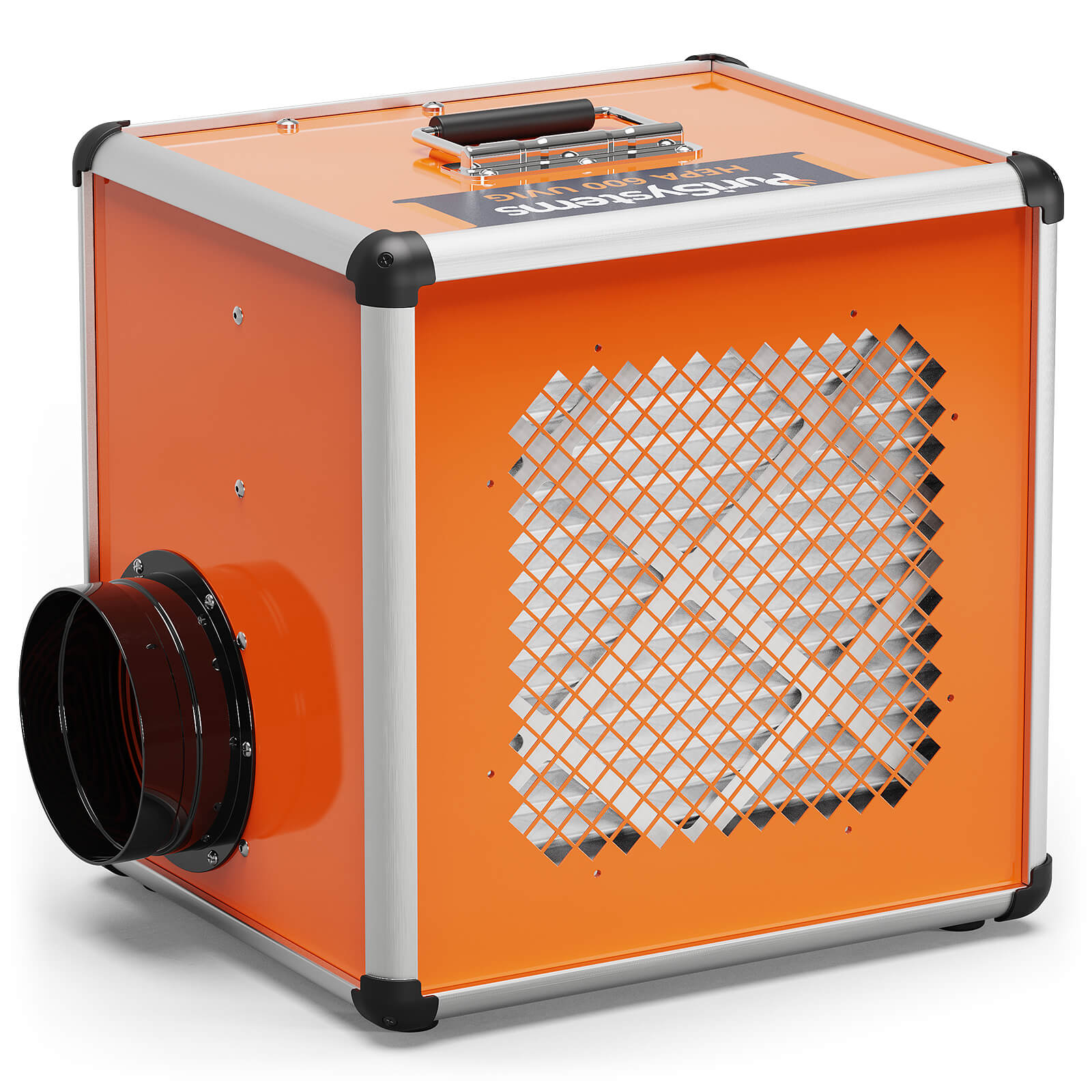
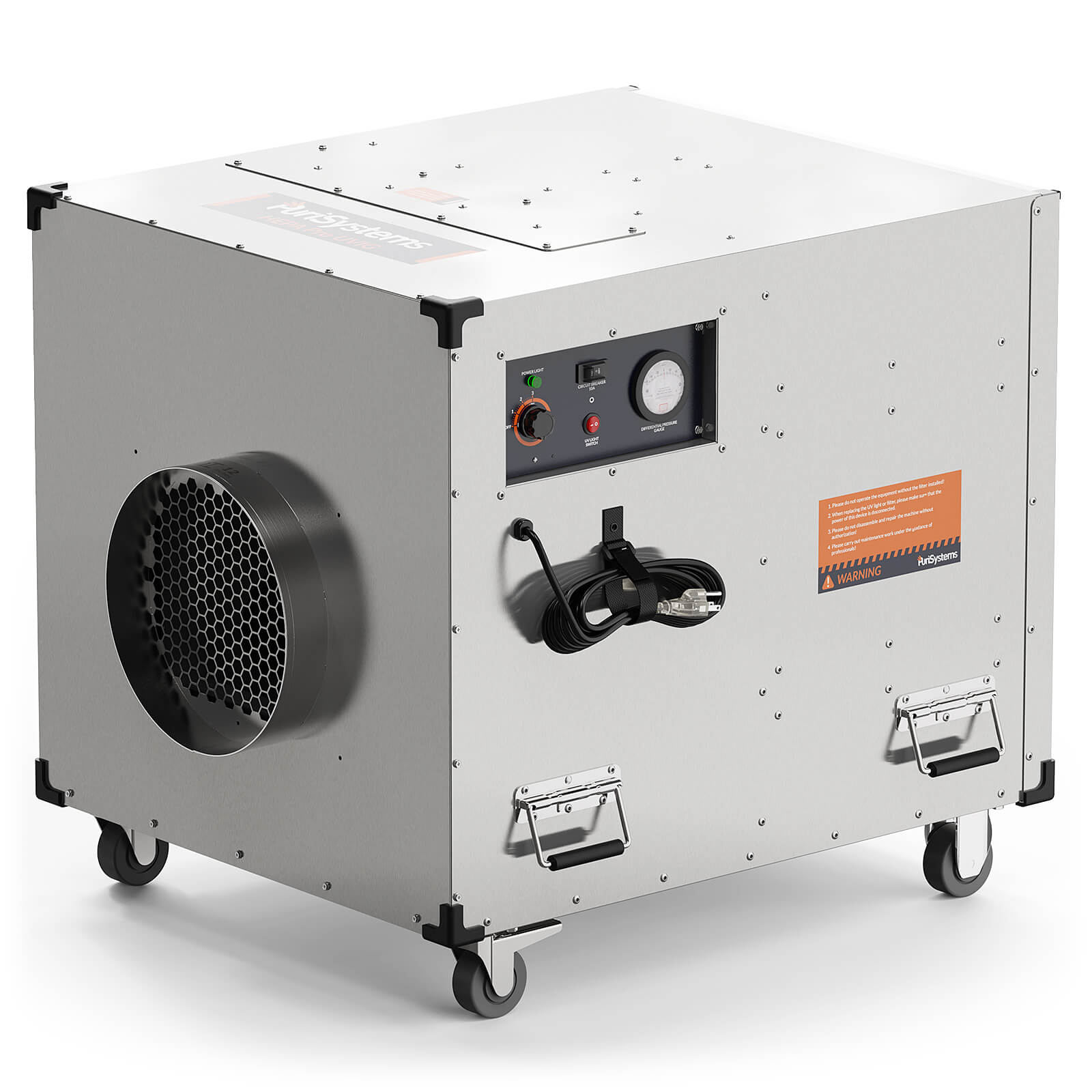
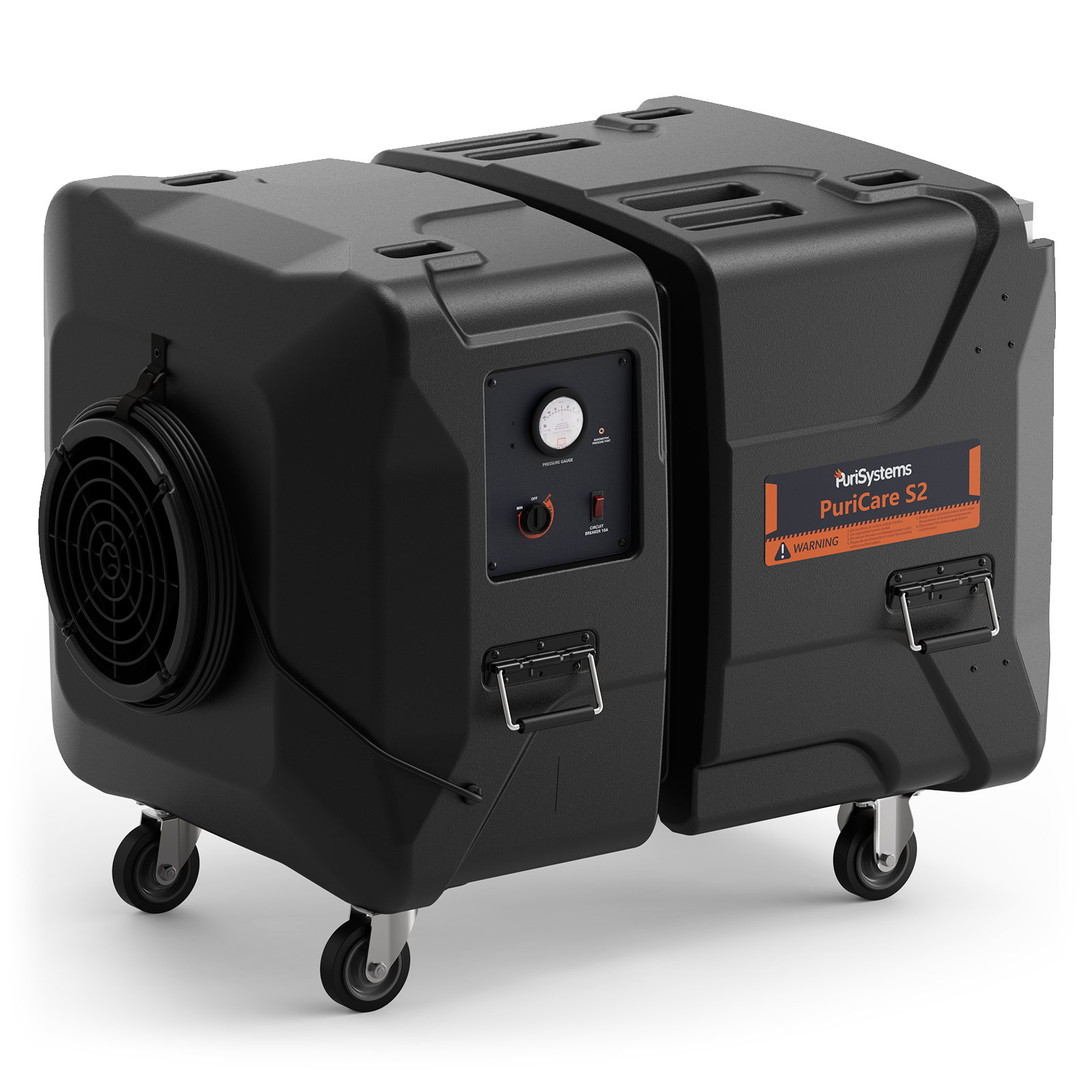
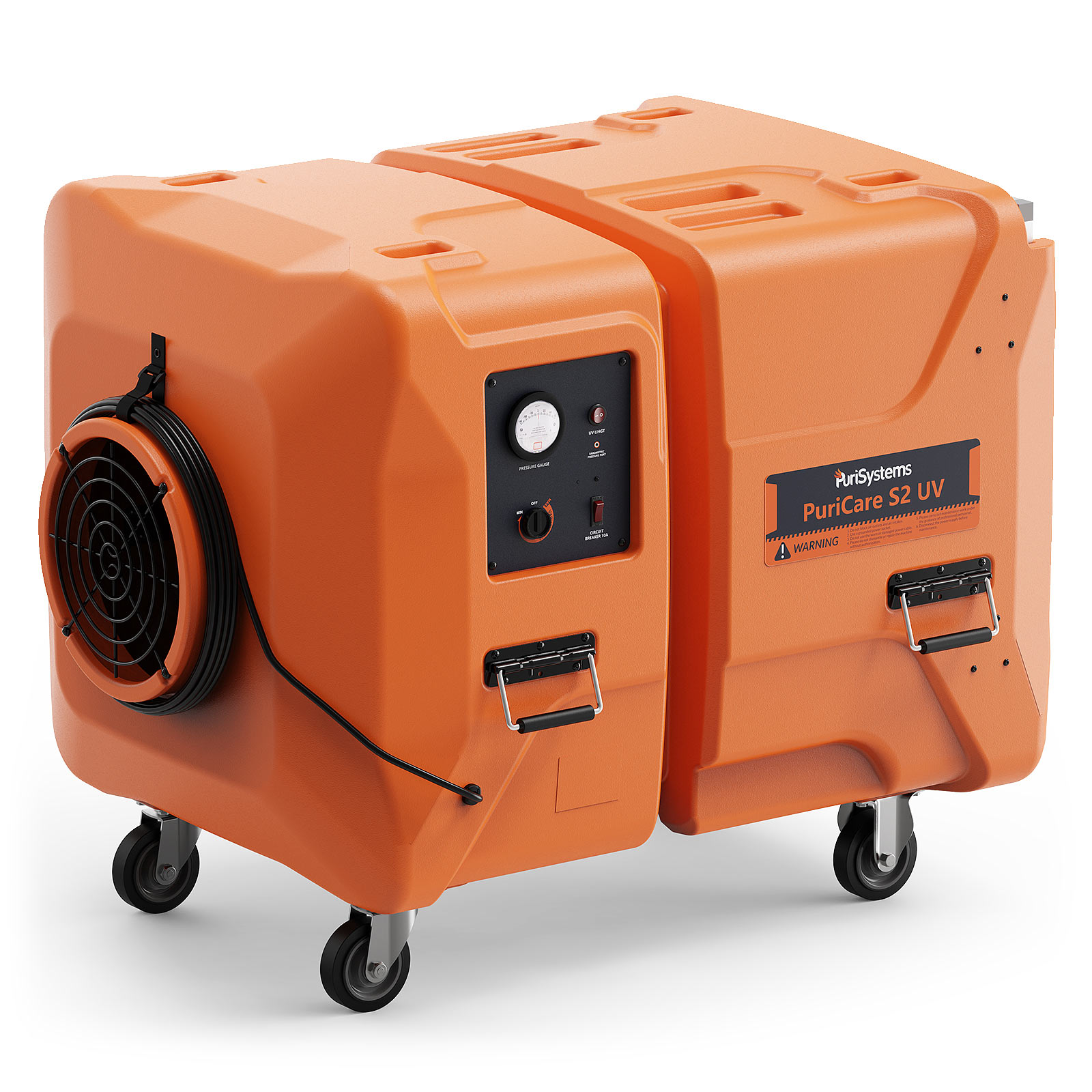
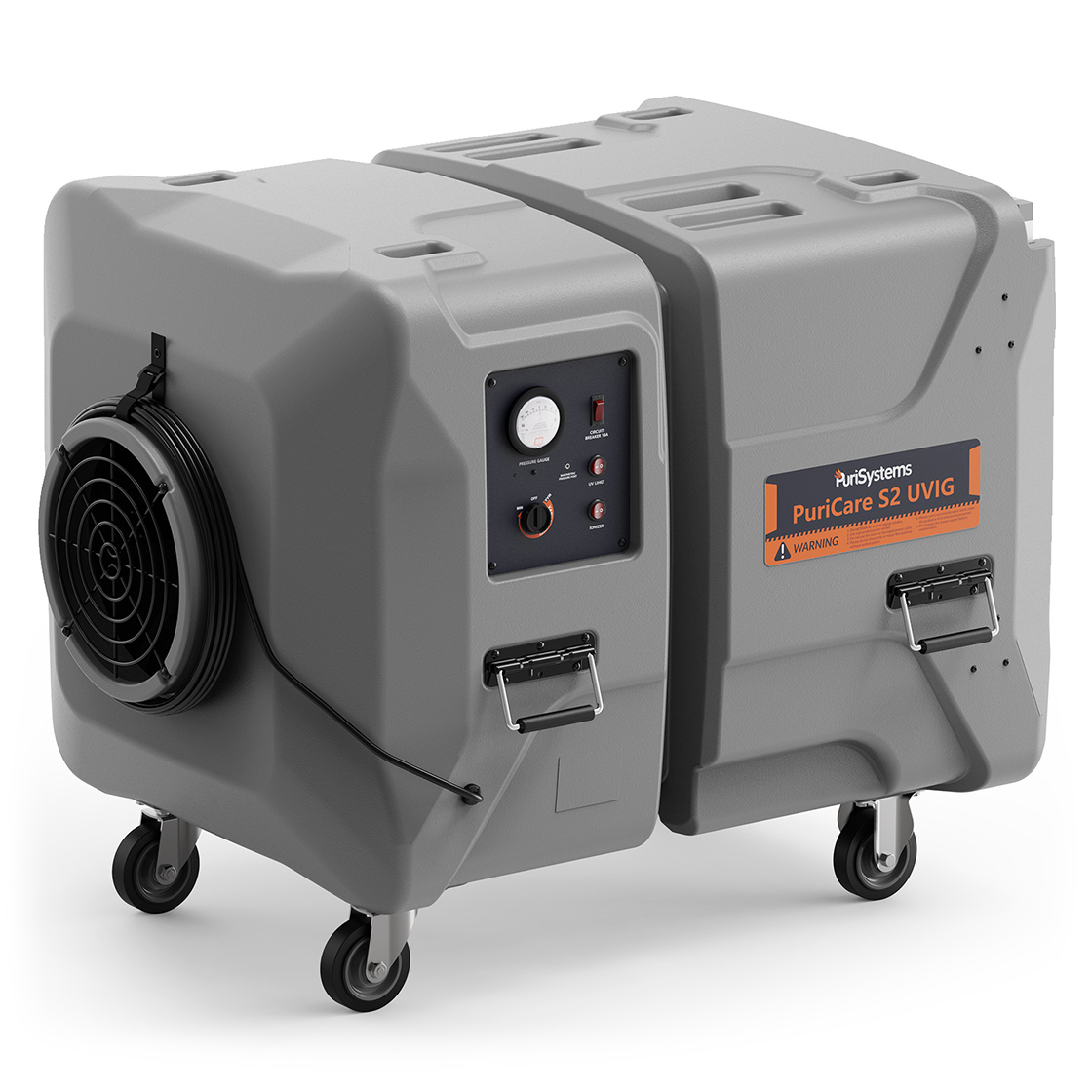
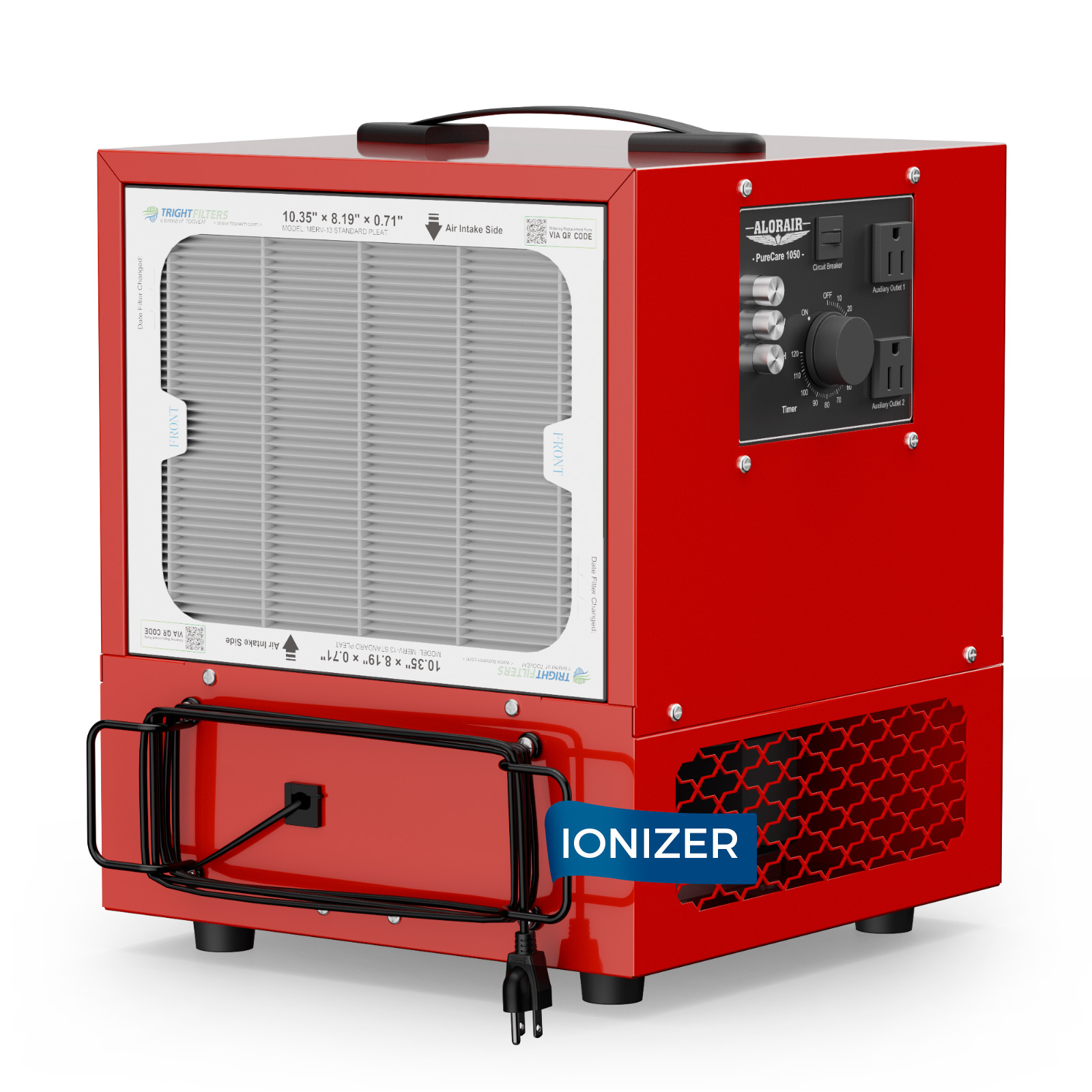
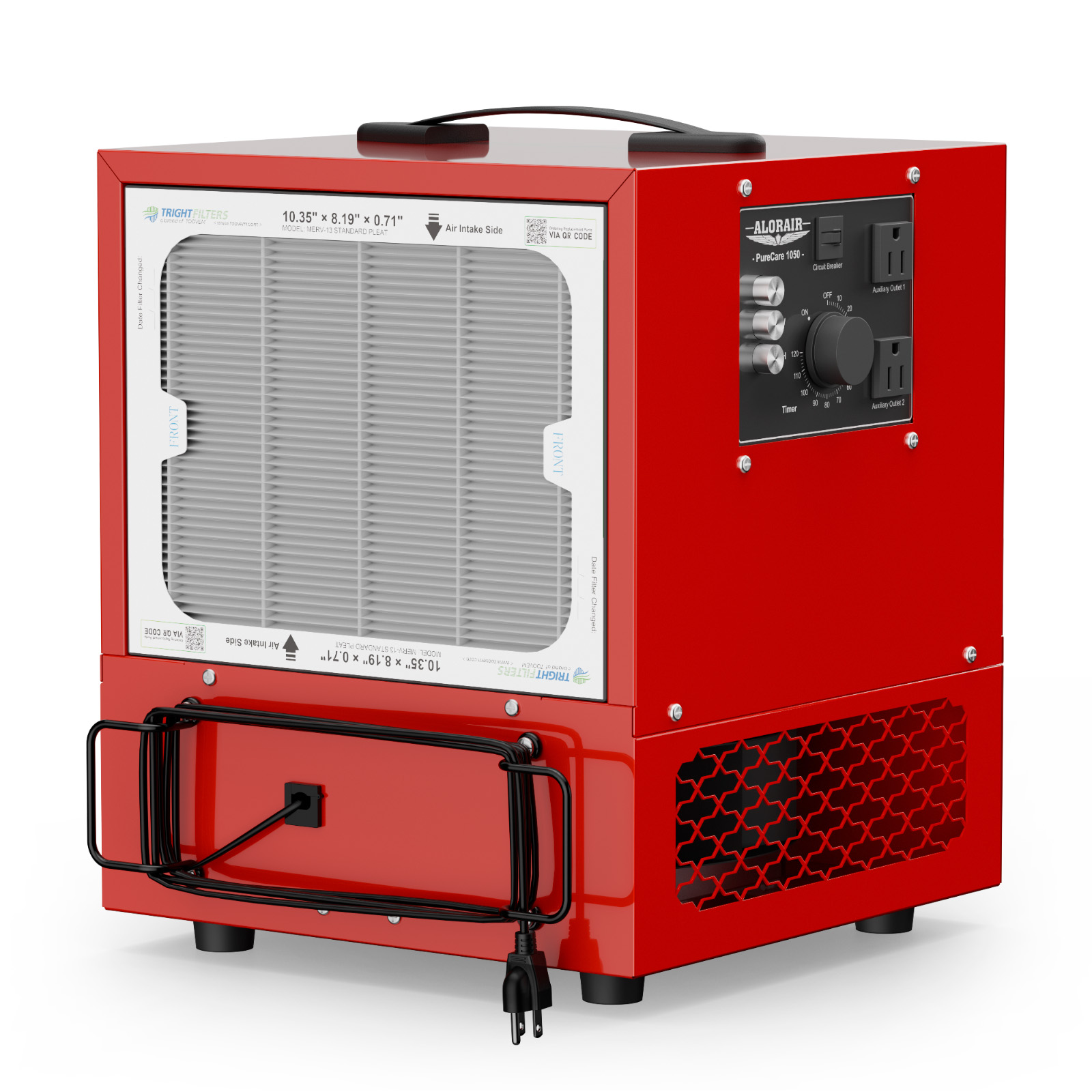
.jpg)
.jpg)
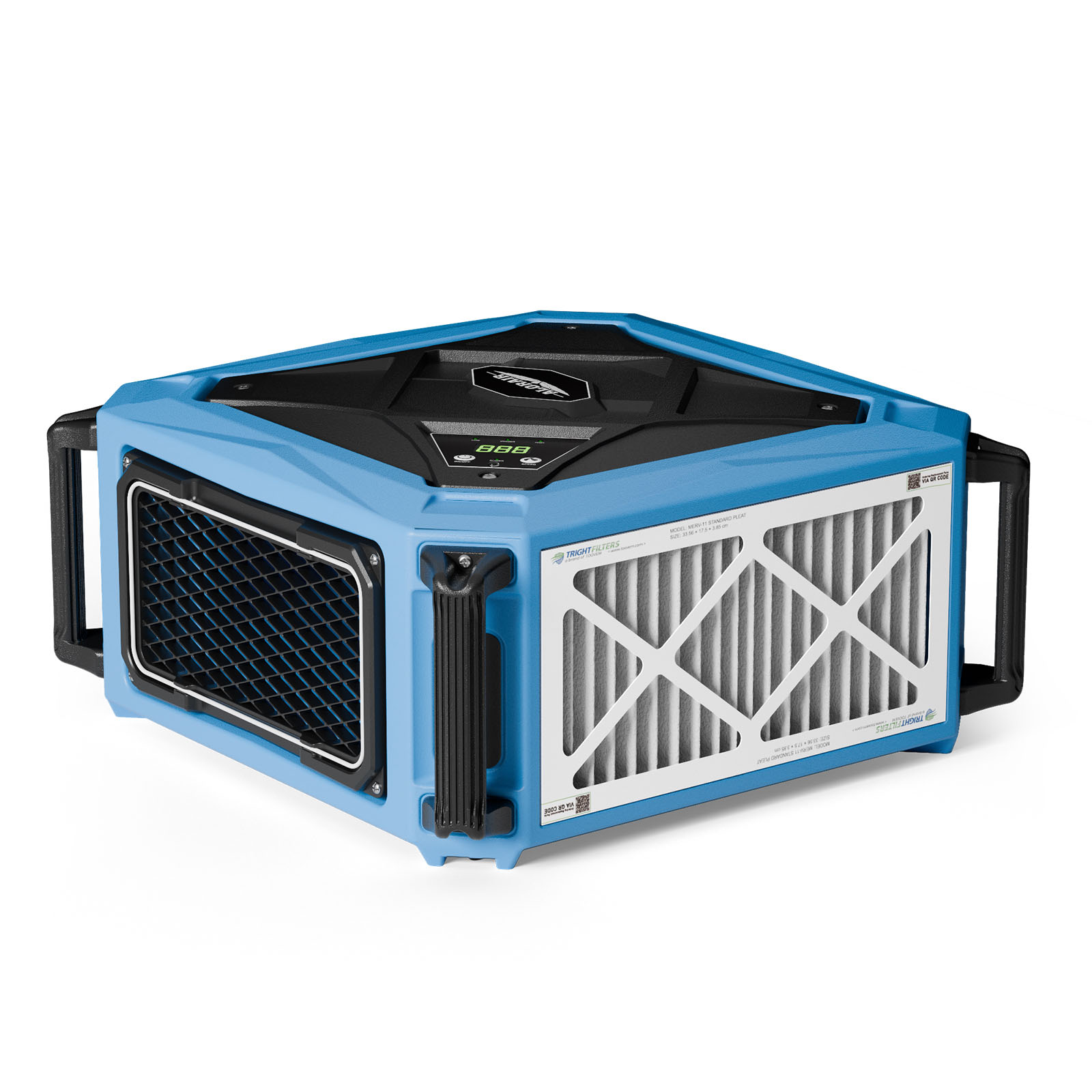
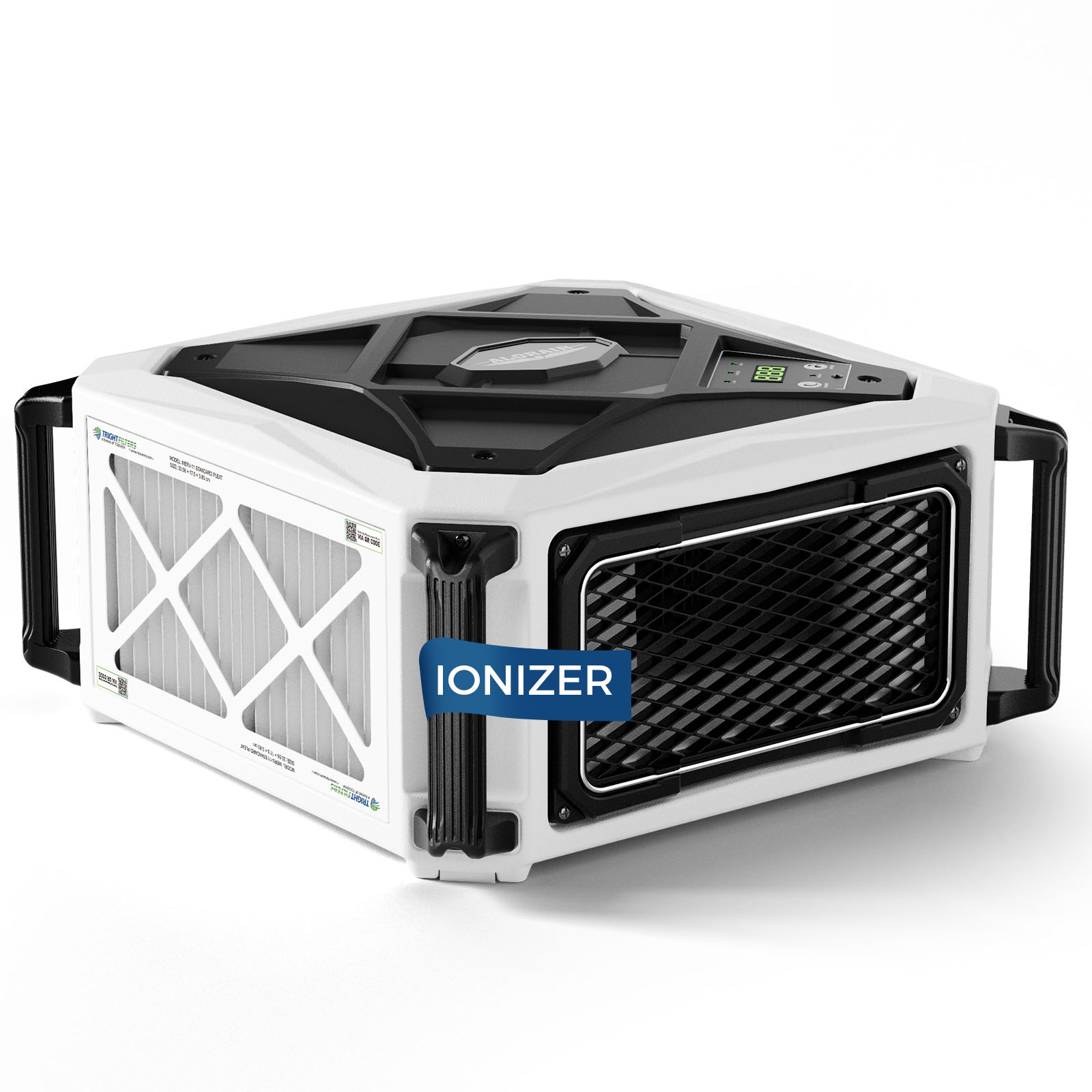
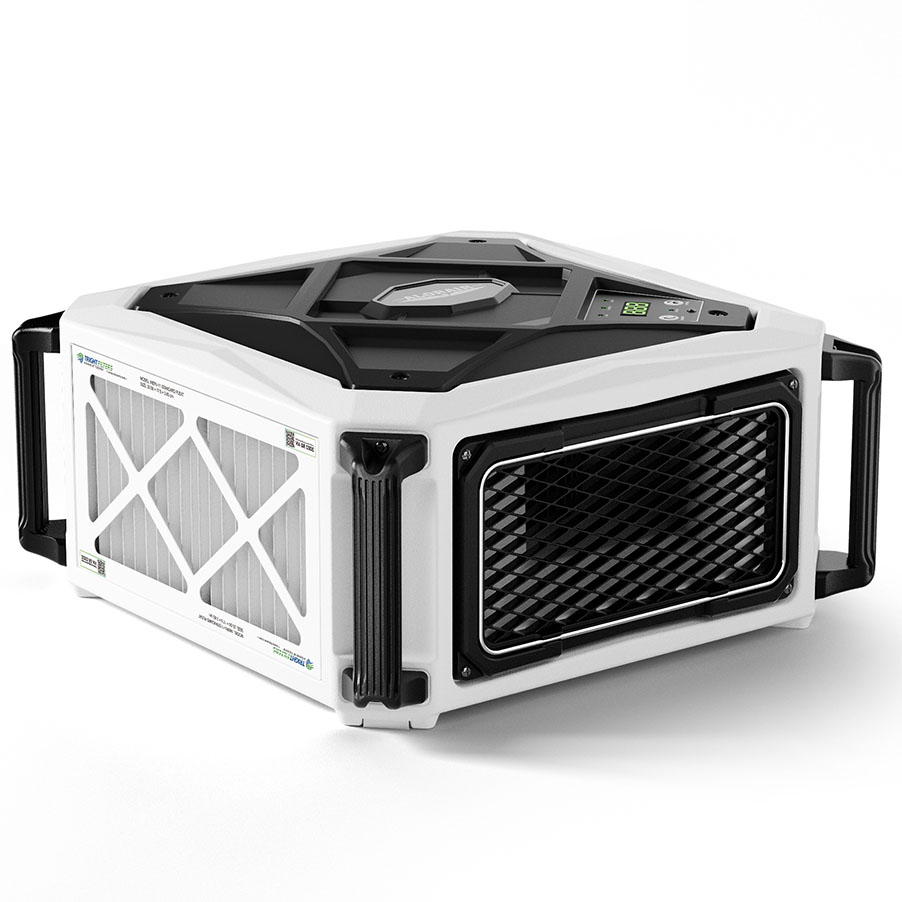
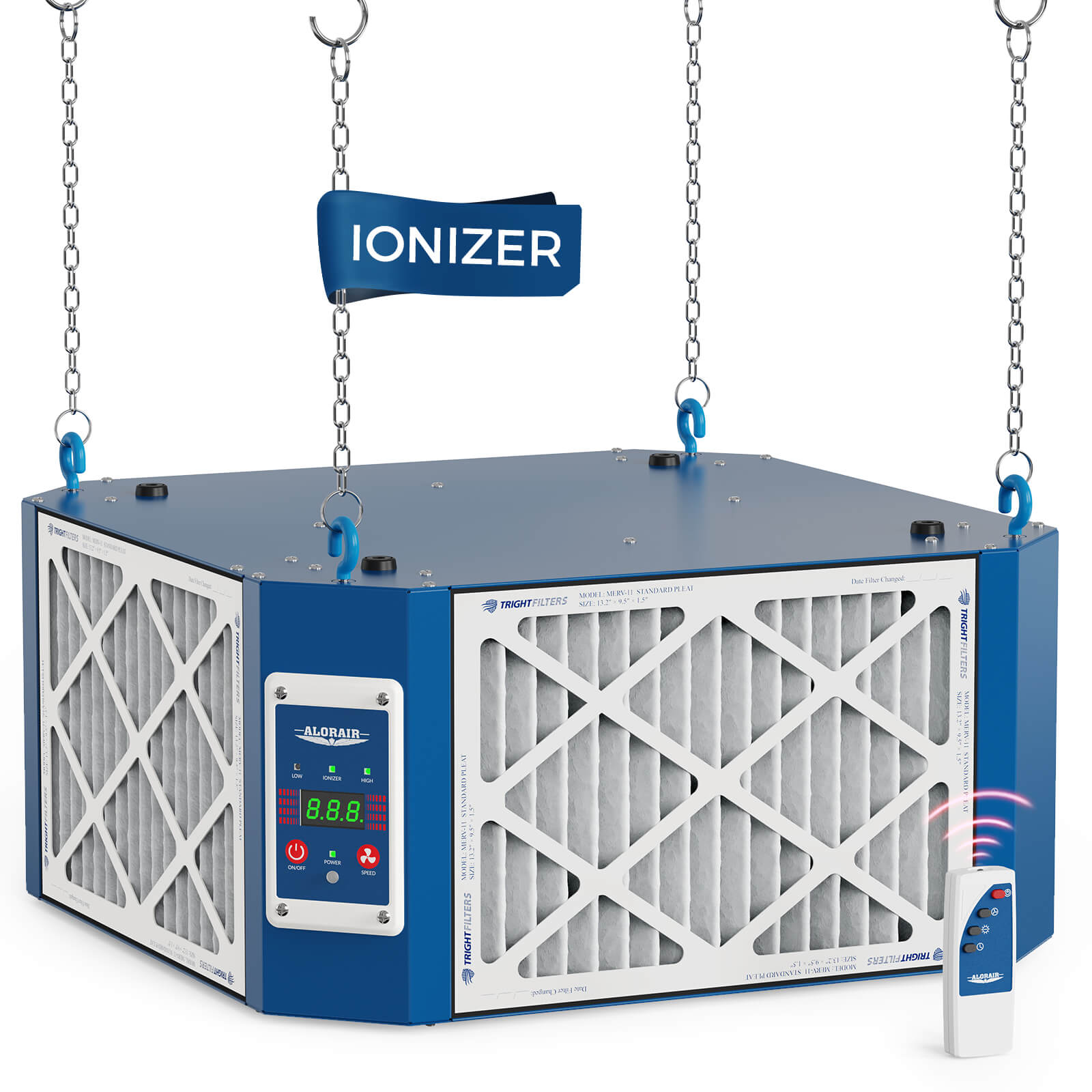
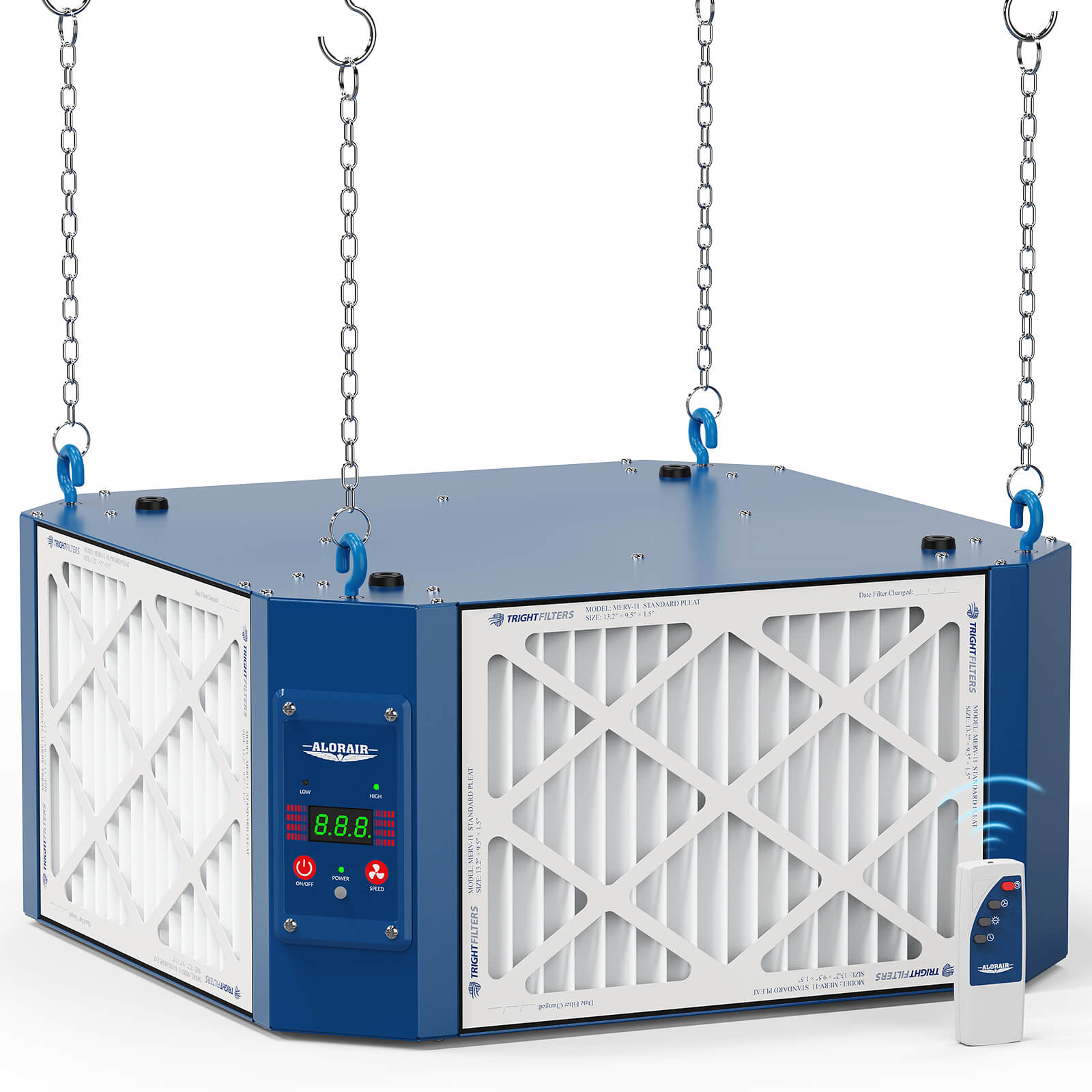
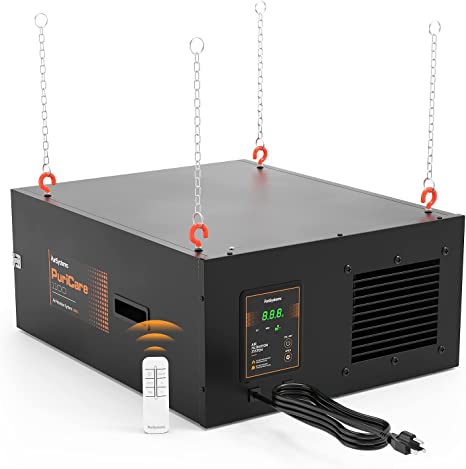
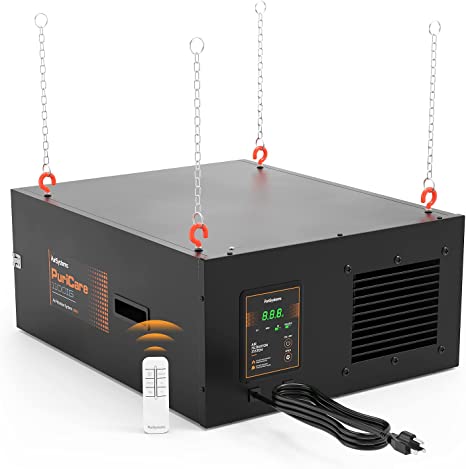
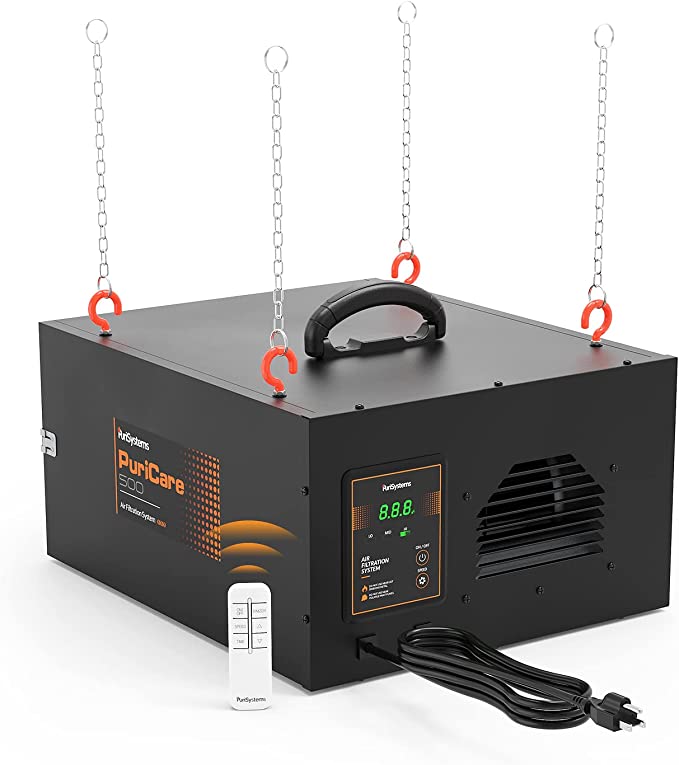
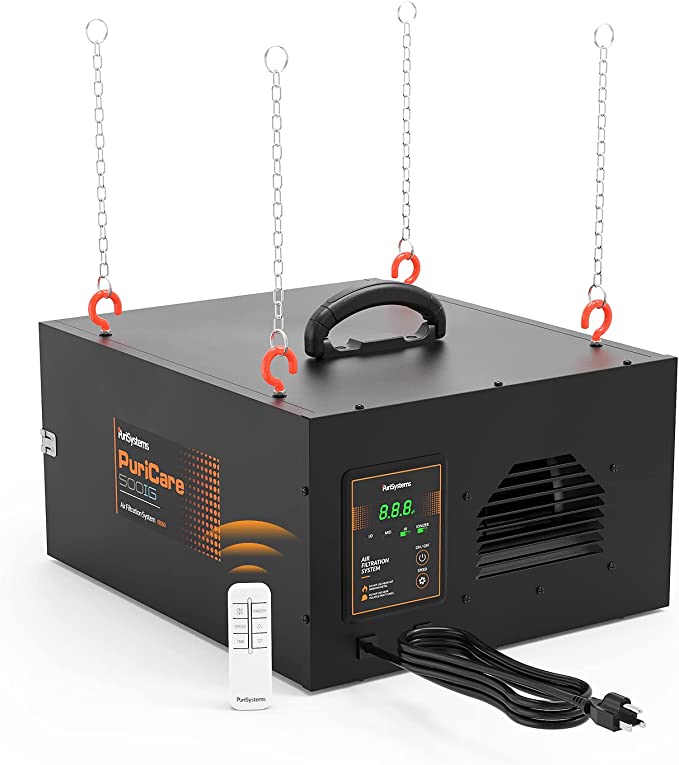
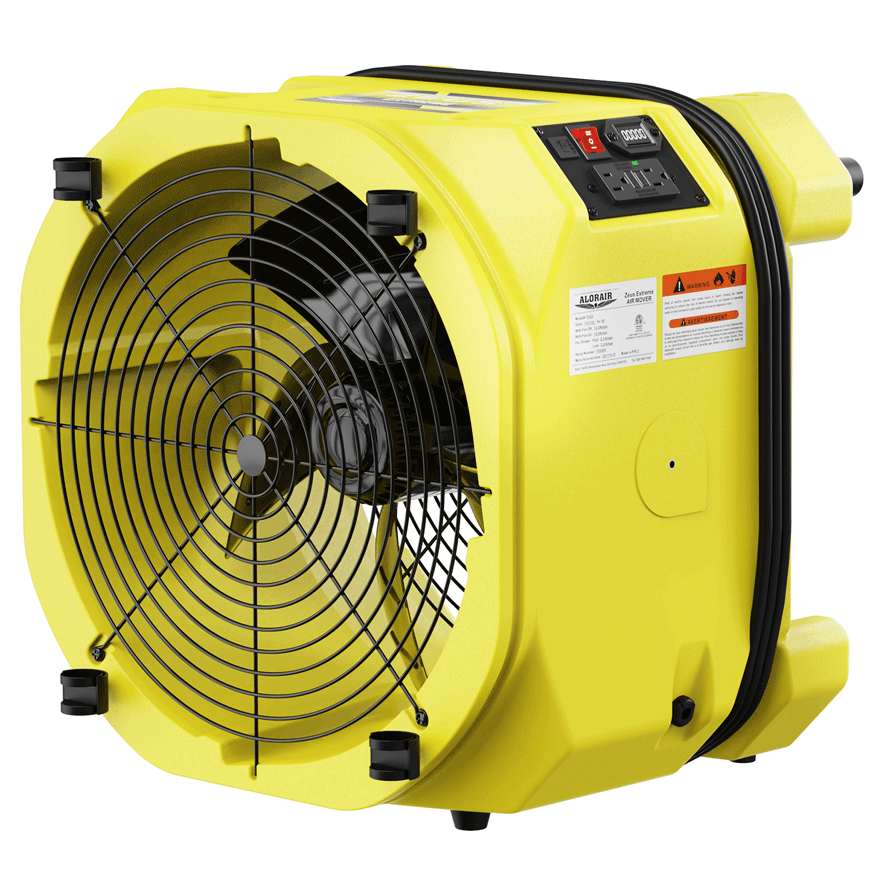
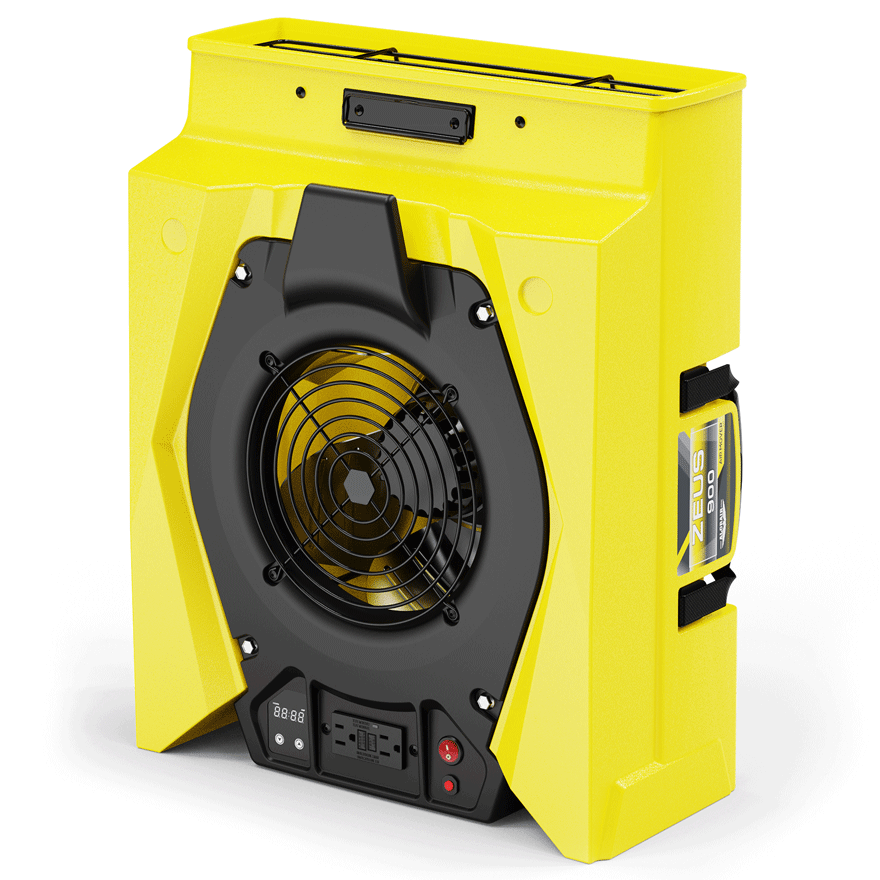
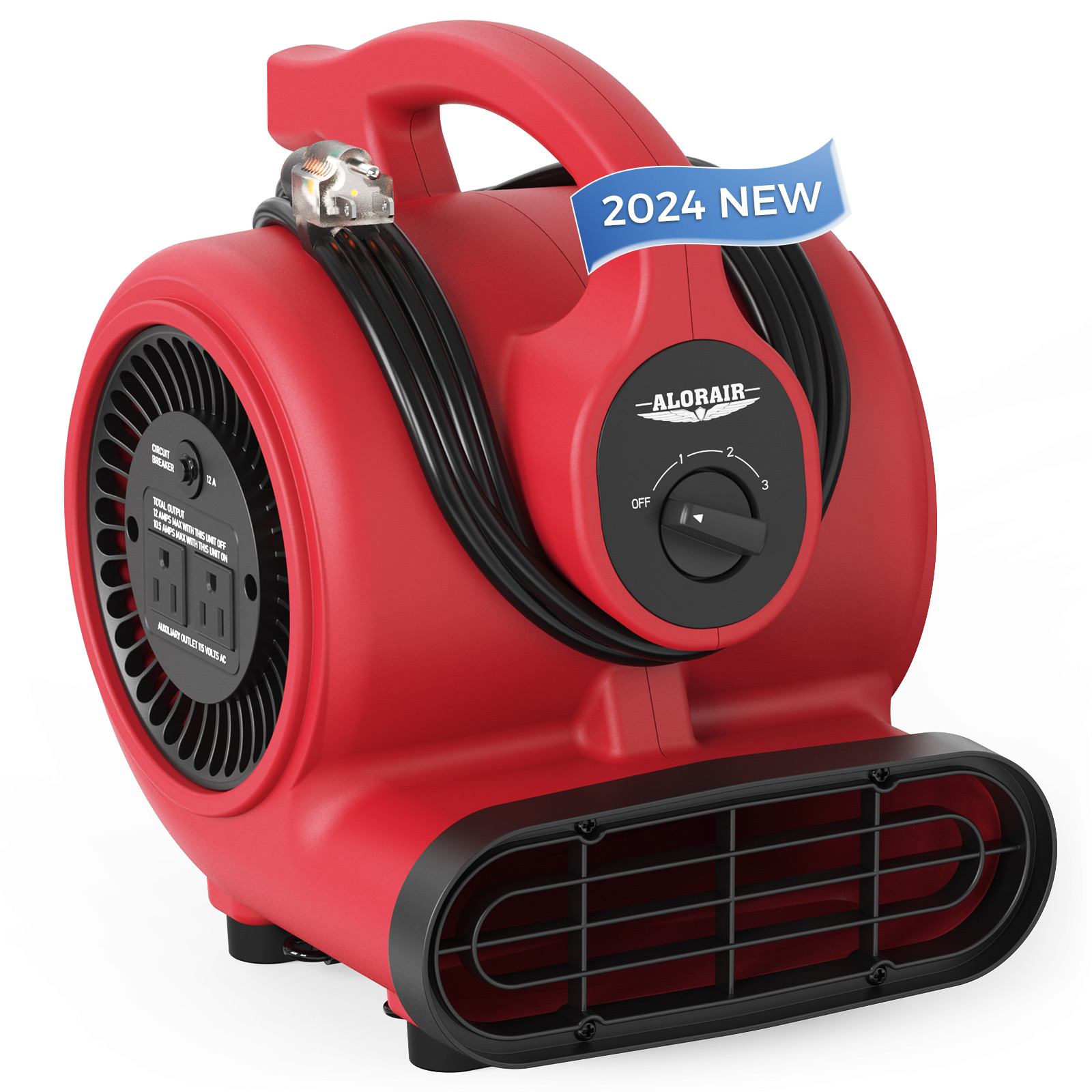
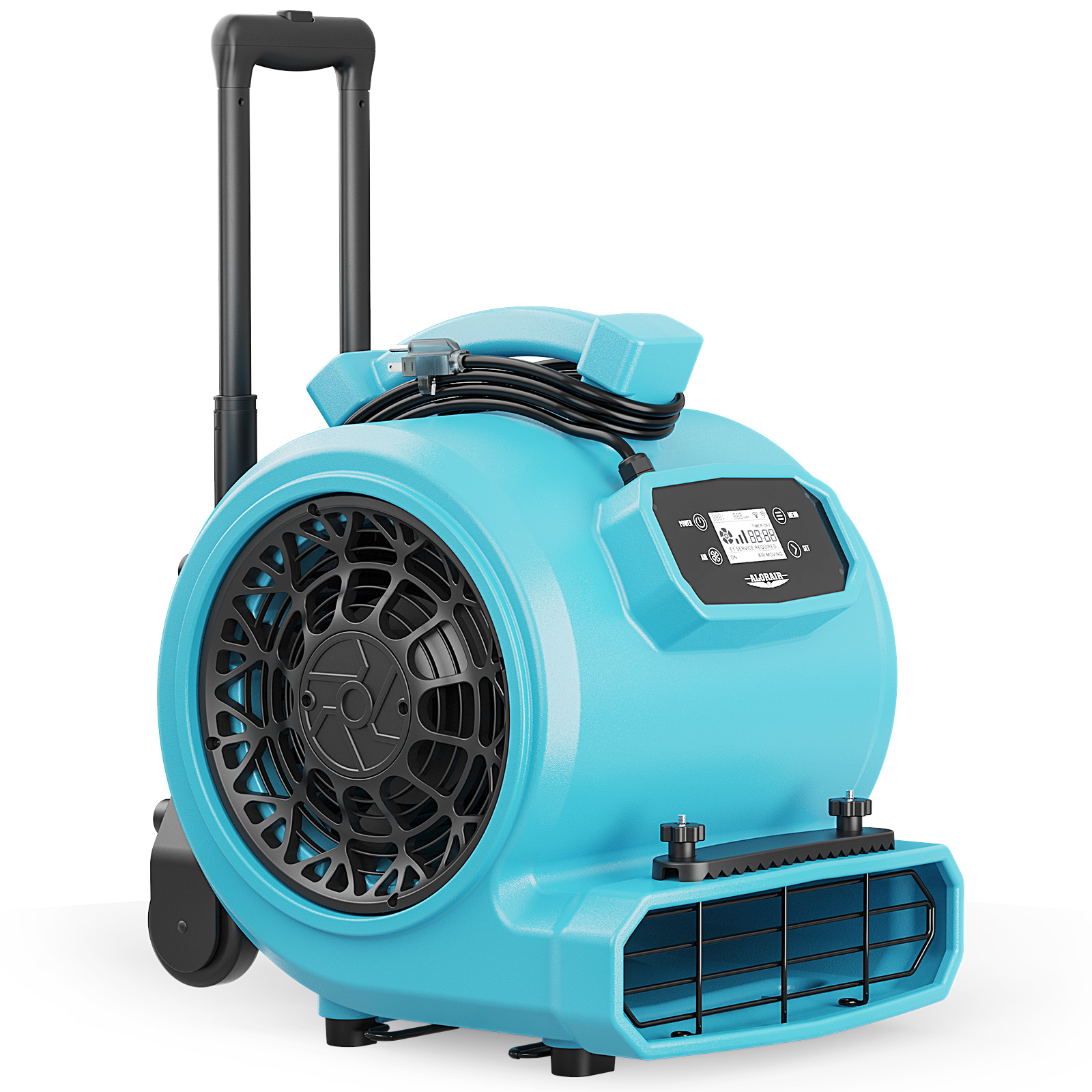
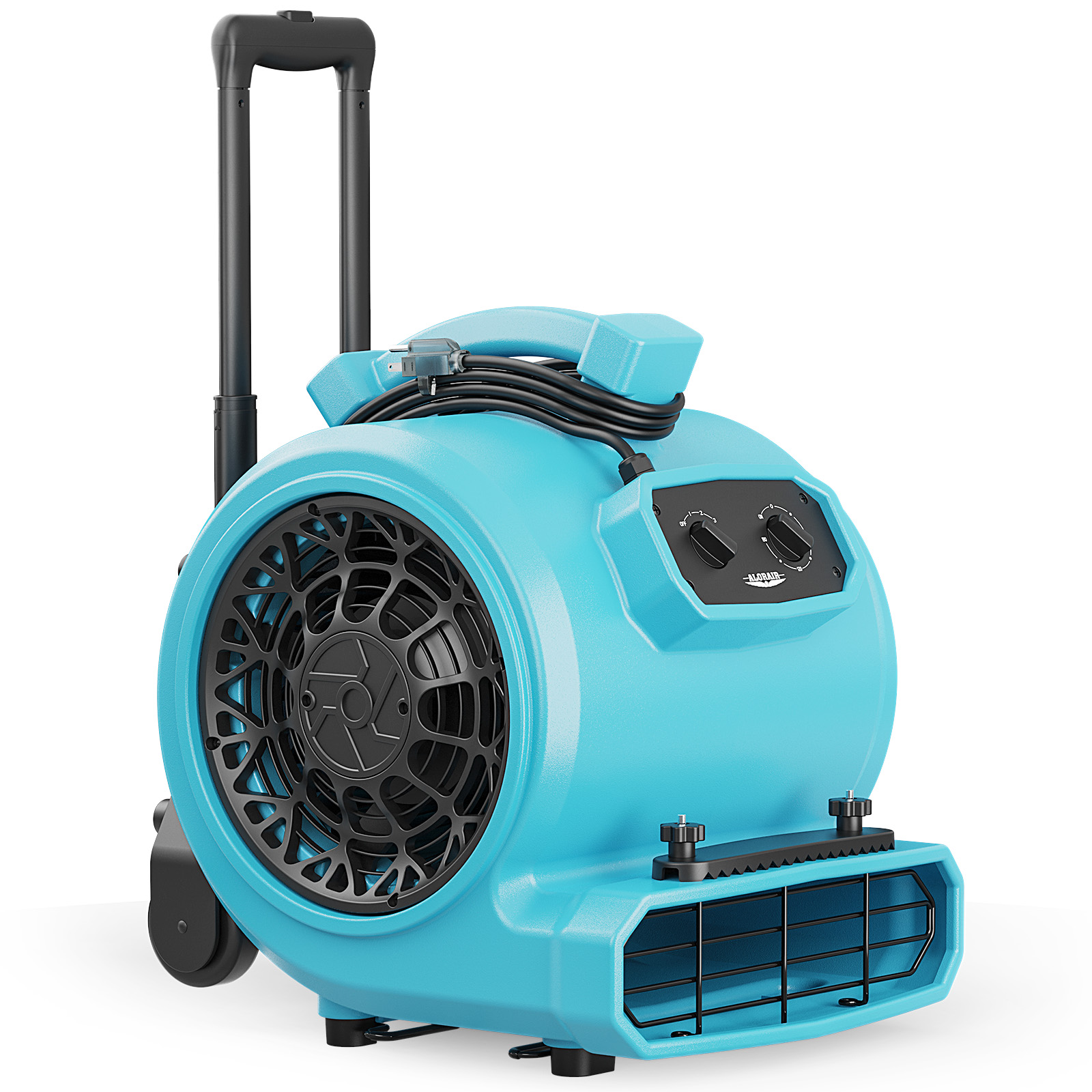
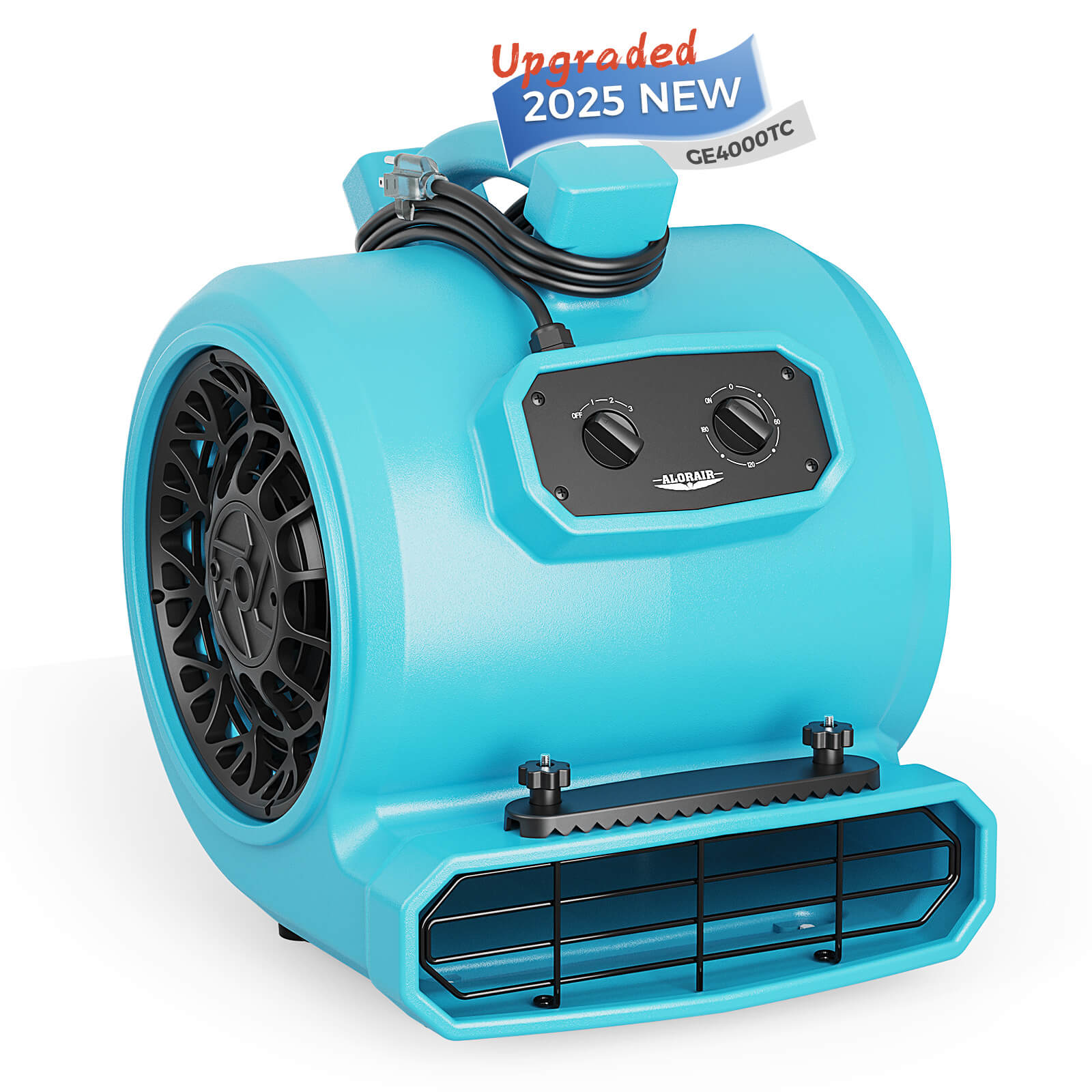
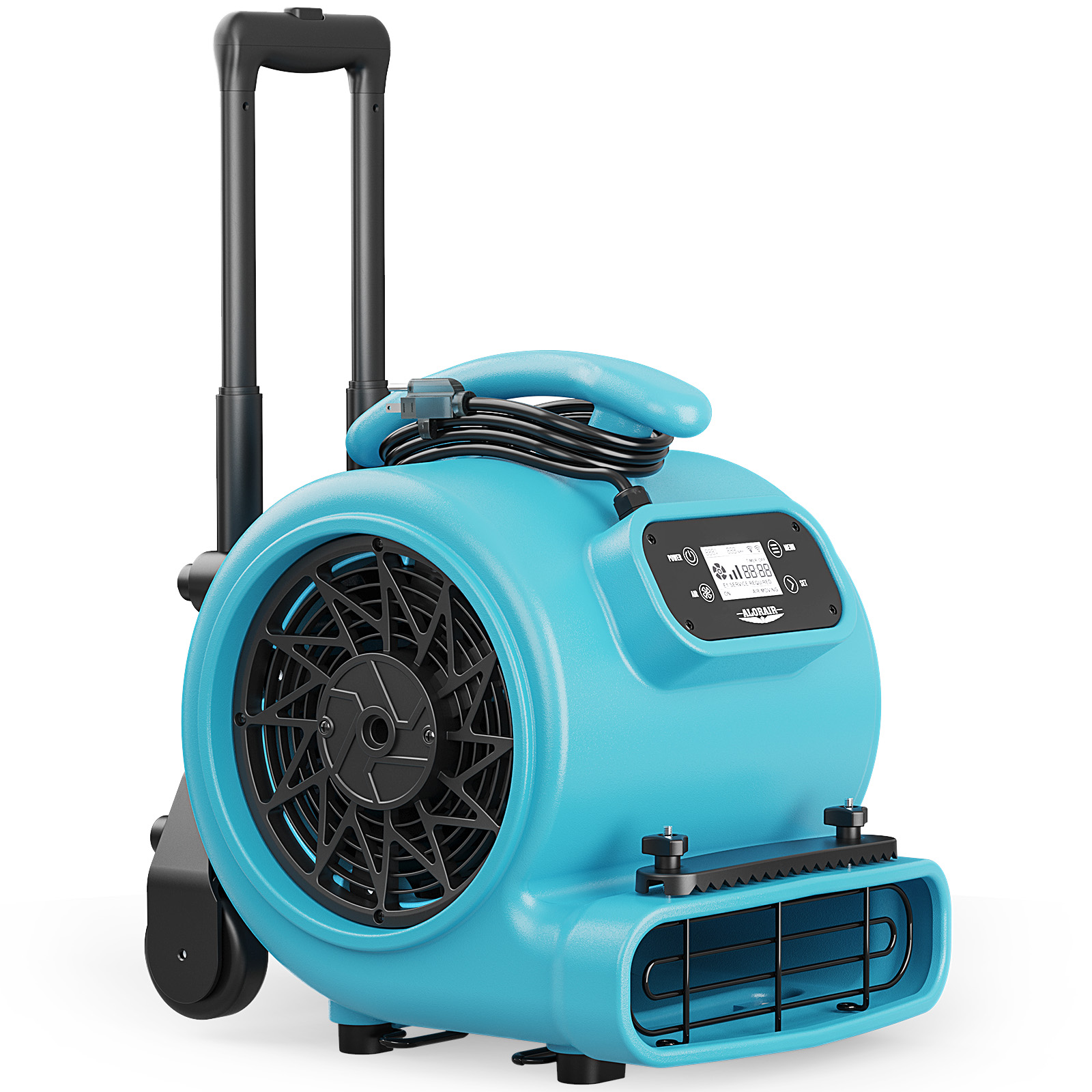
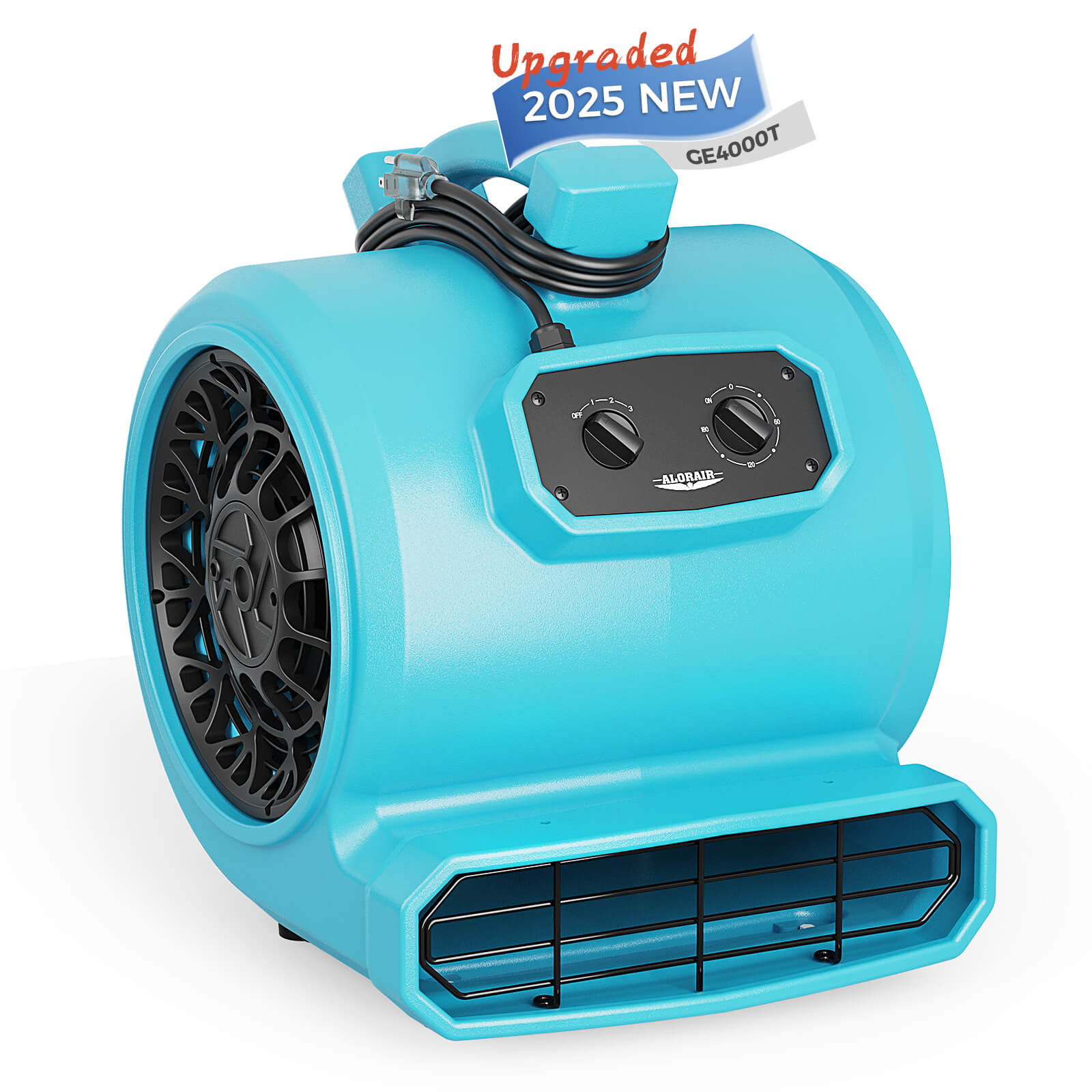
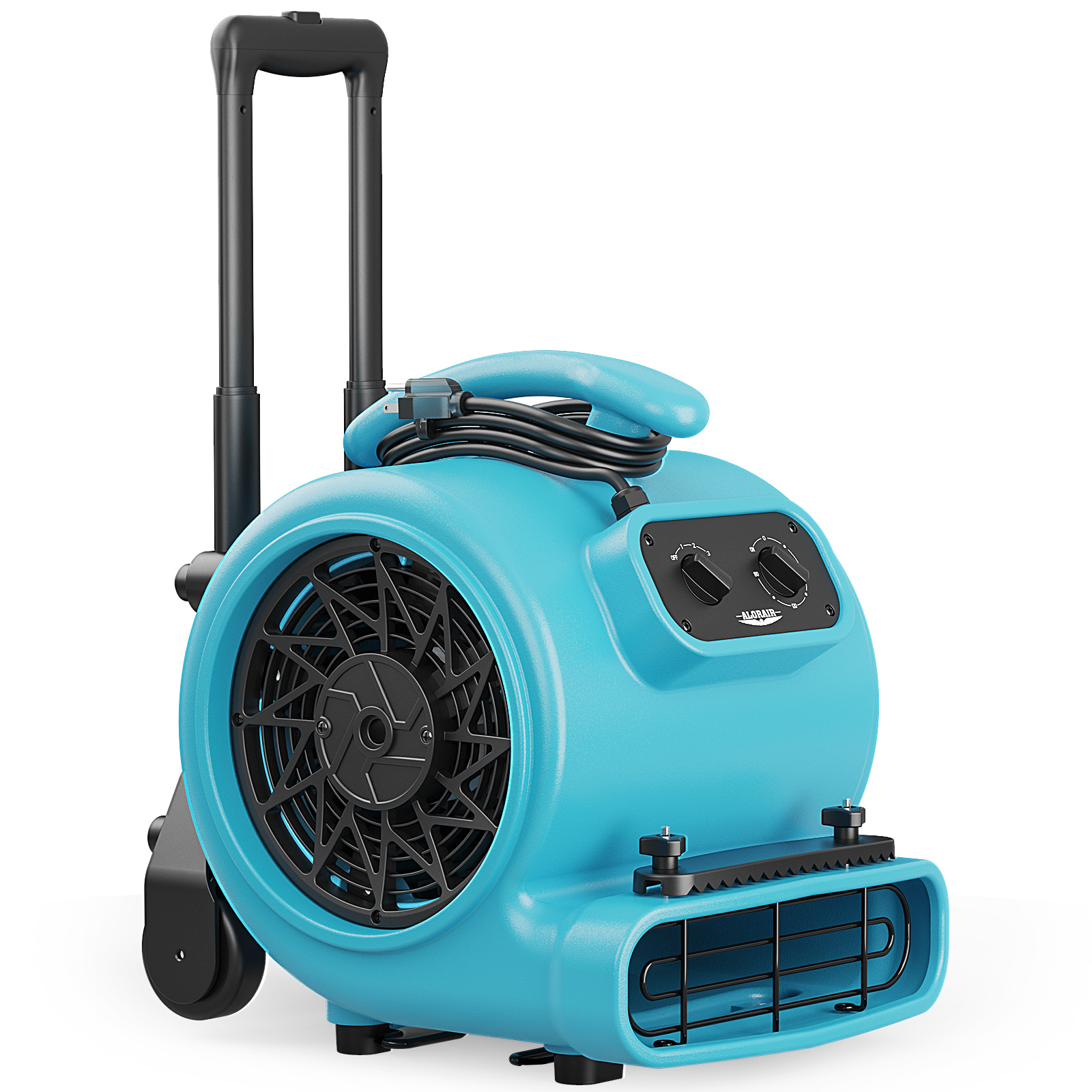
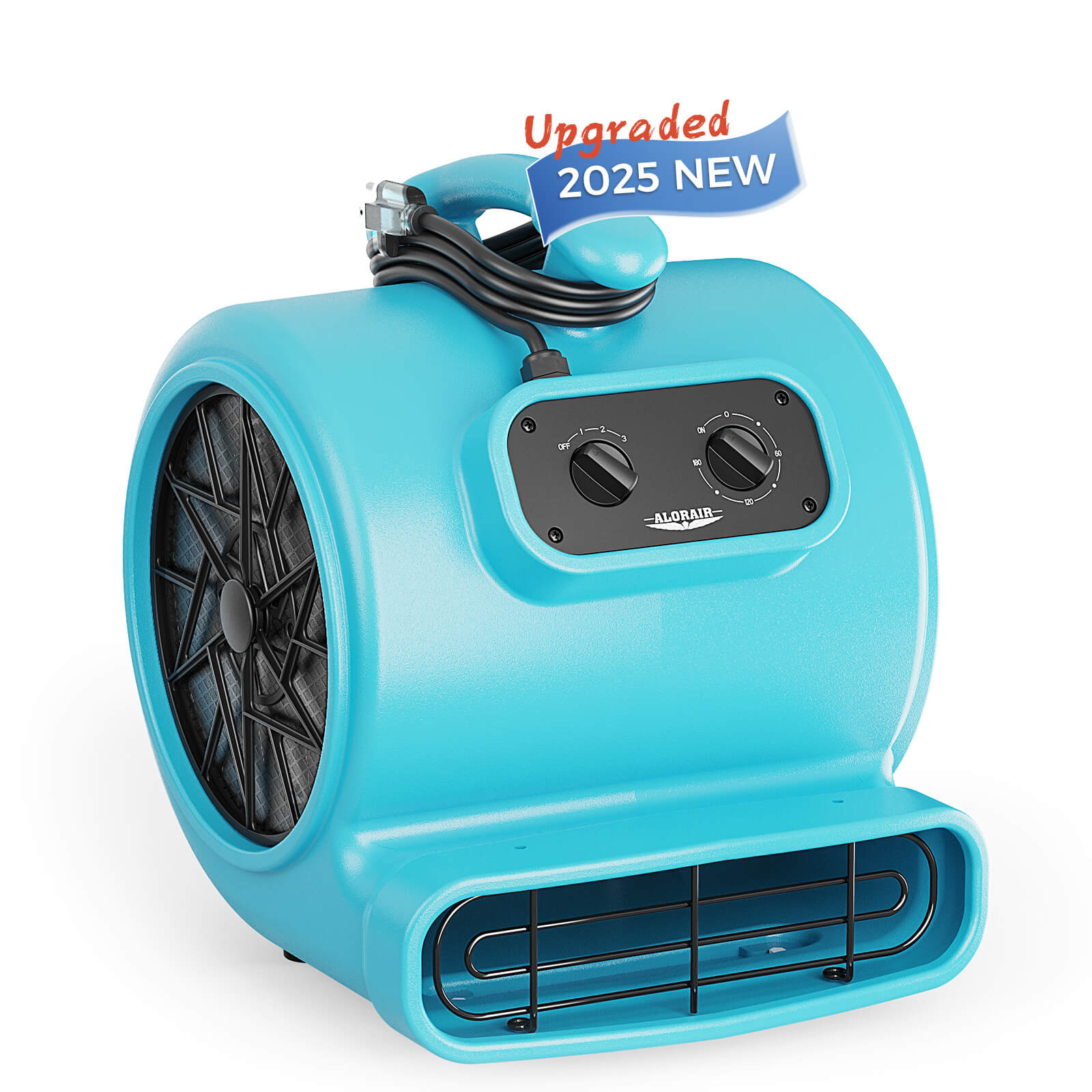
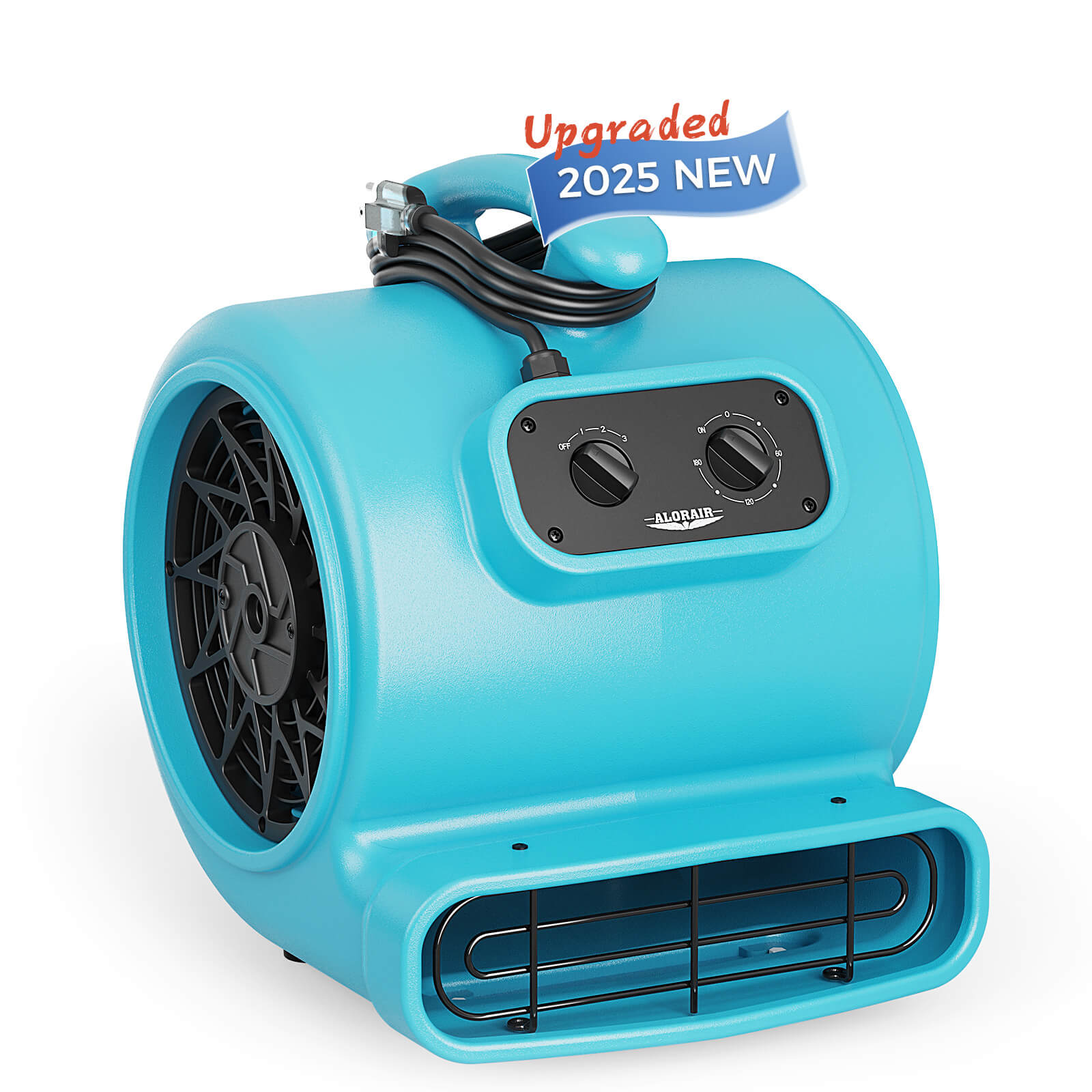
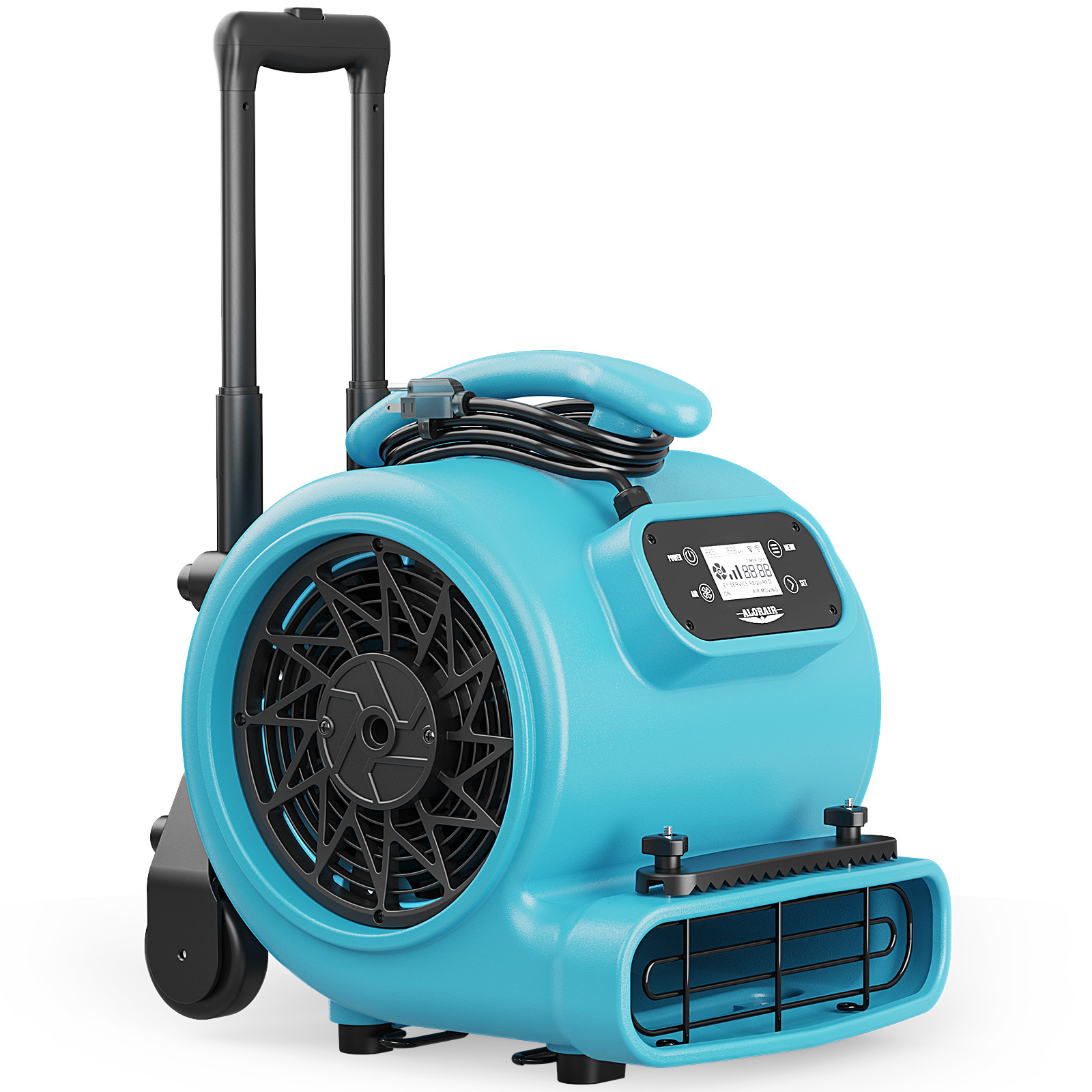
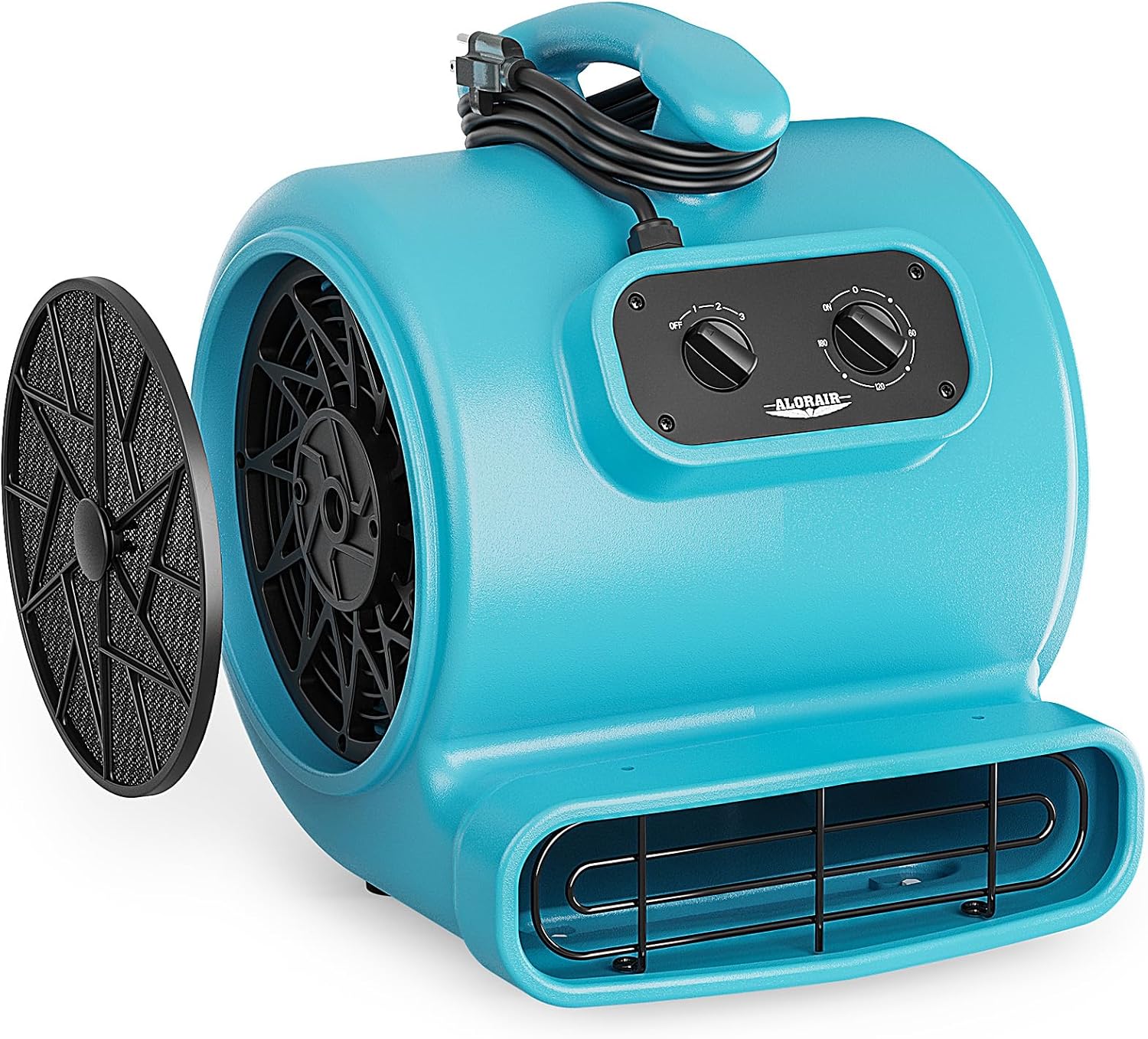
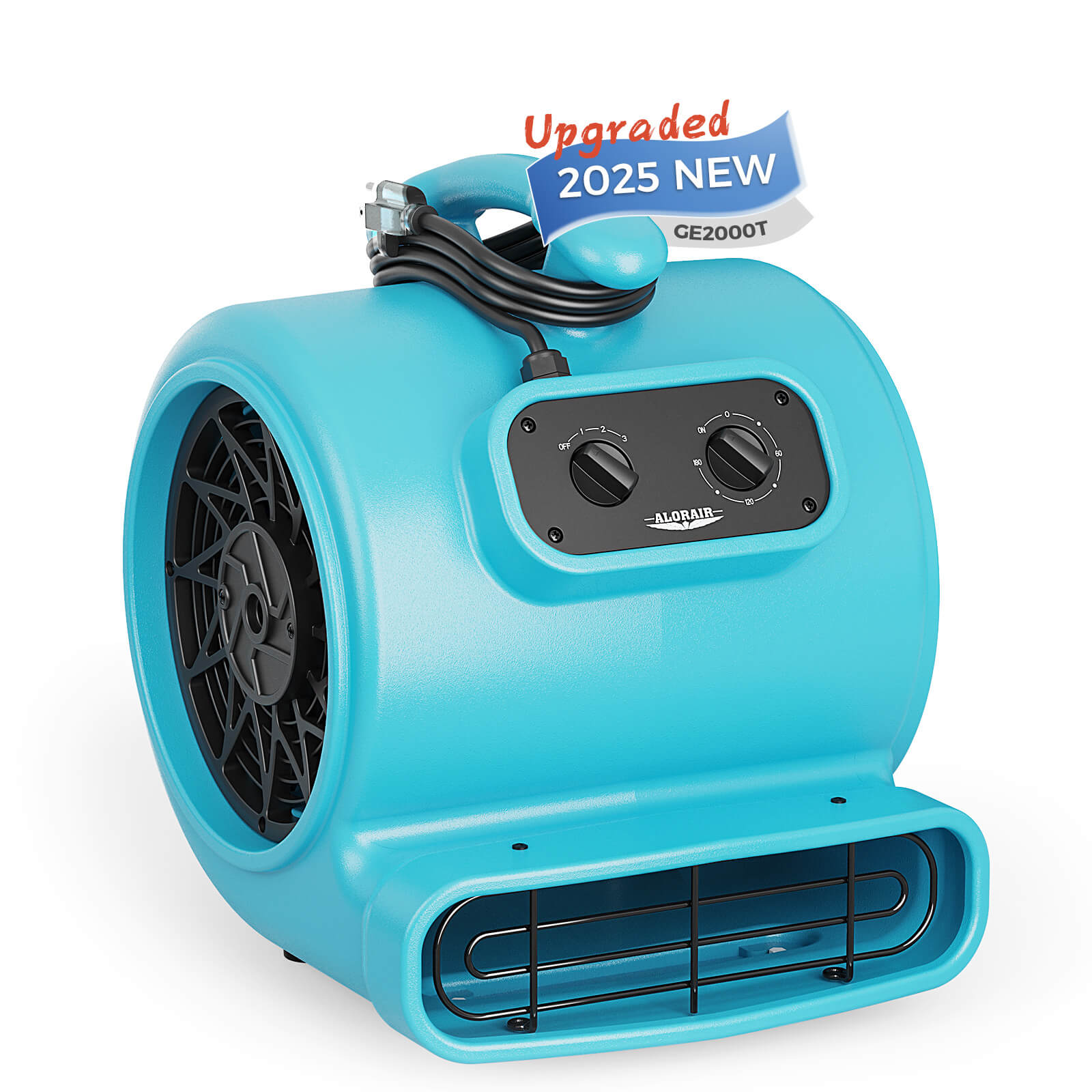
.jpg)
.jpg)
.jpg)
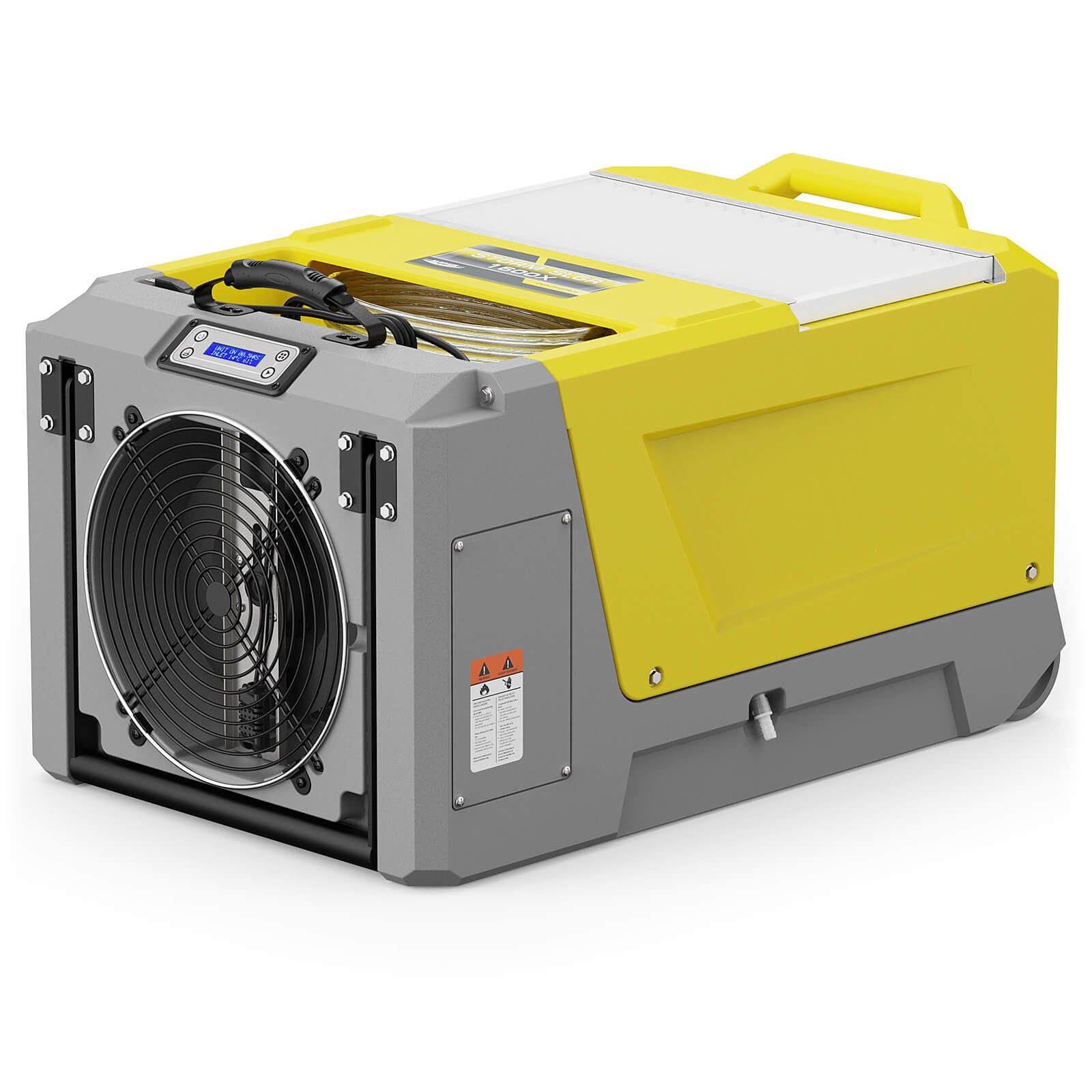
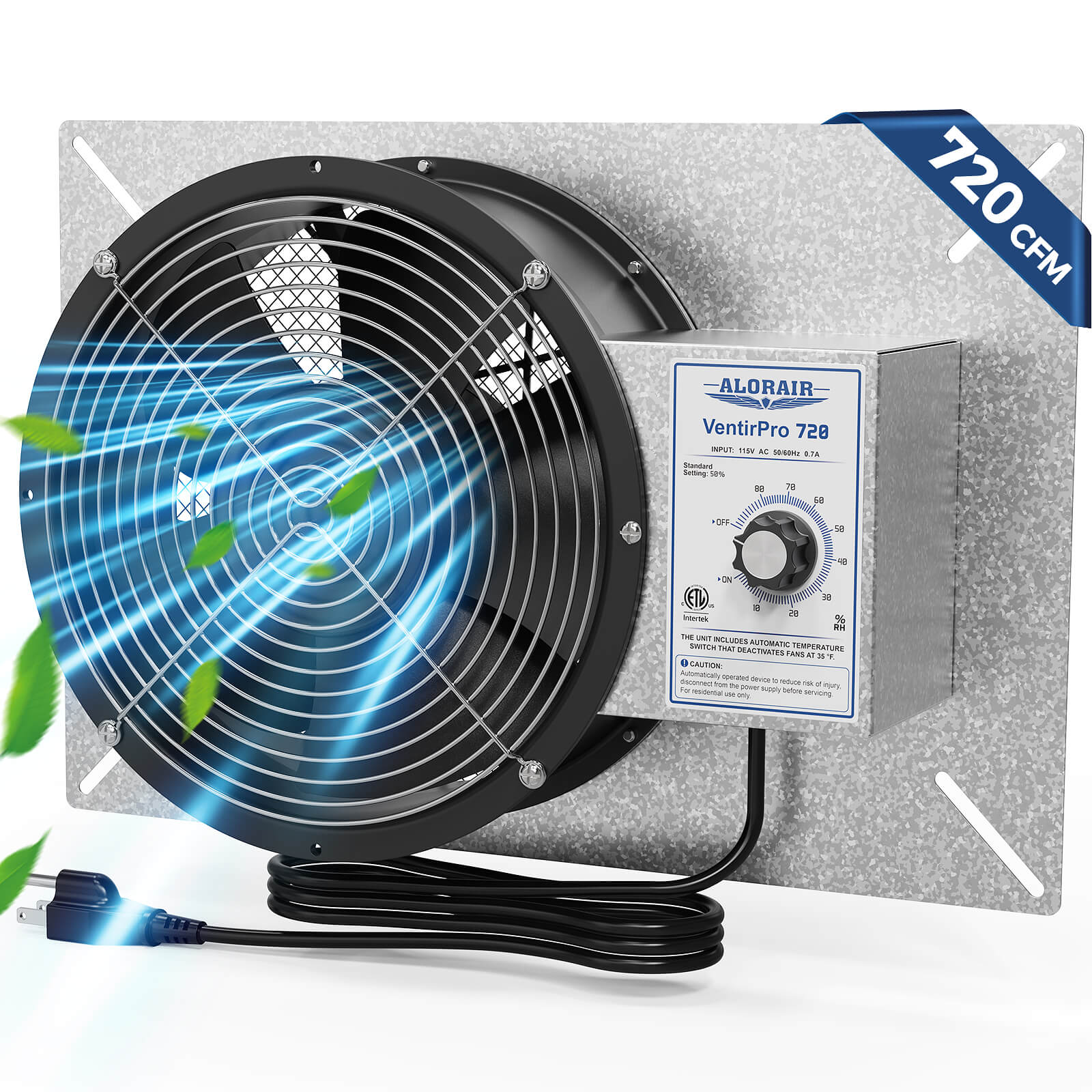
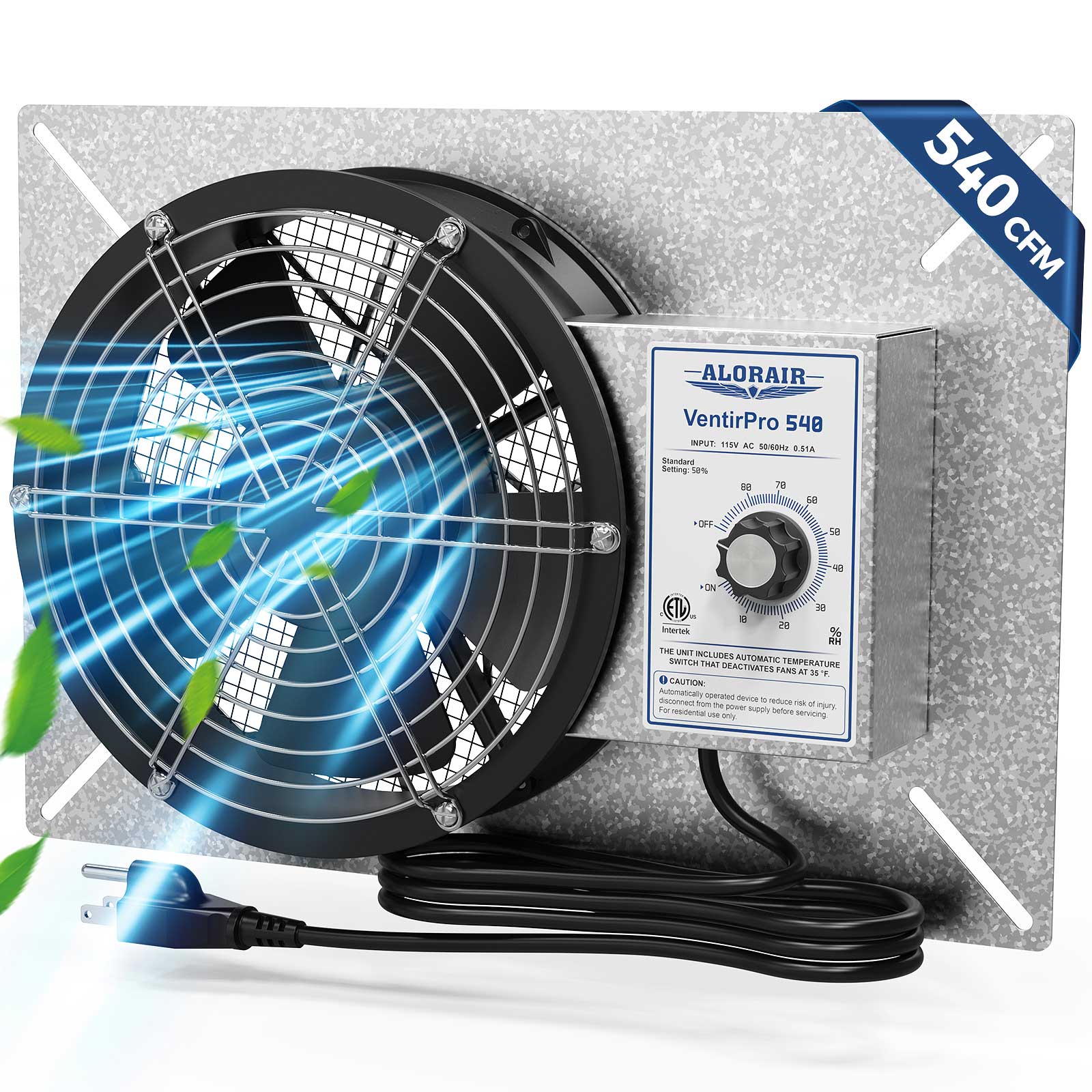
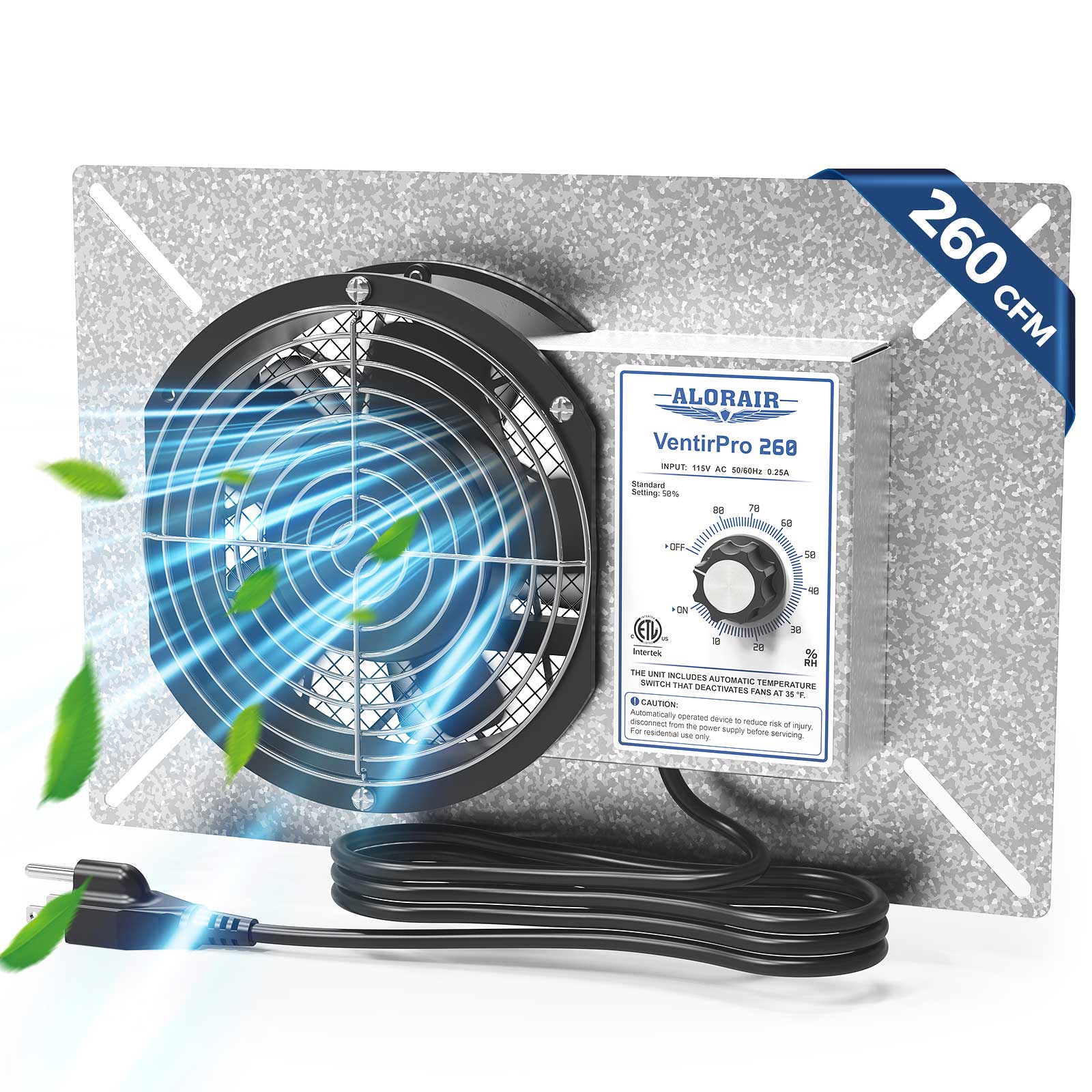
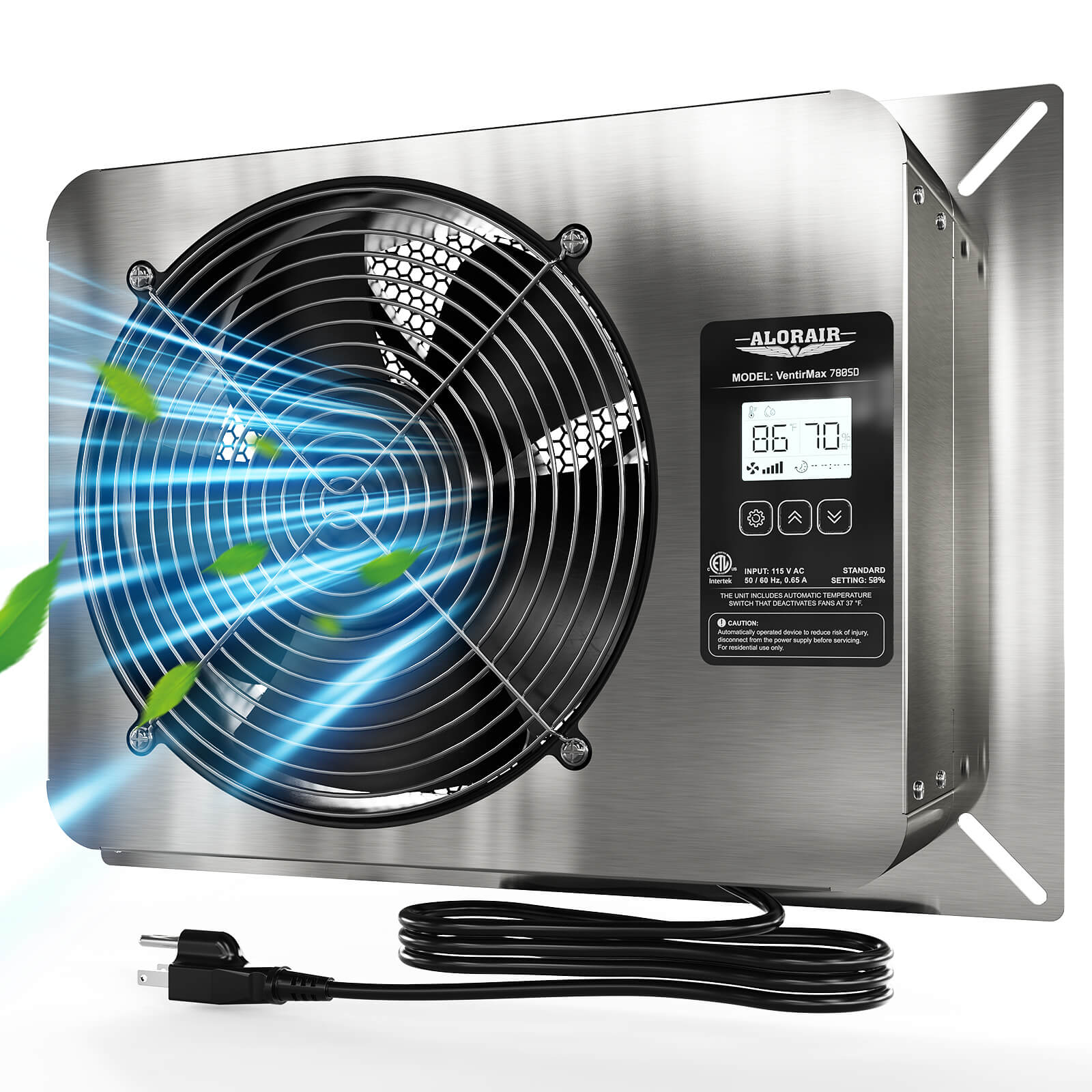
.jpg)
.jpg)
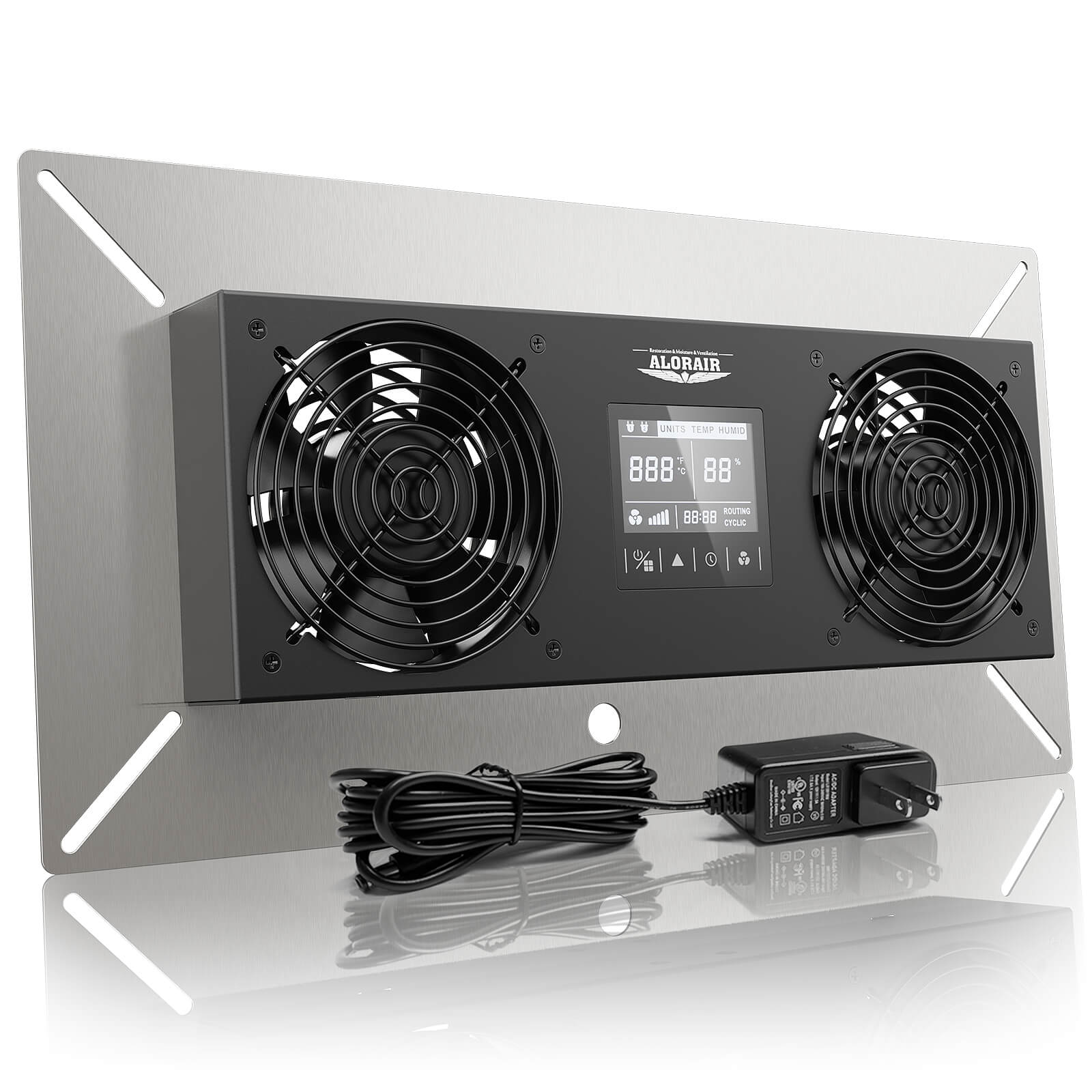
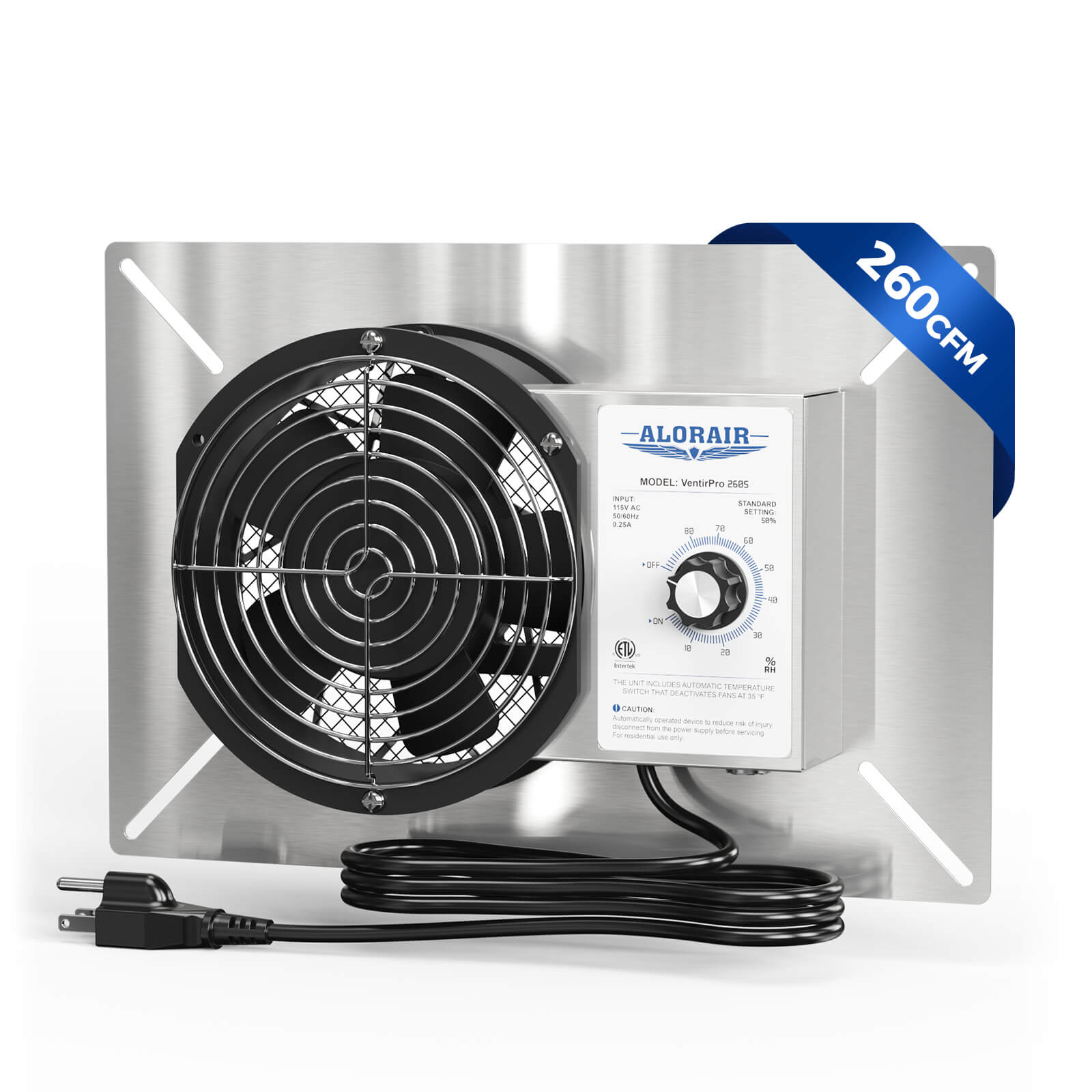
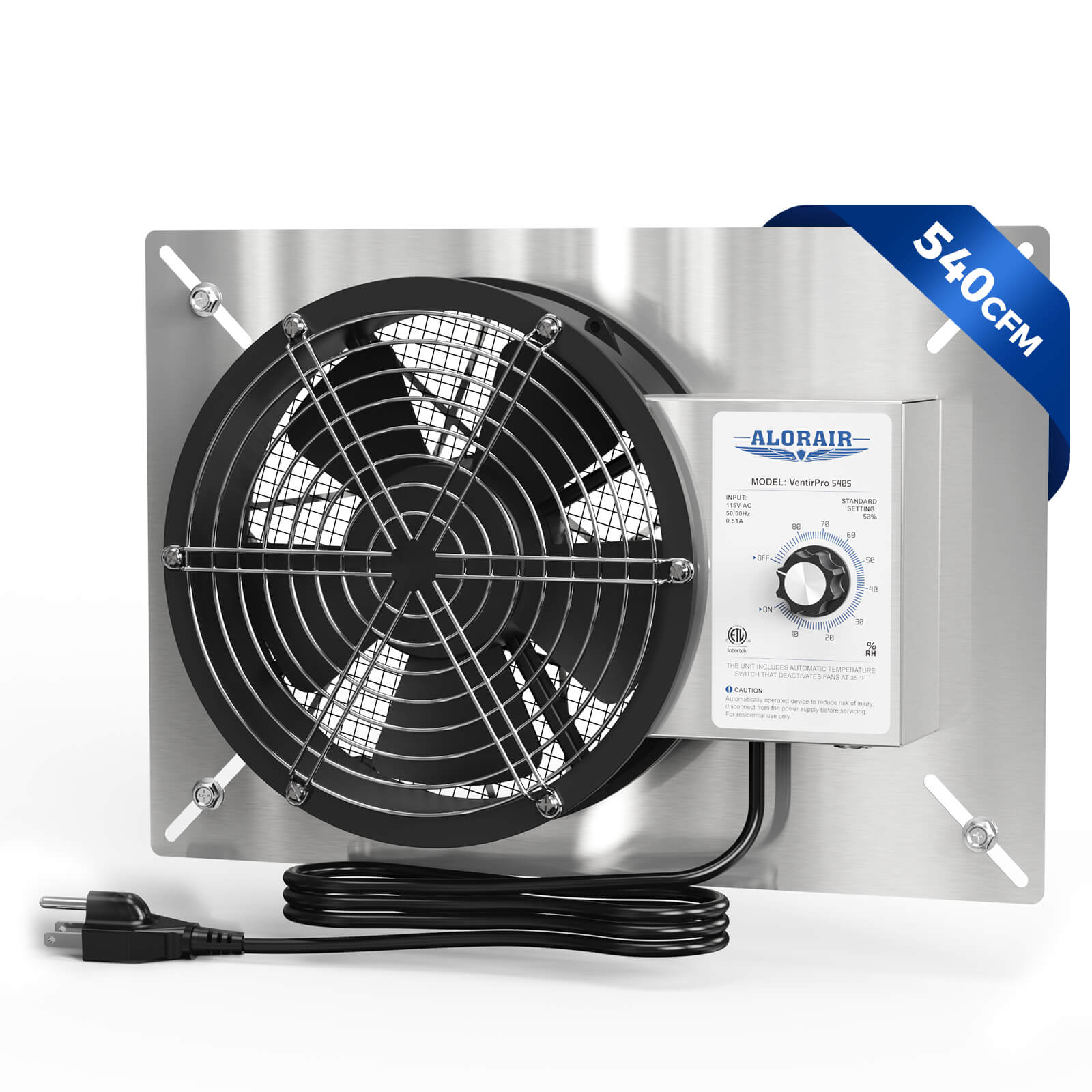
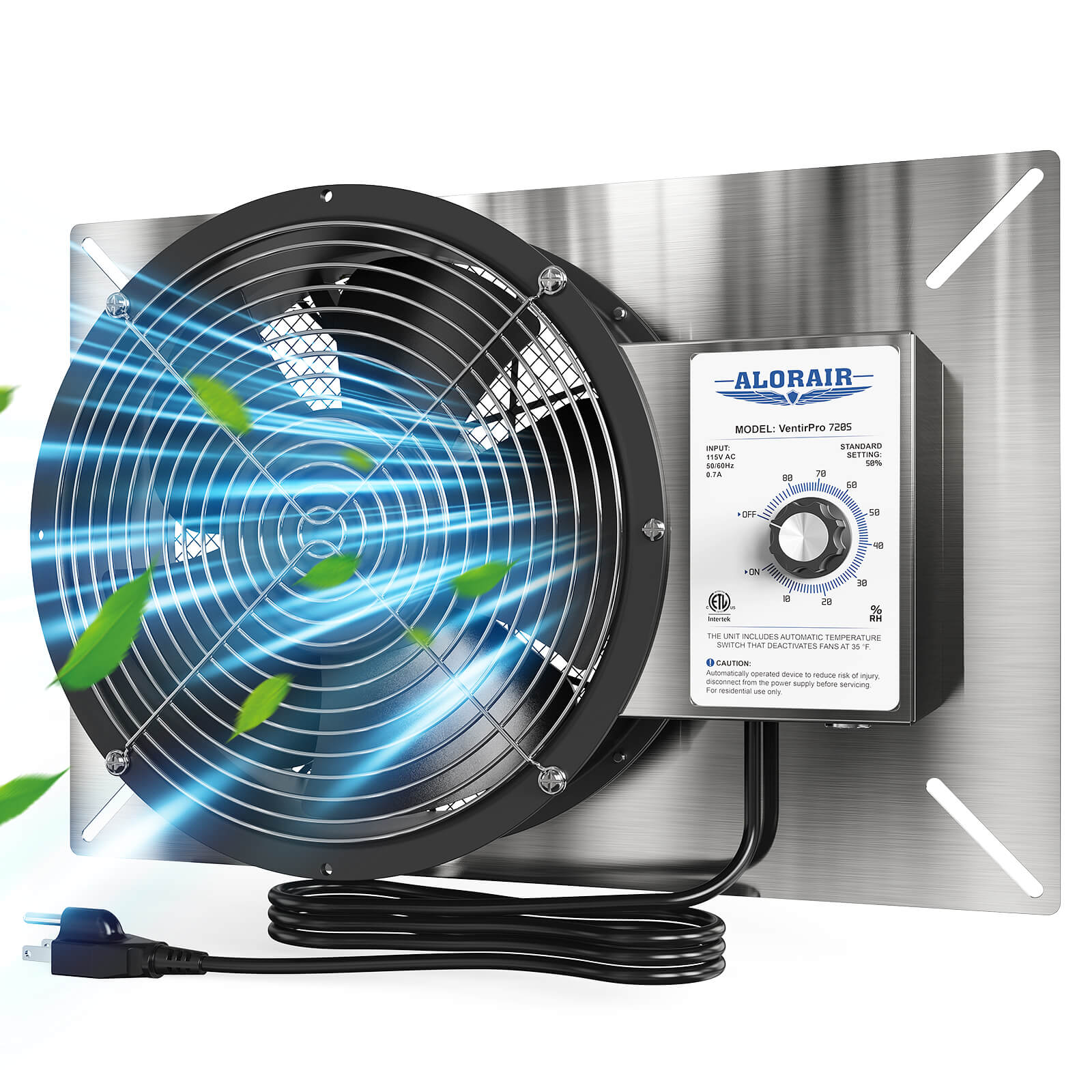
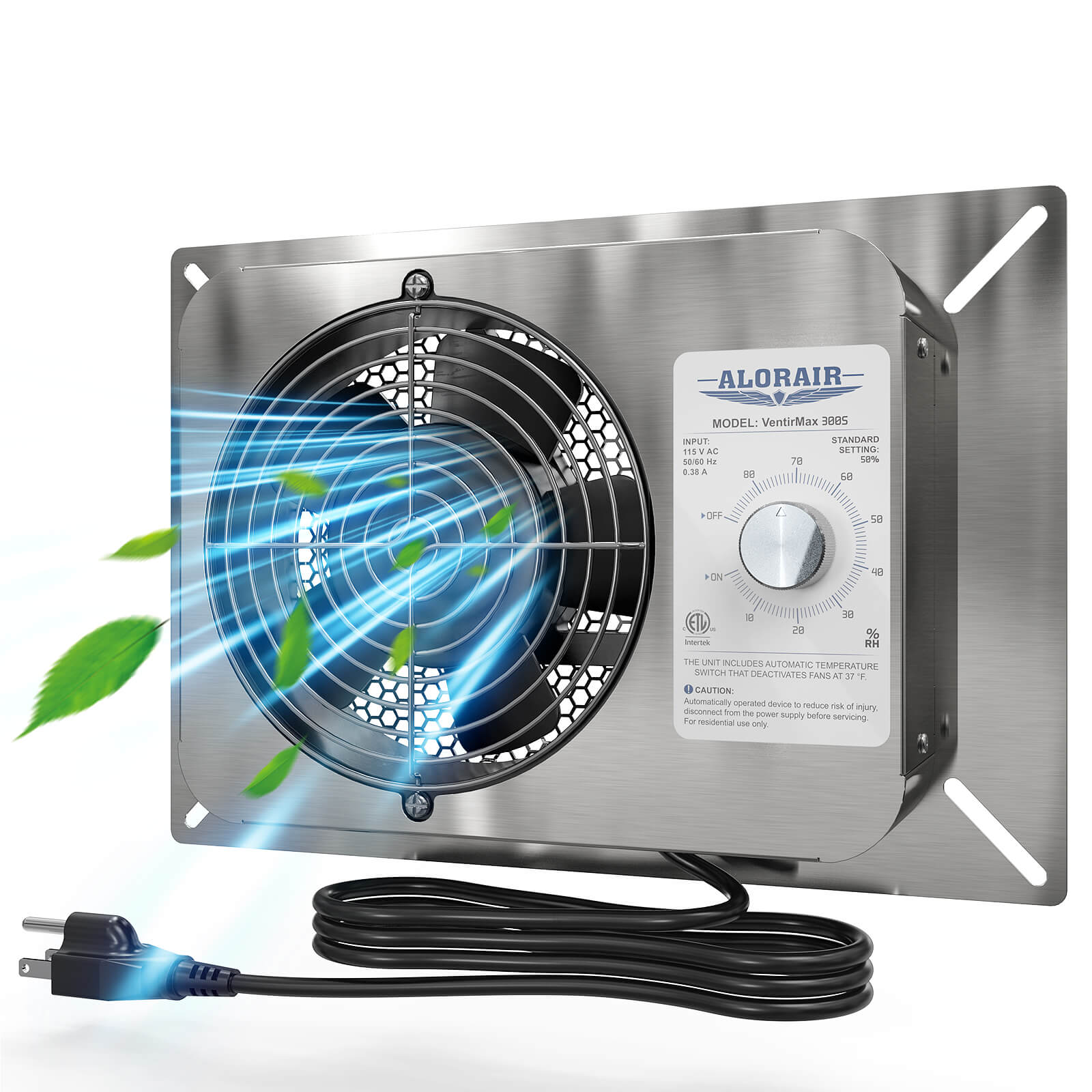
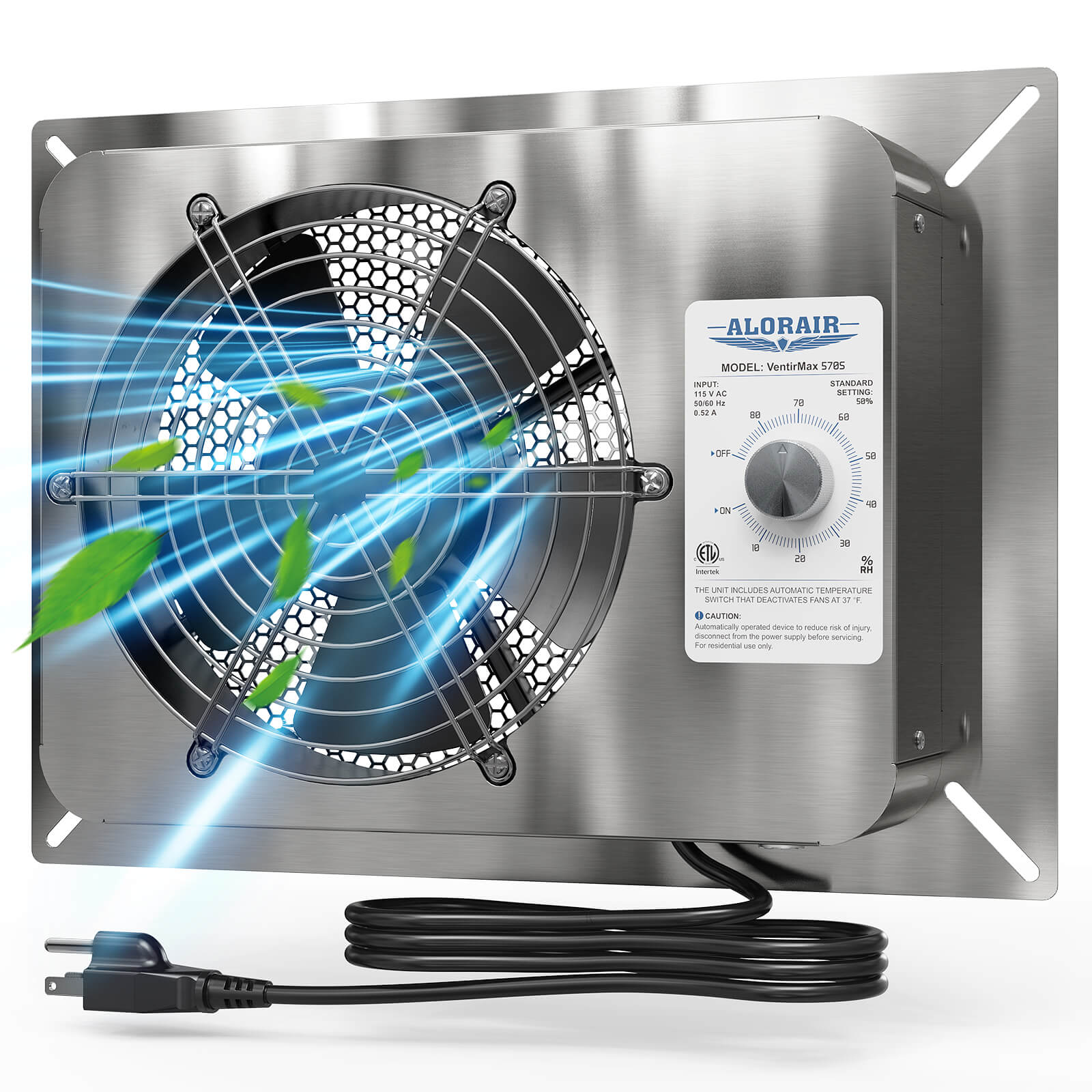
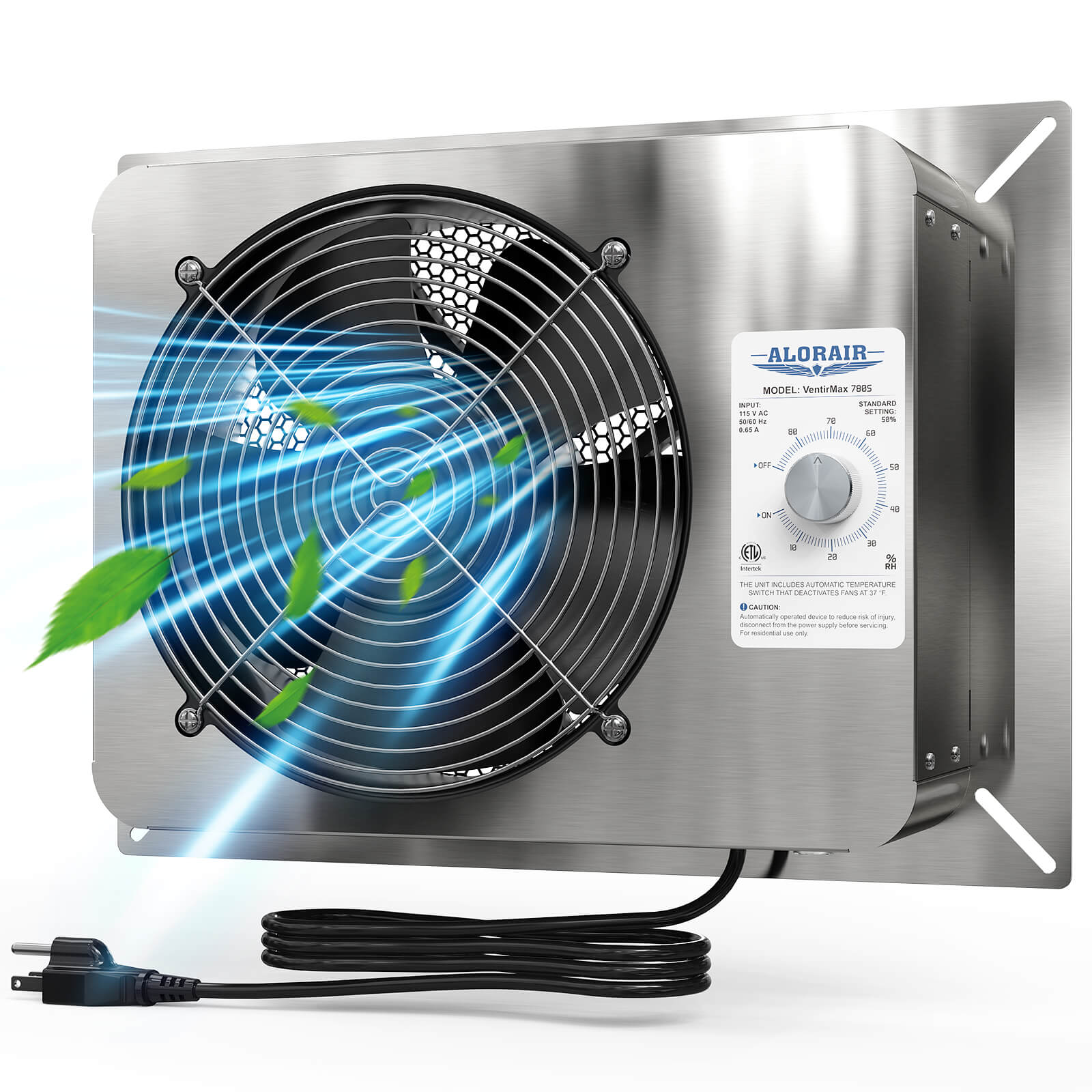
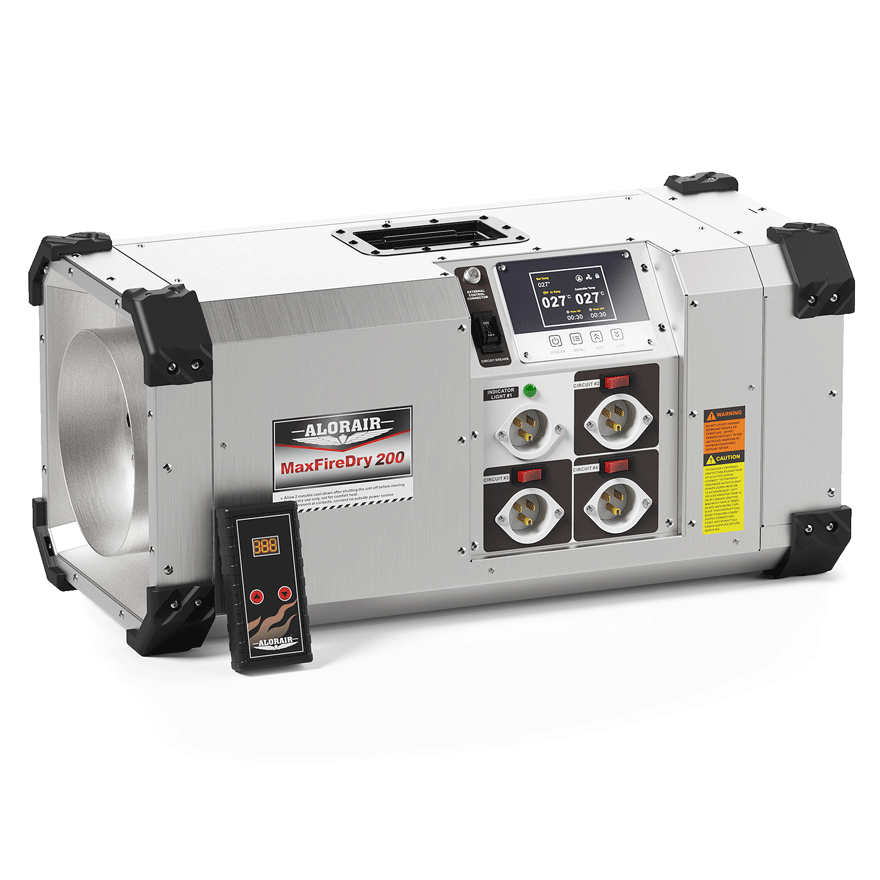
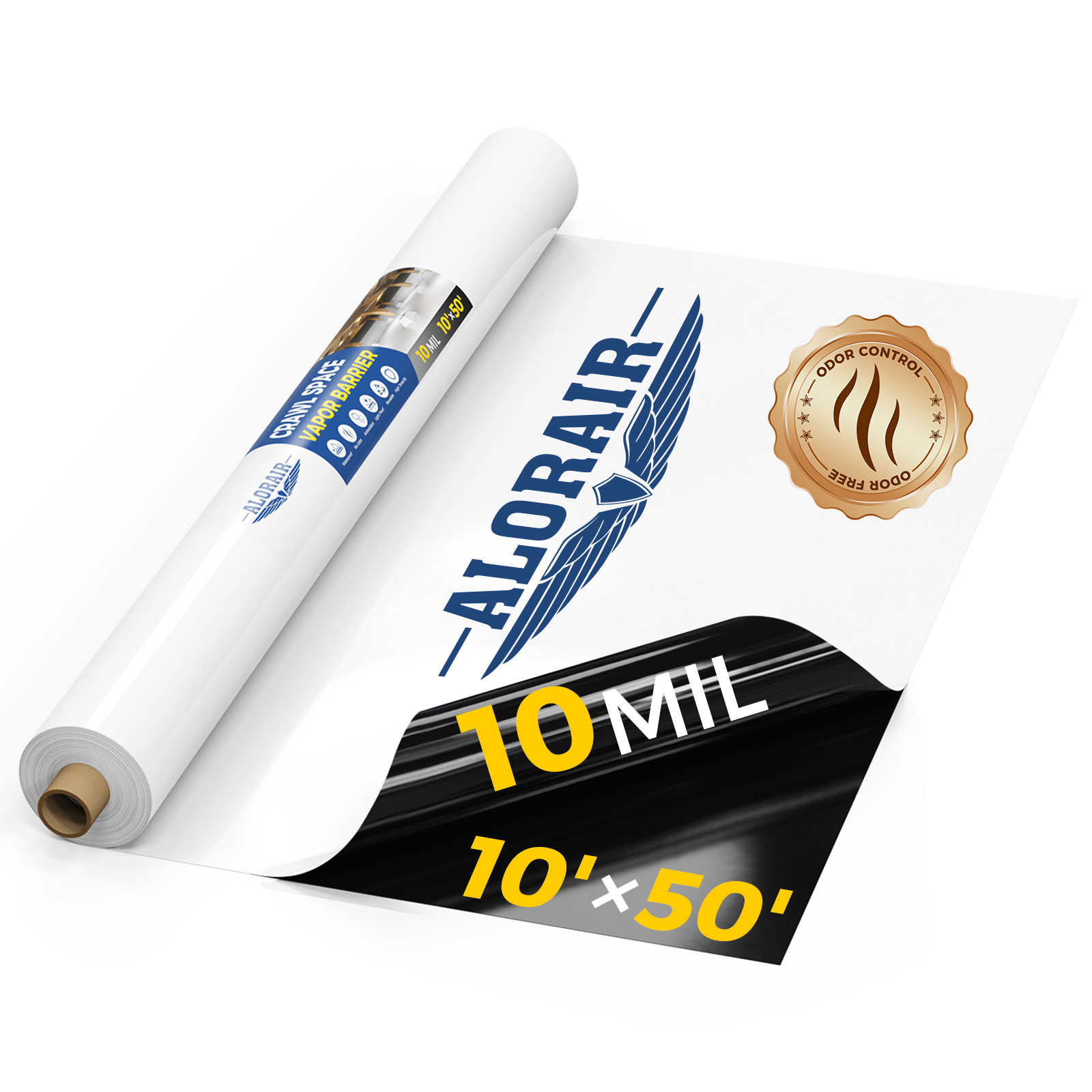
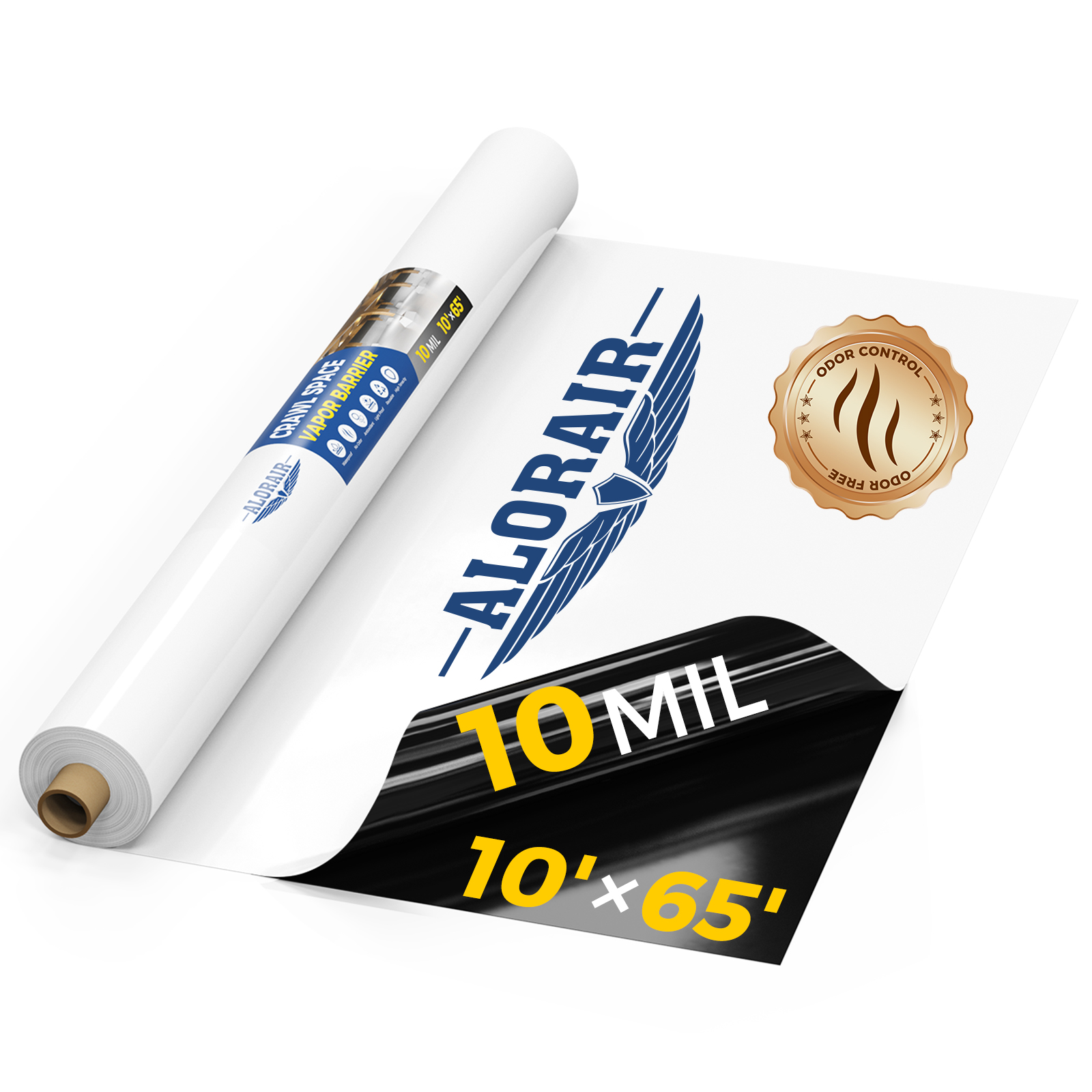
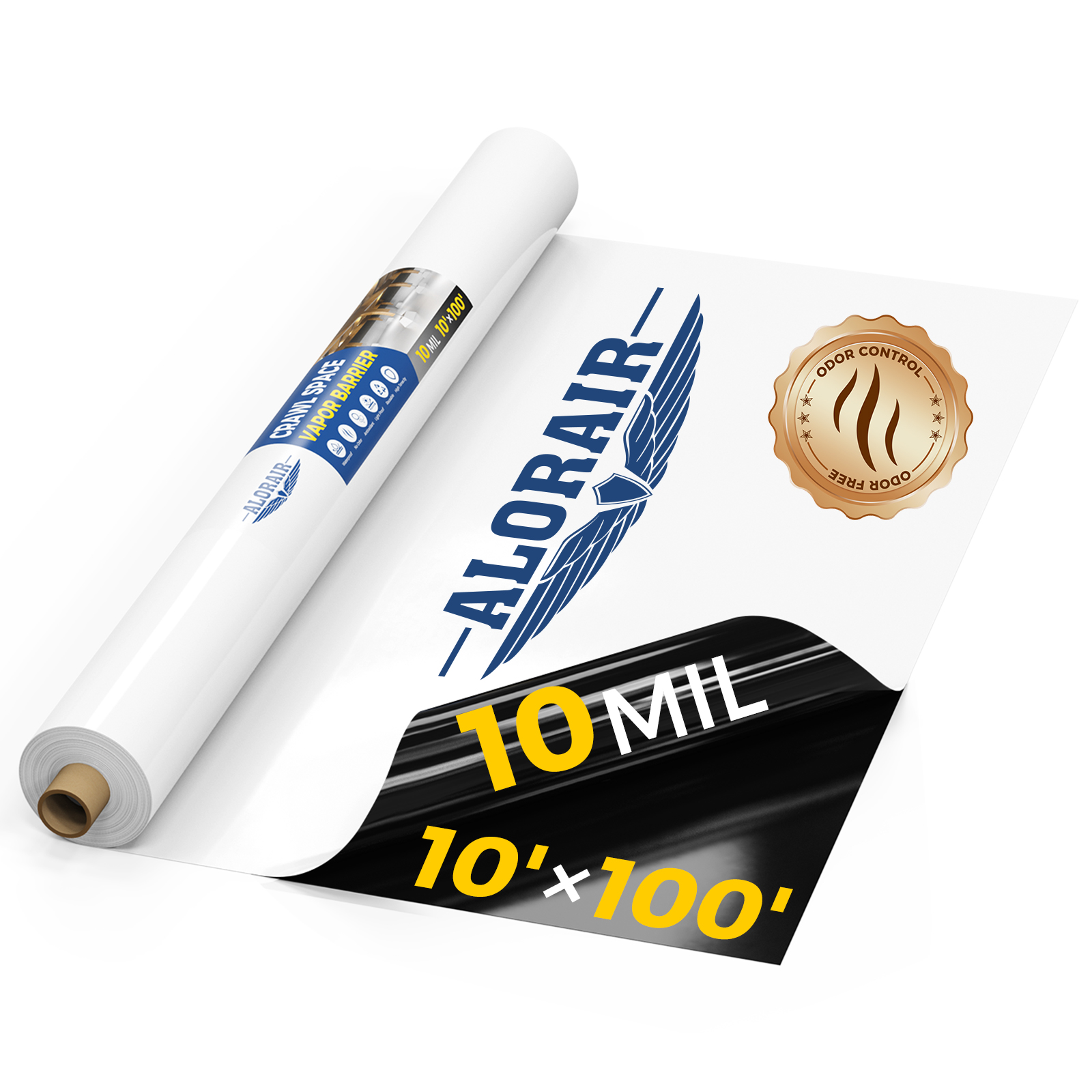
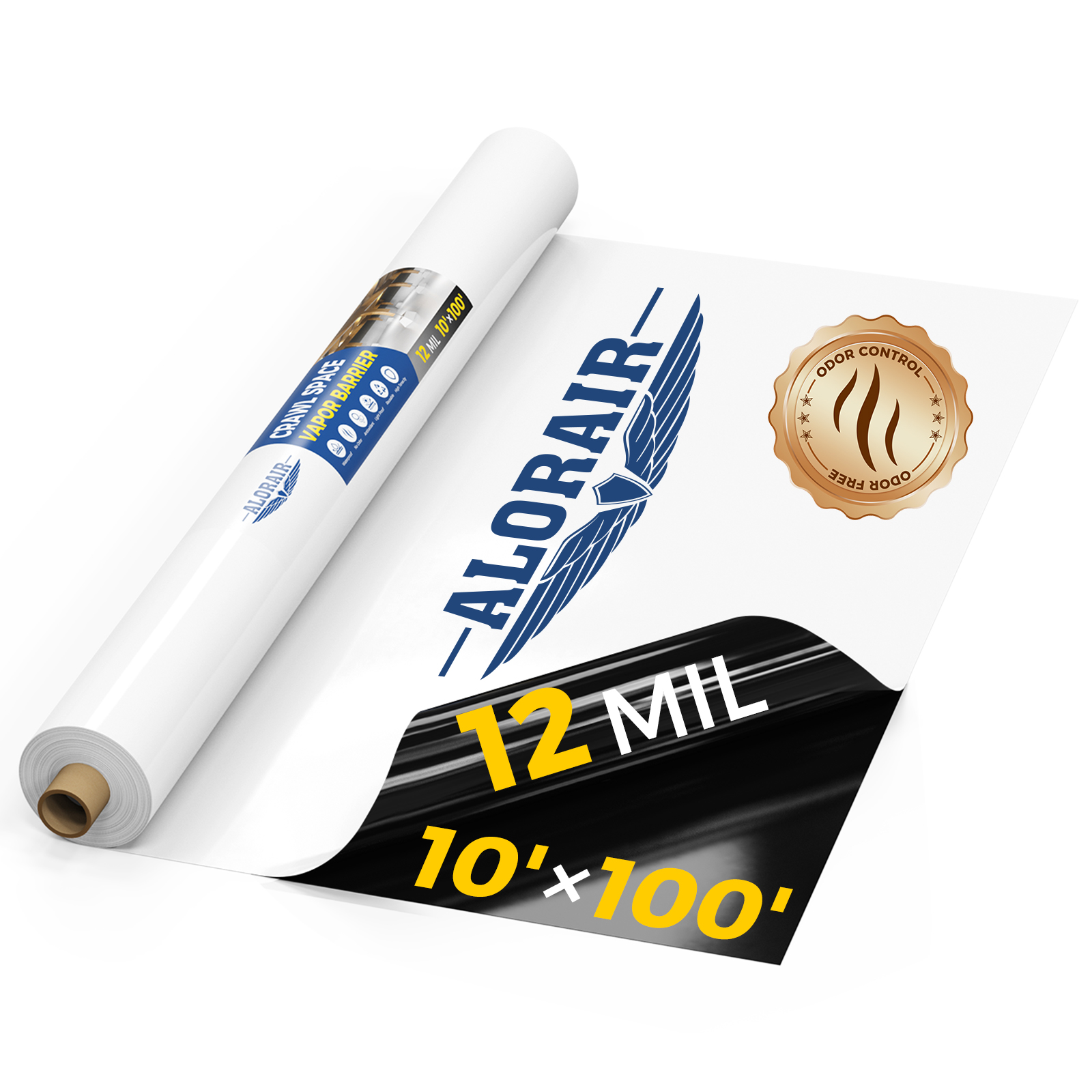
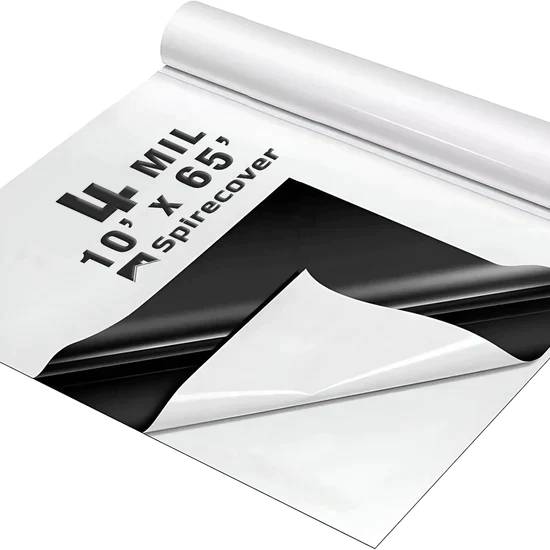
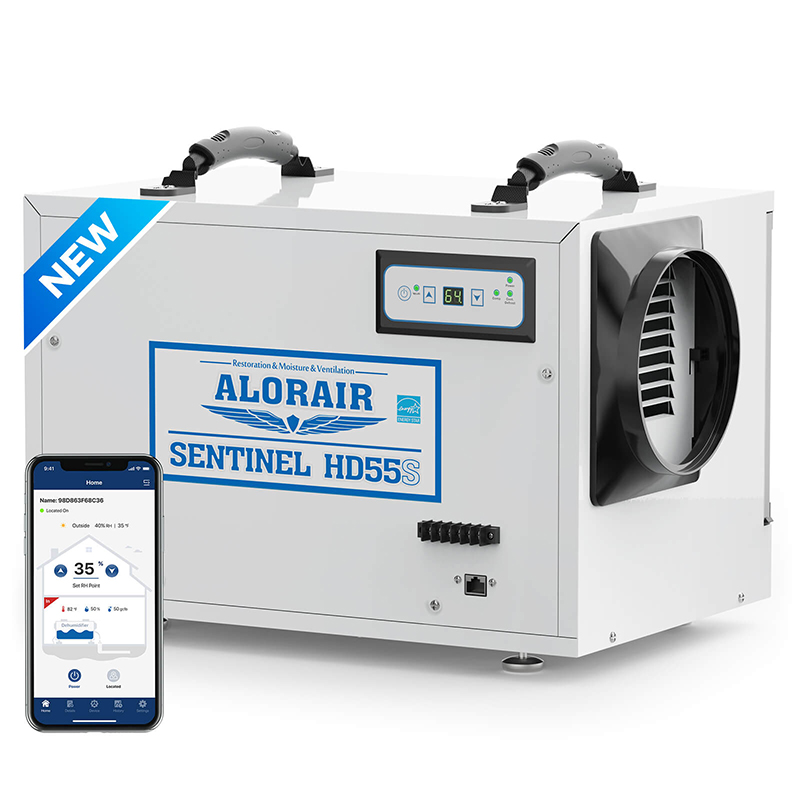
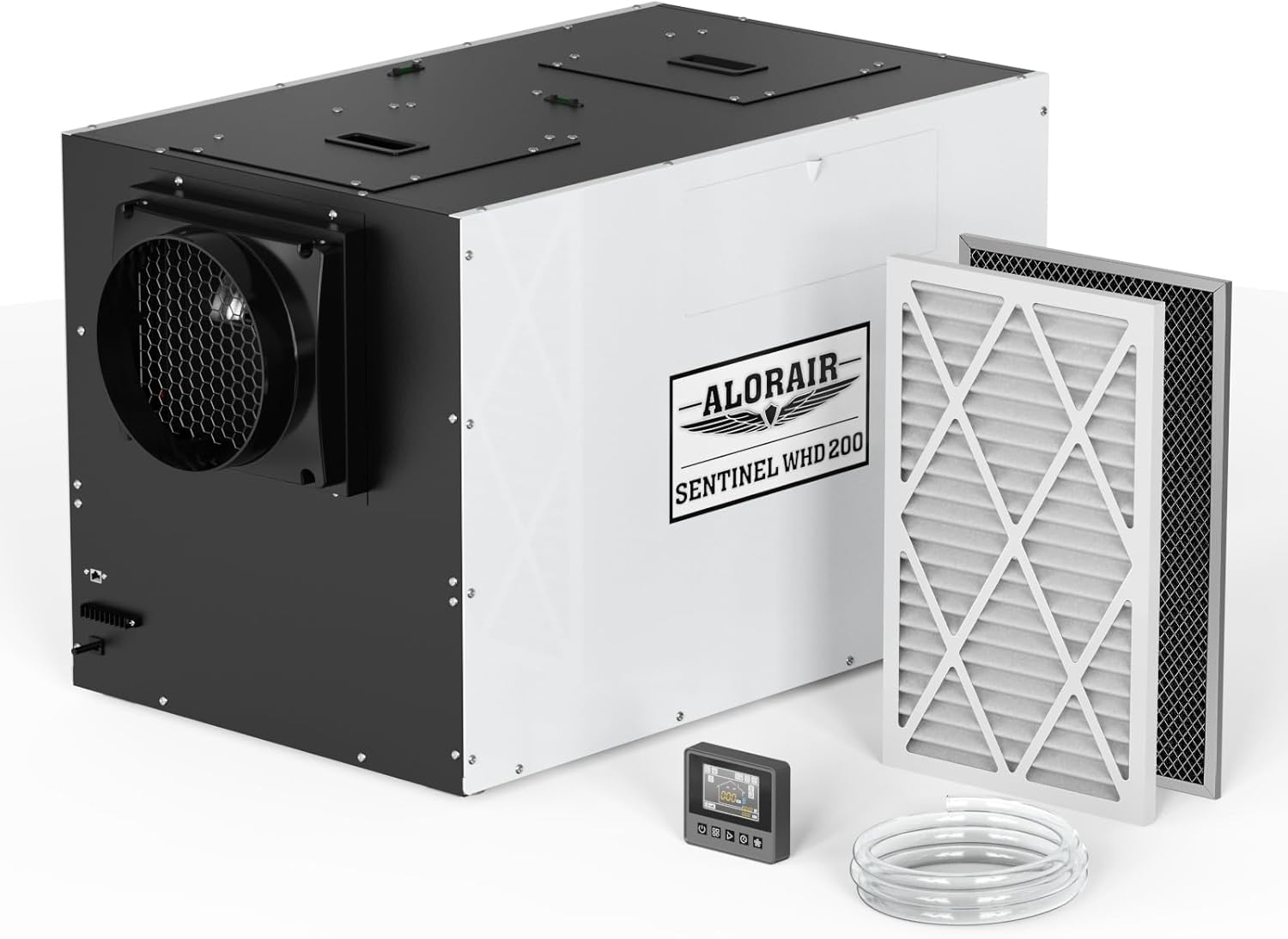
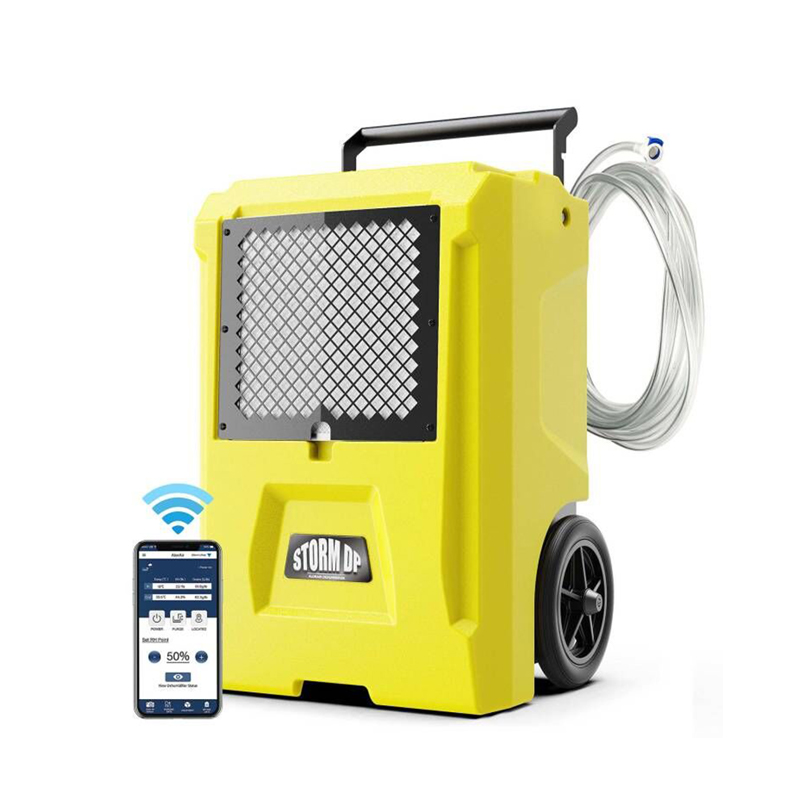
-.jpg)
.jpg)
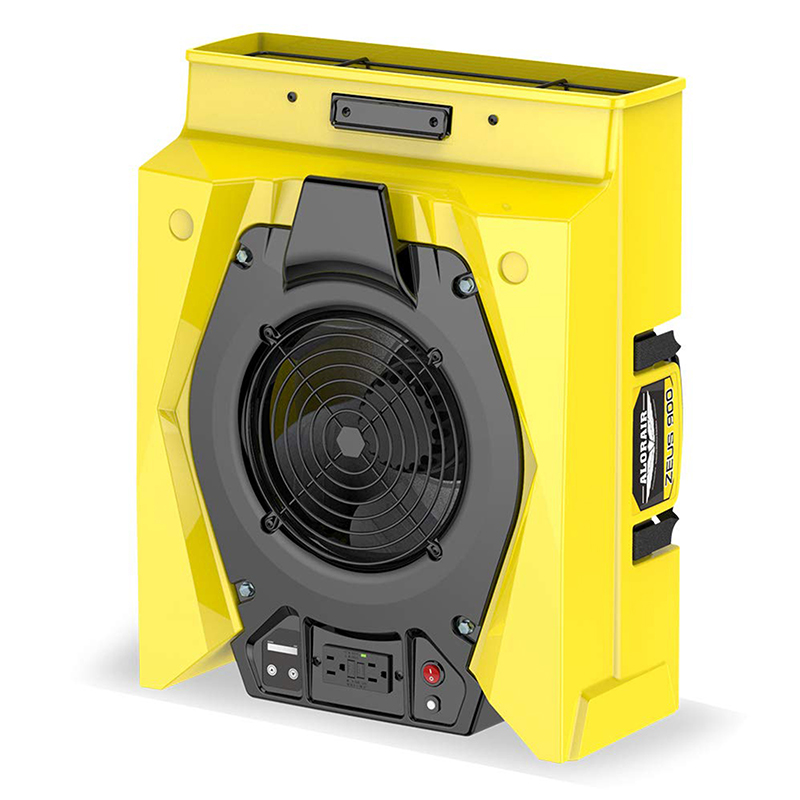
.jpg)
.jpg)
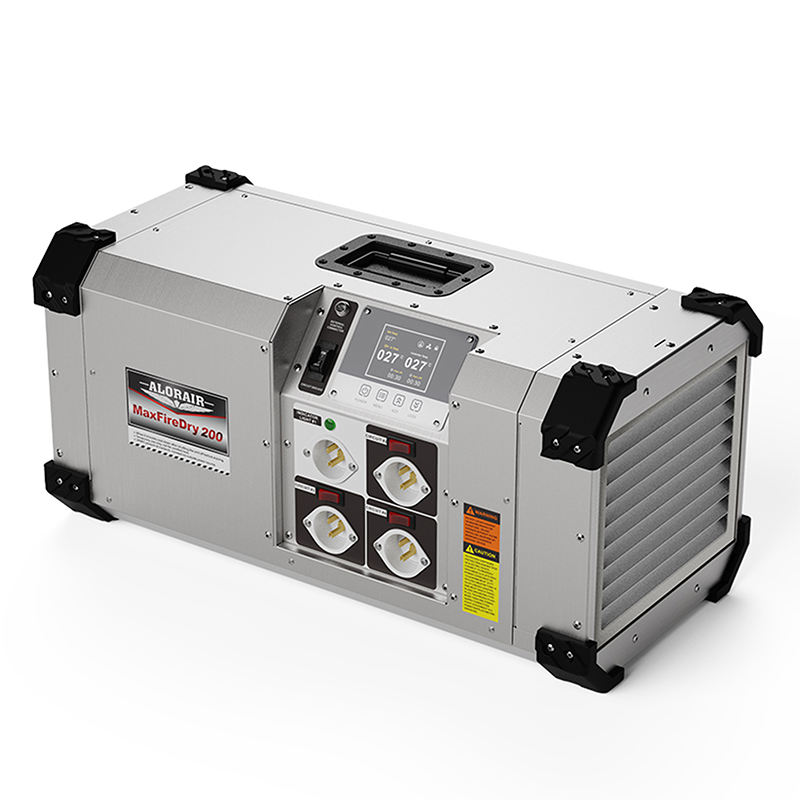
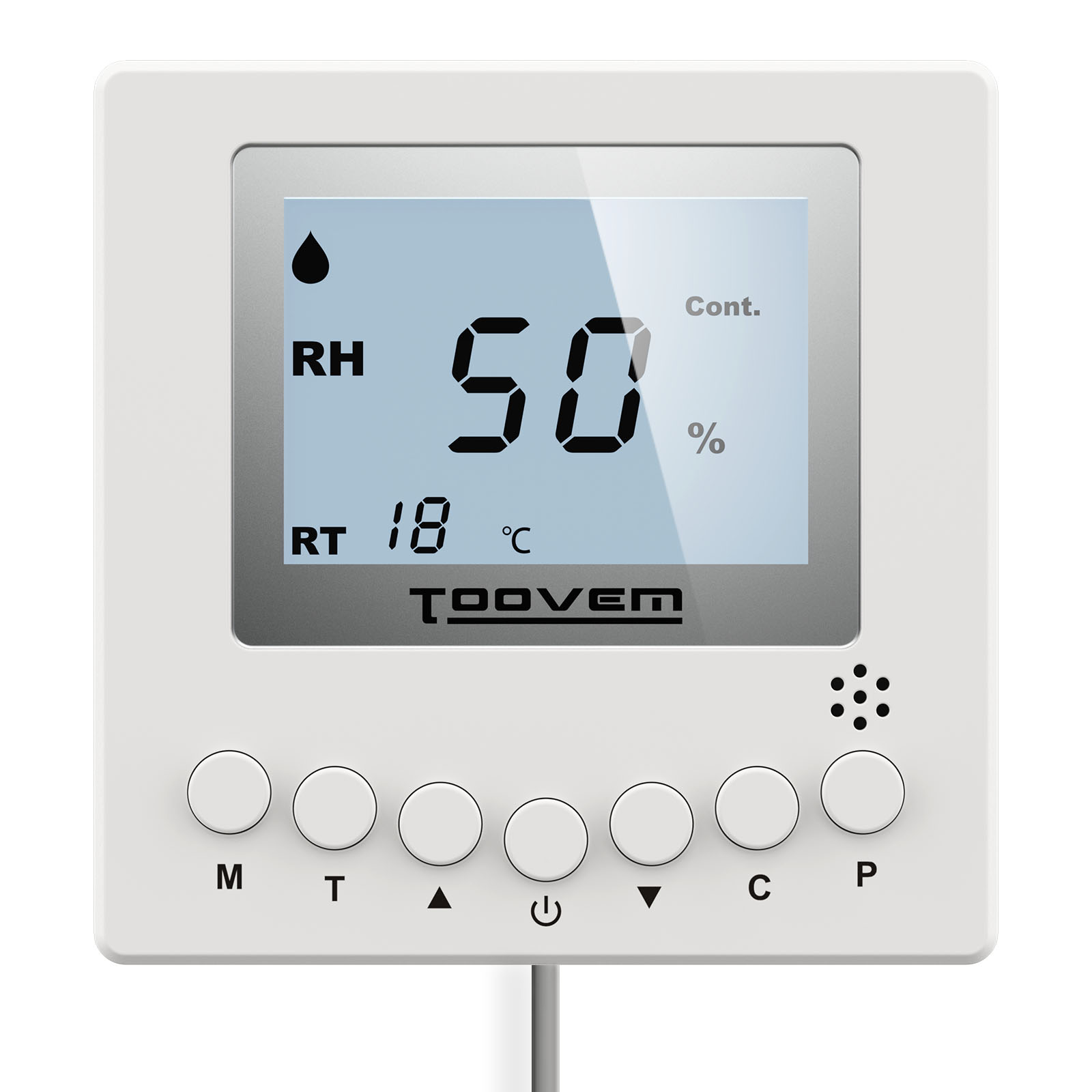
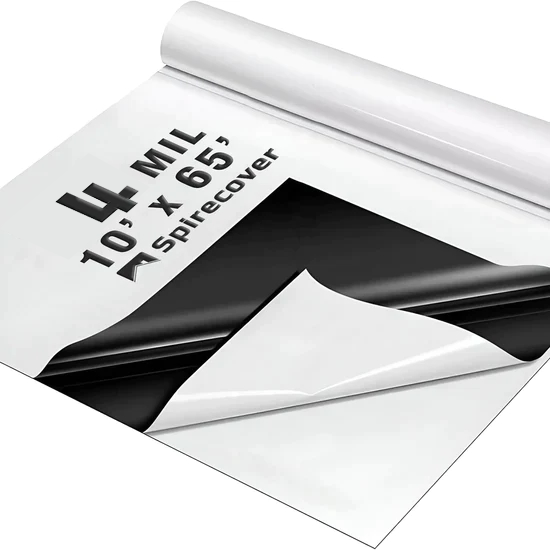
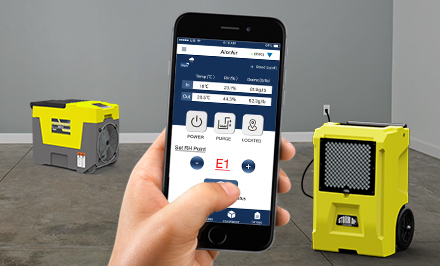
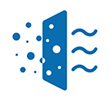
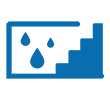

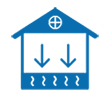
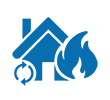
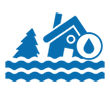
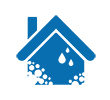
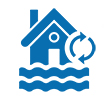
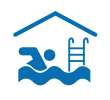

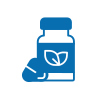


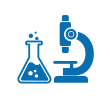


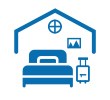
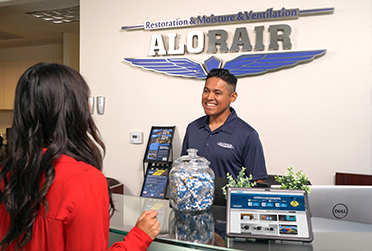





 Exclusive offers
promotions
Exclusive offers
promotions

